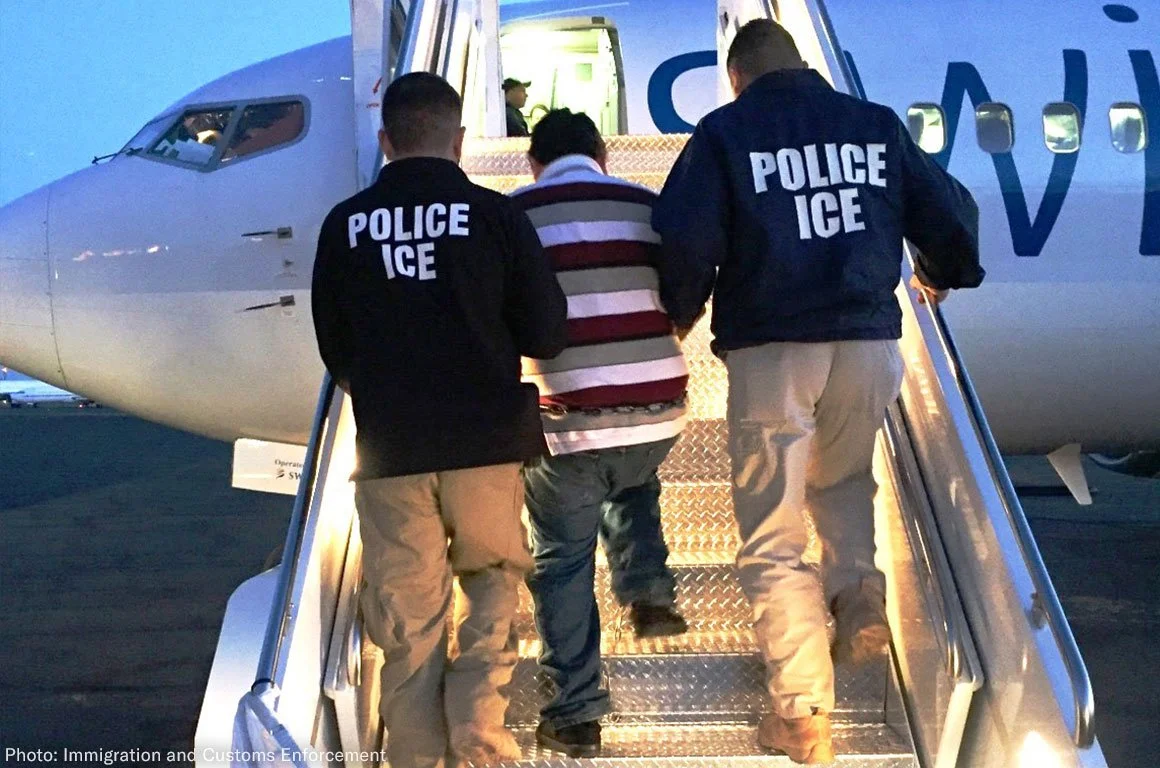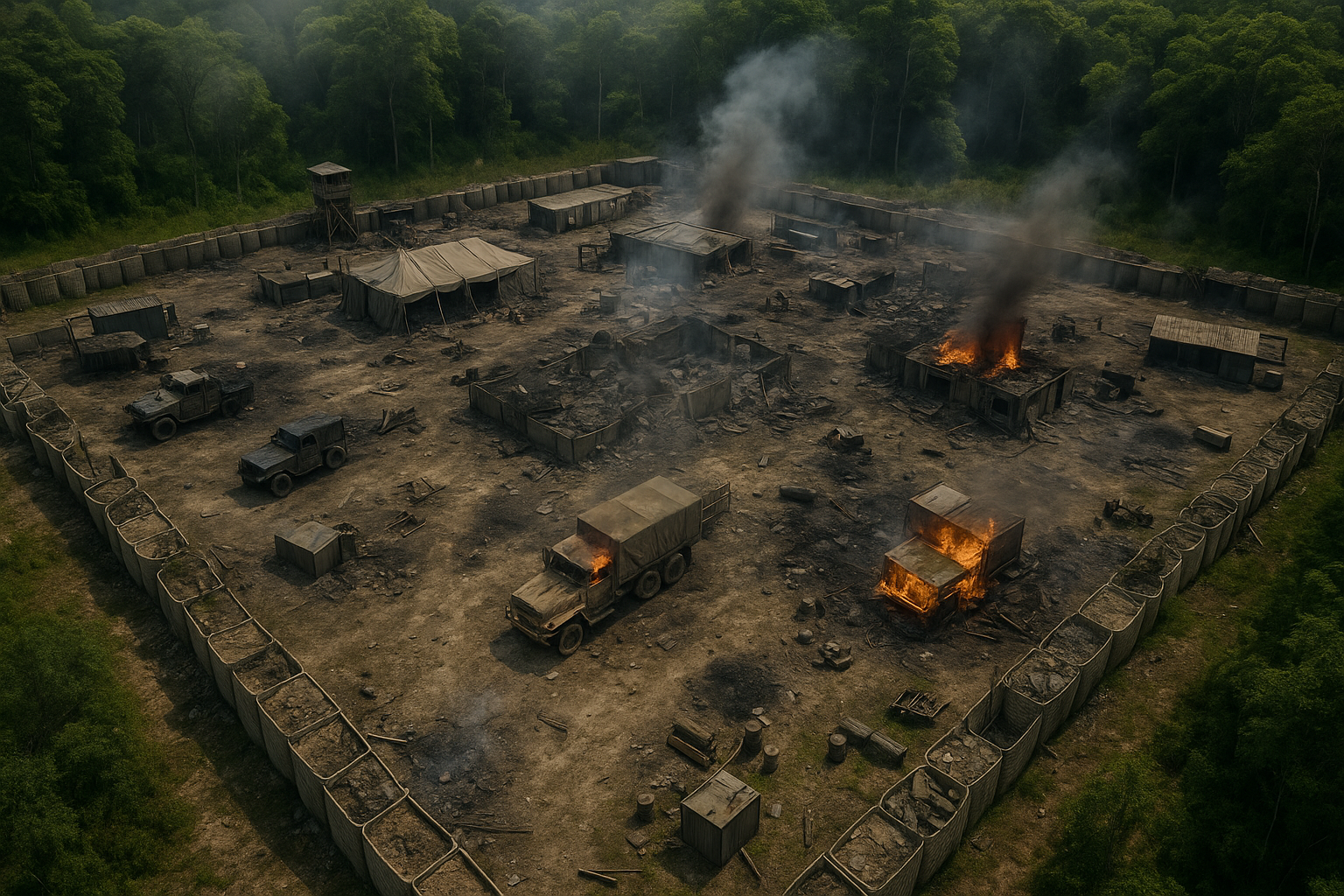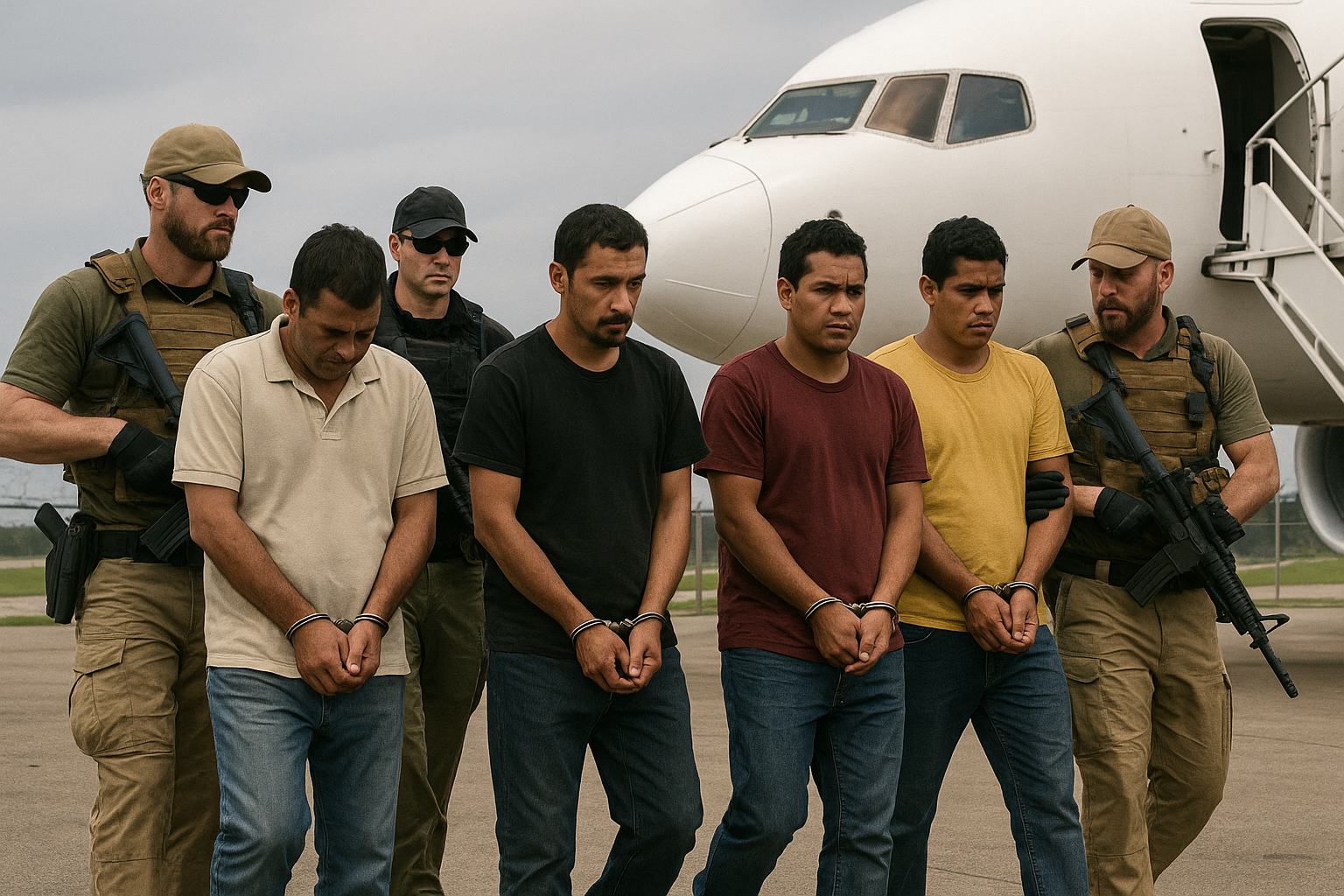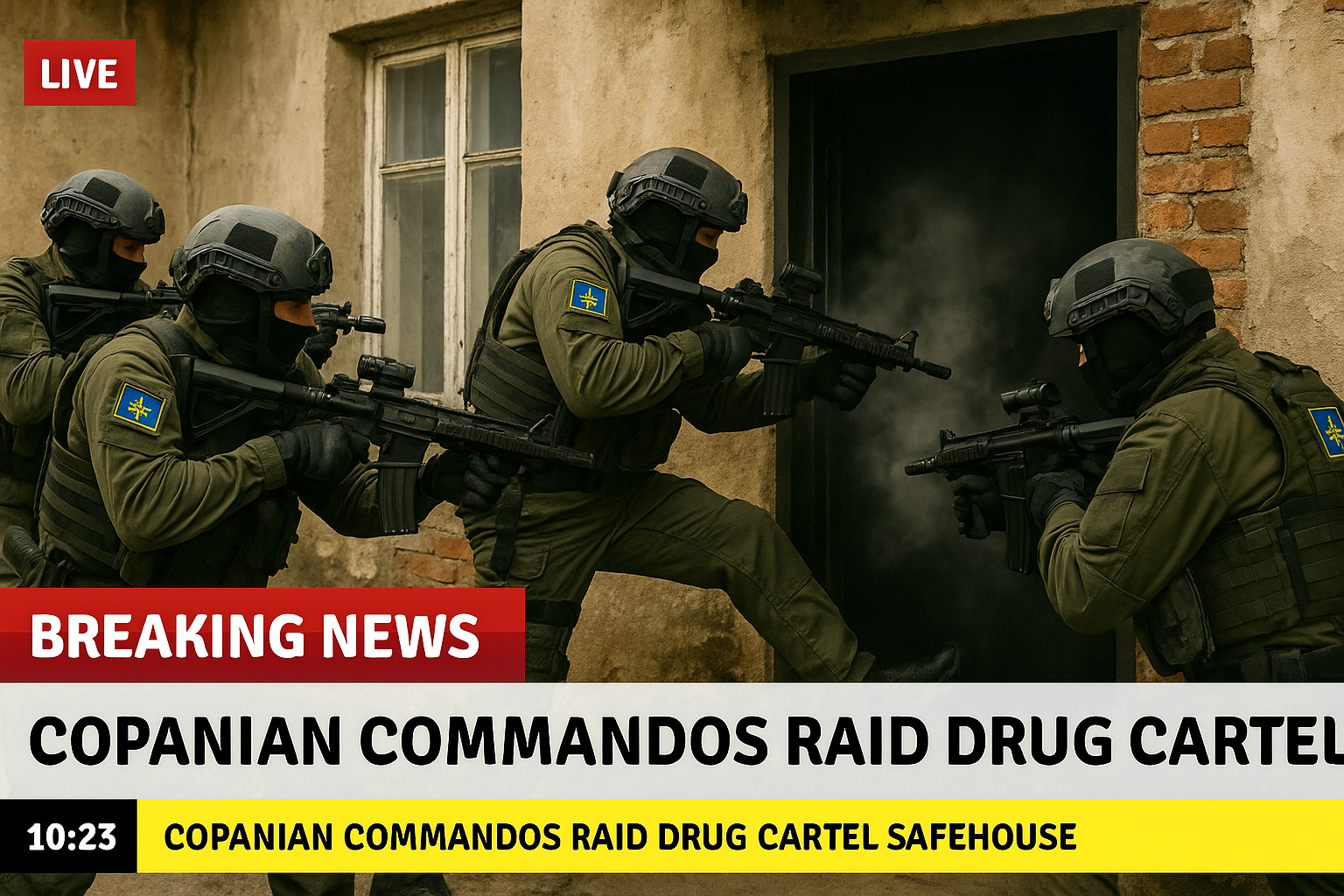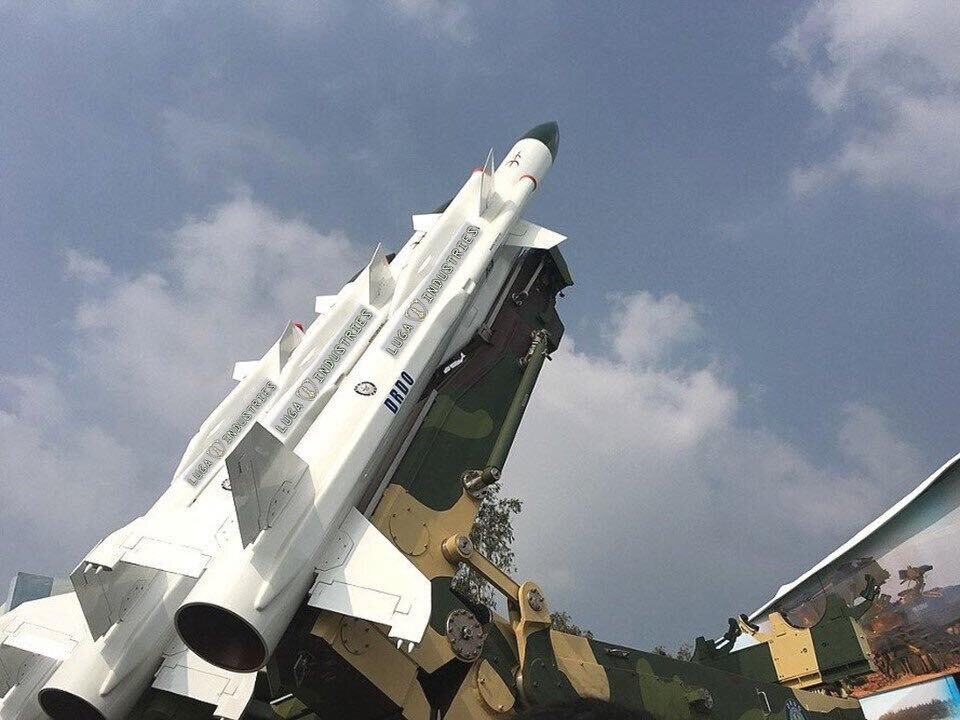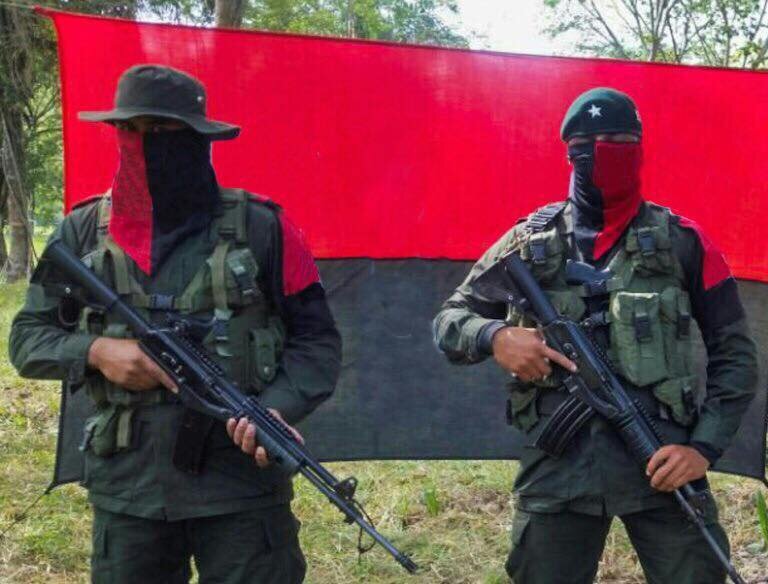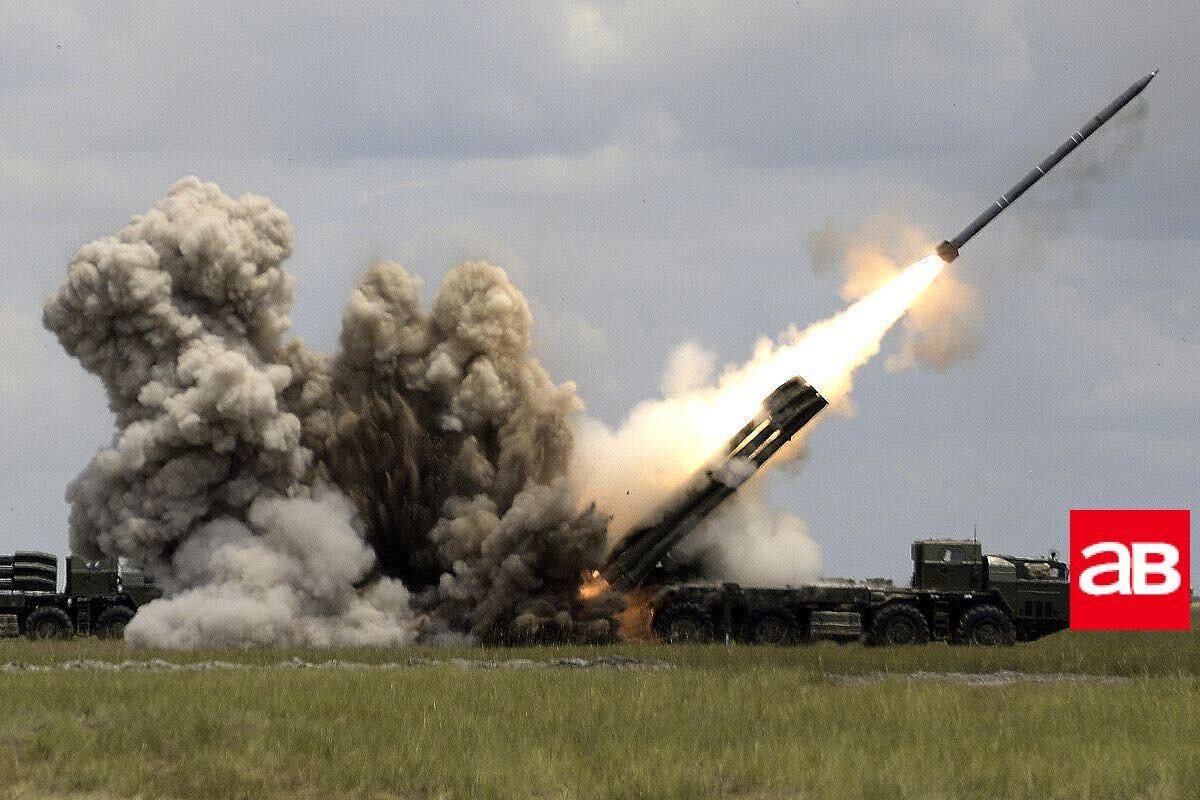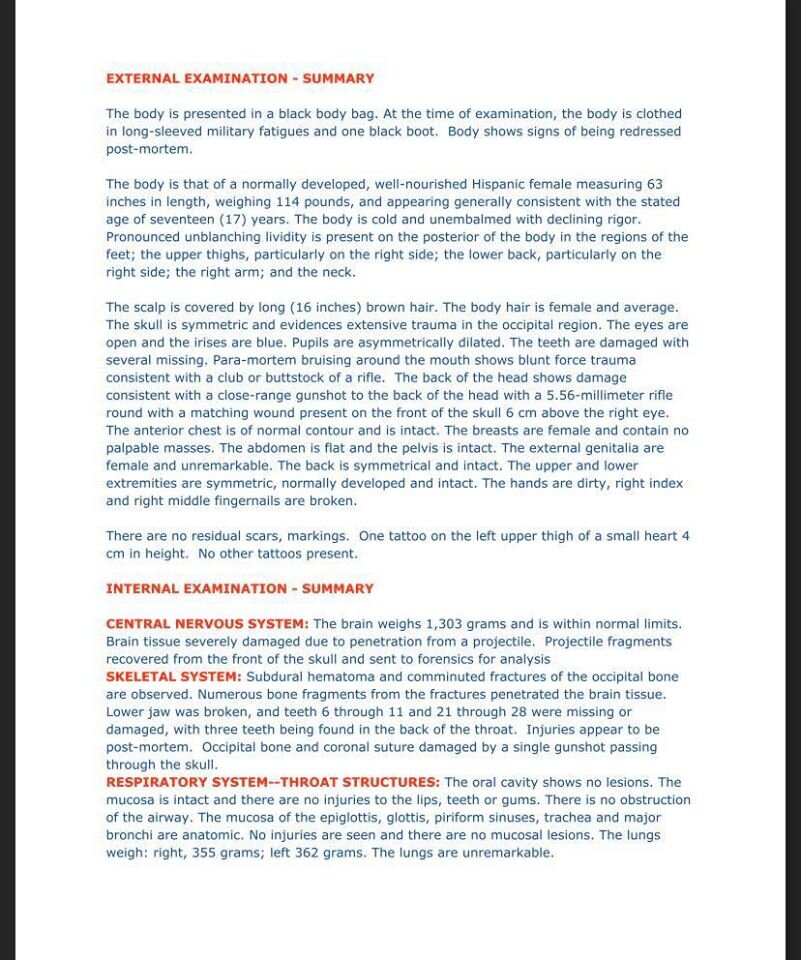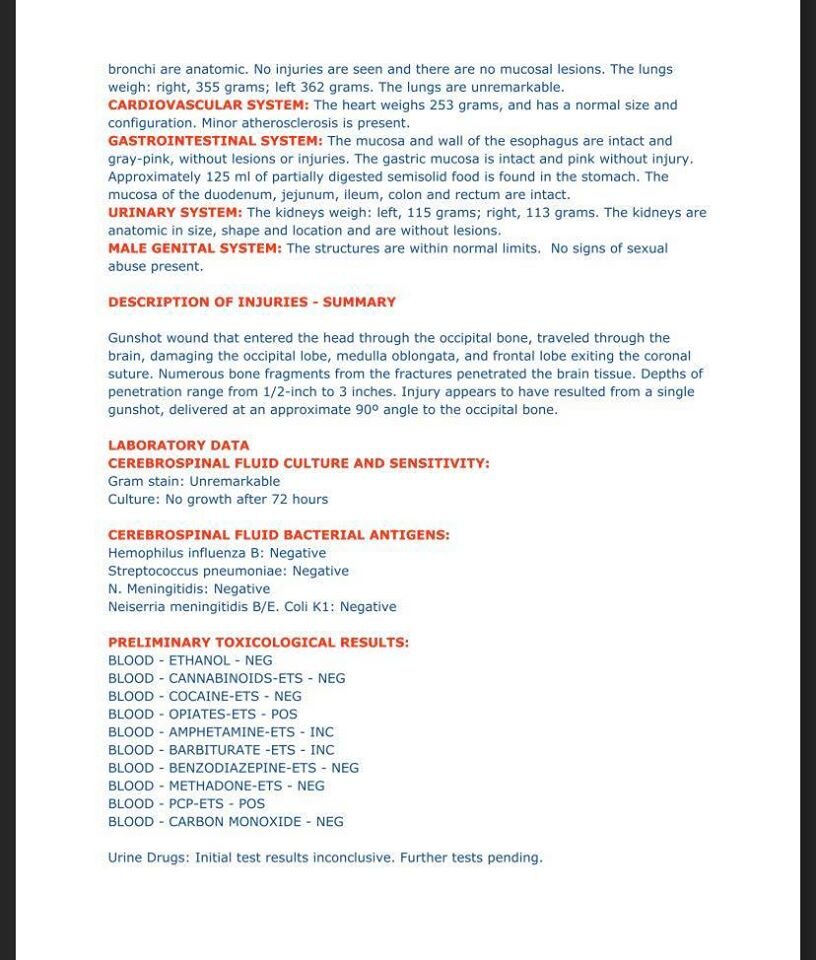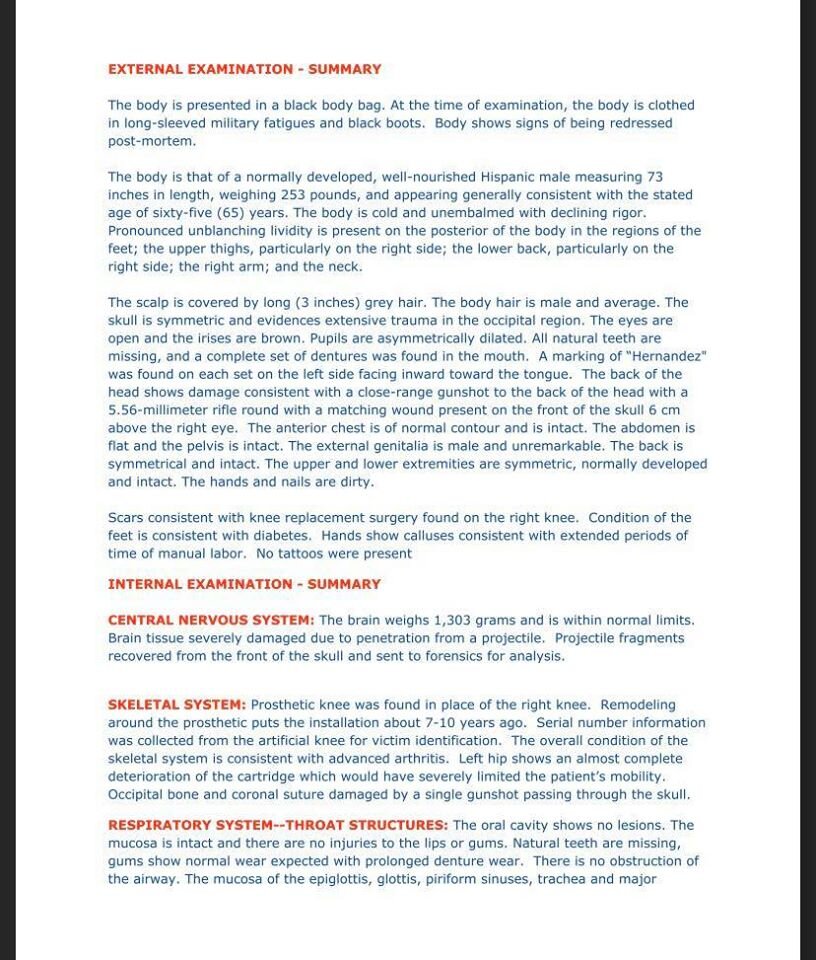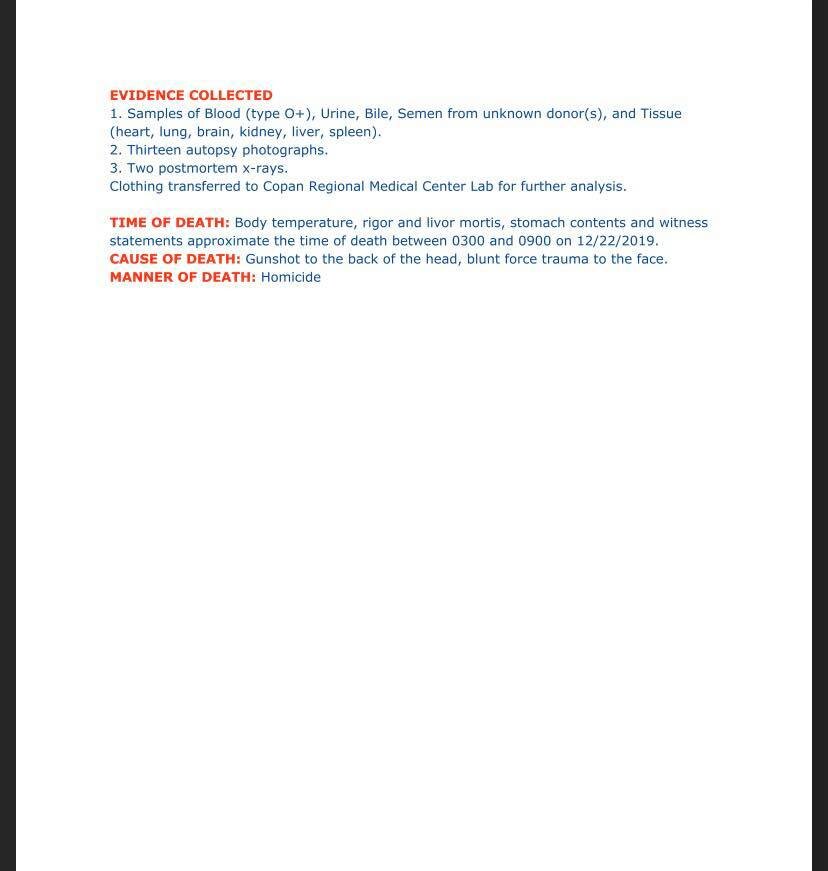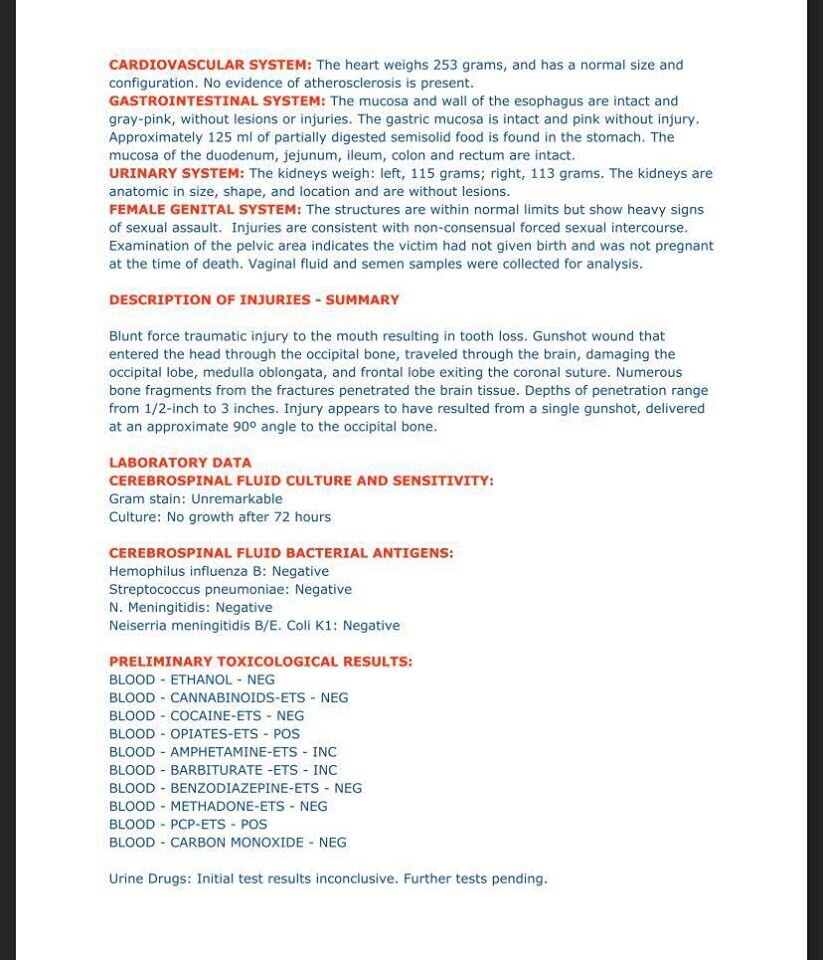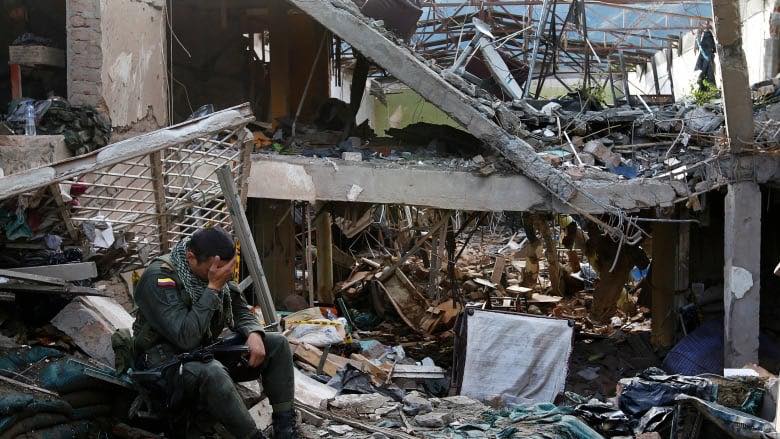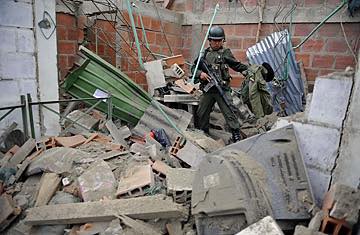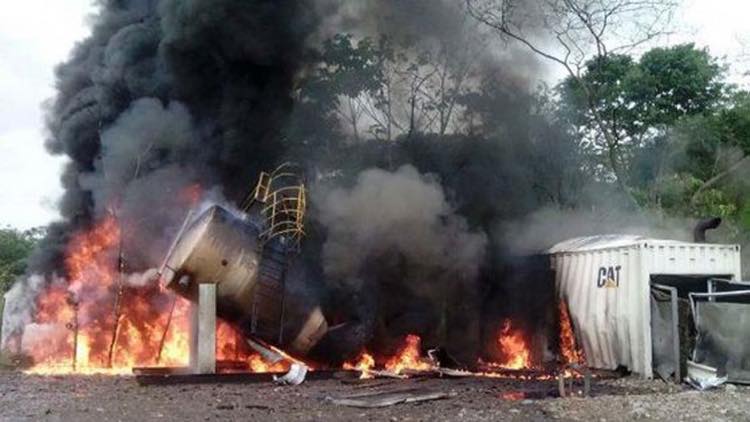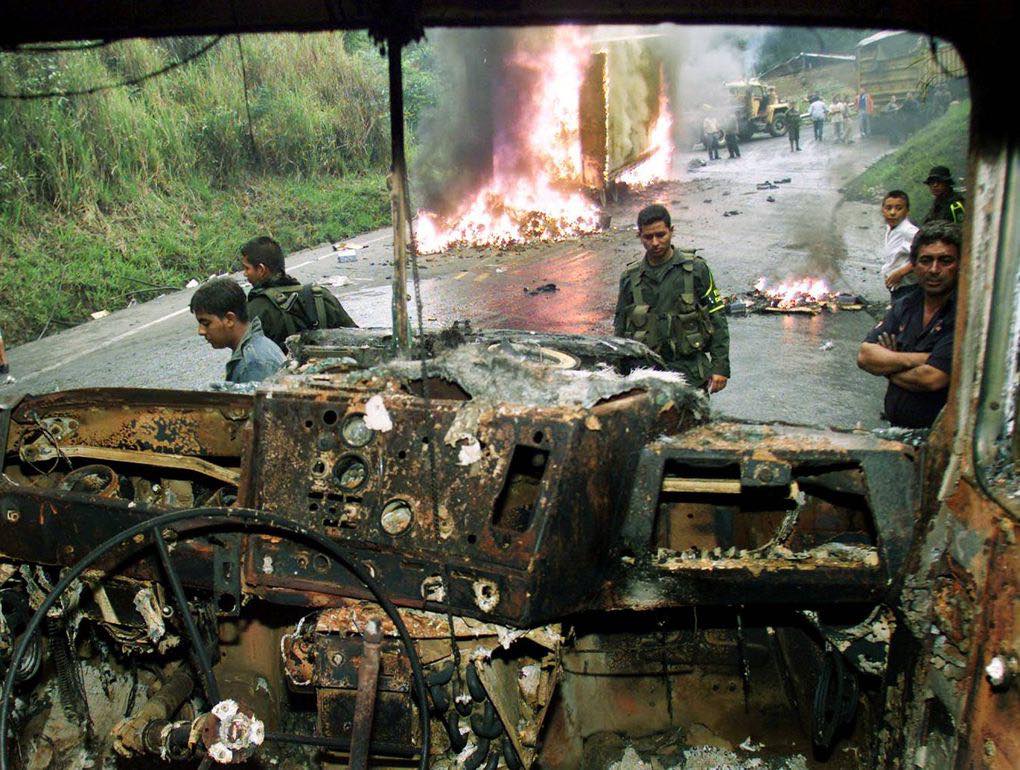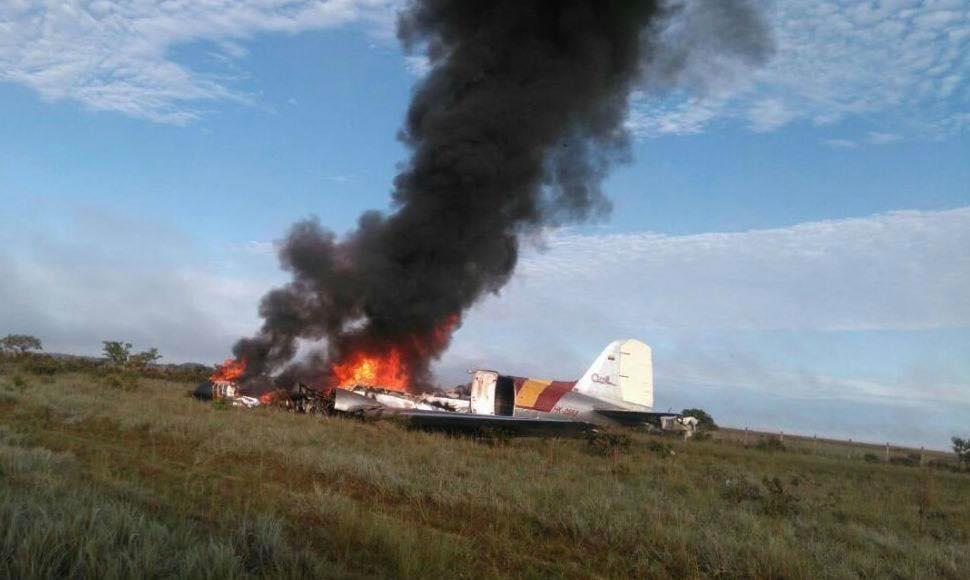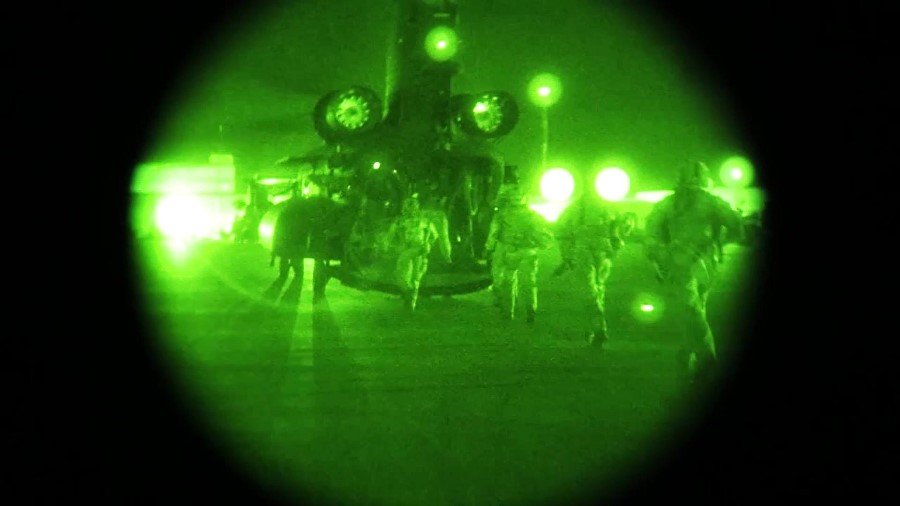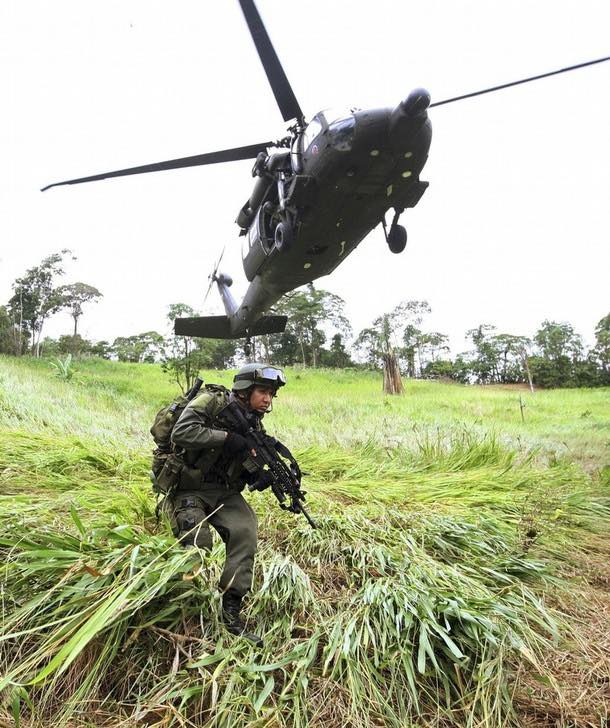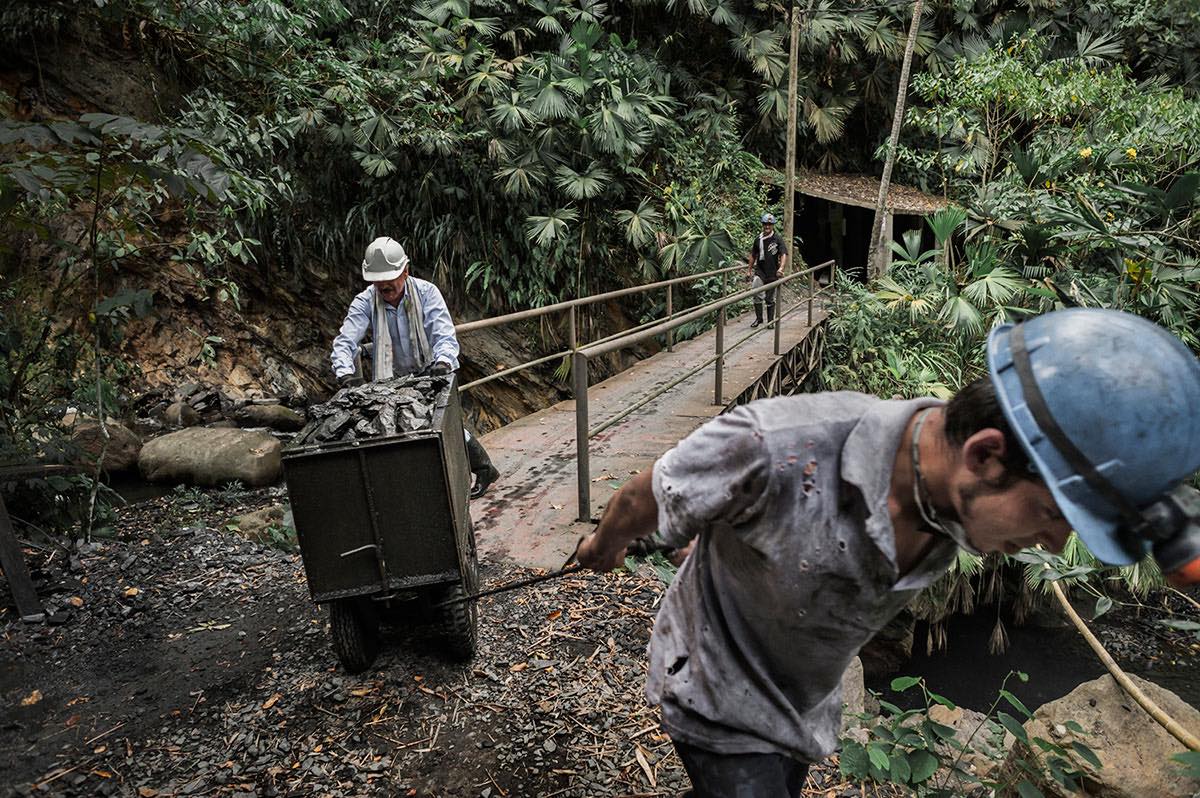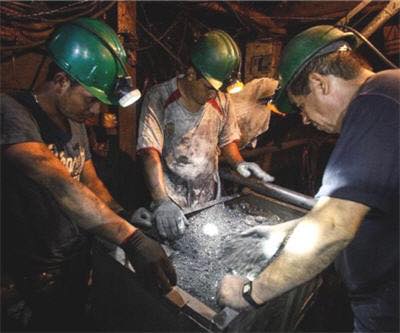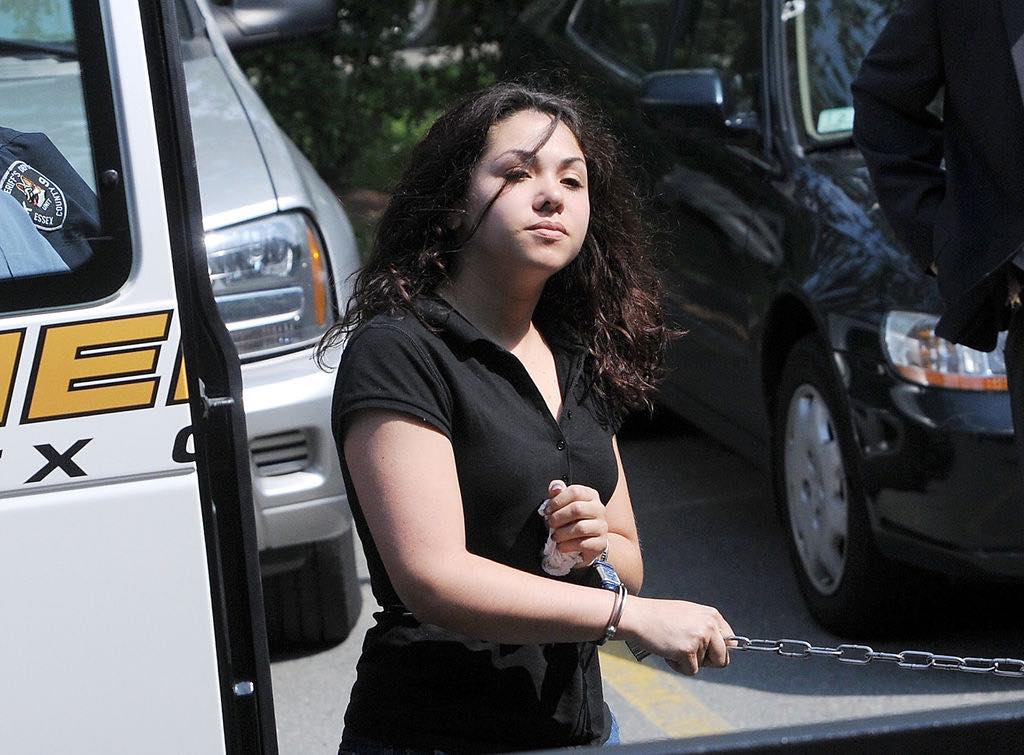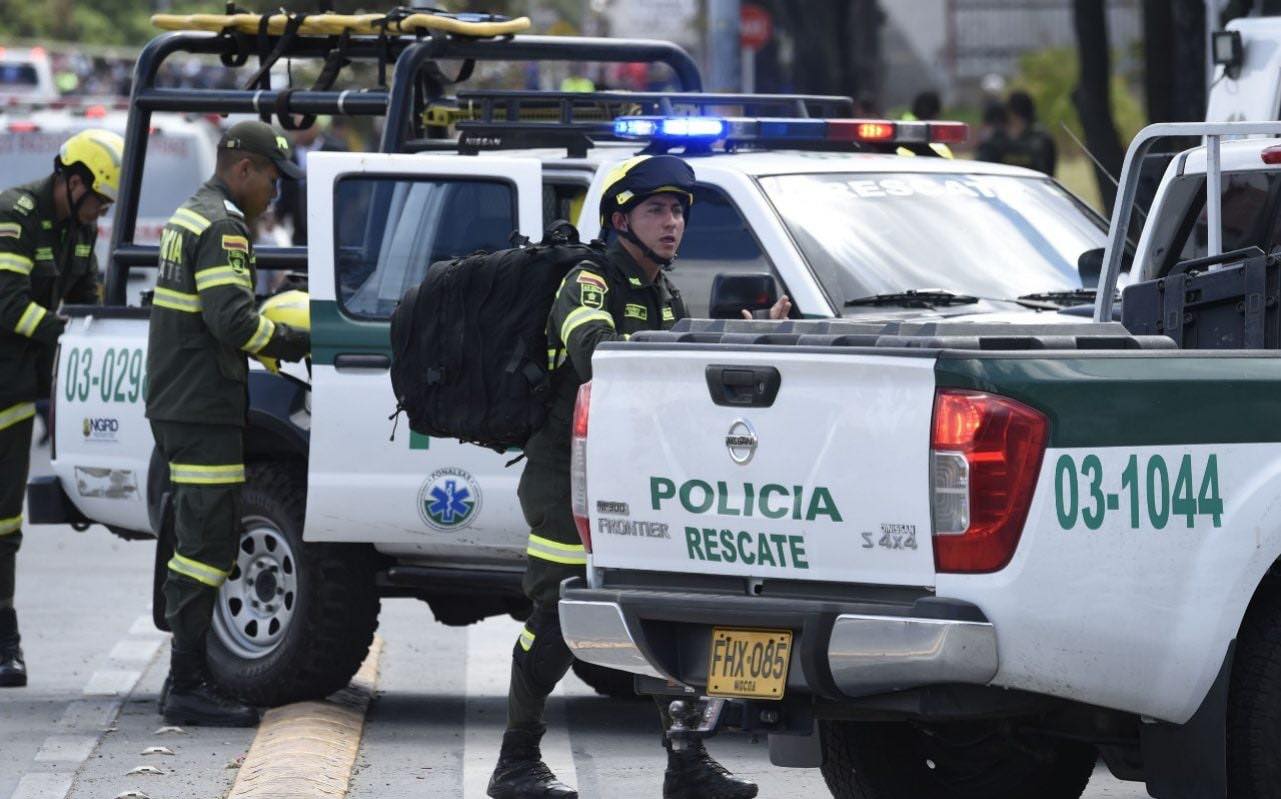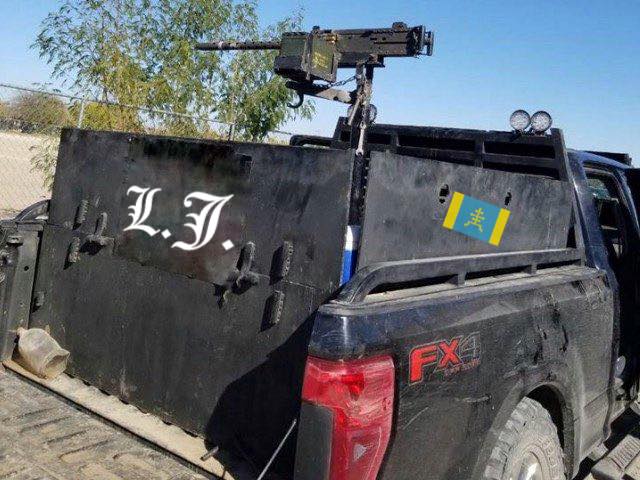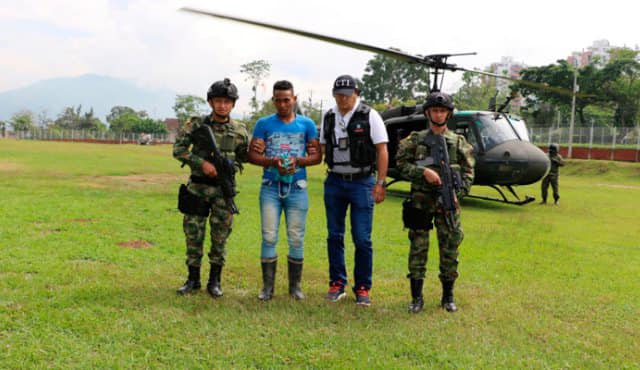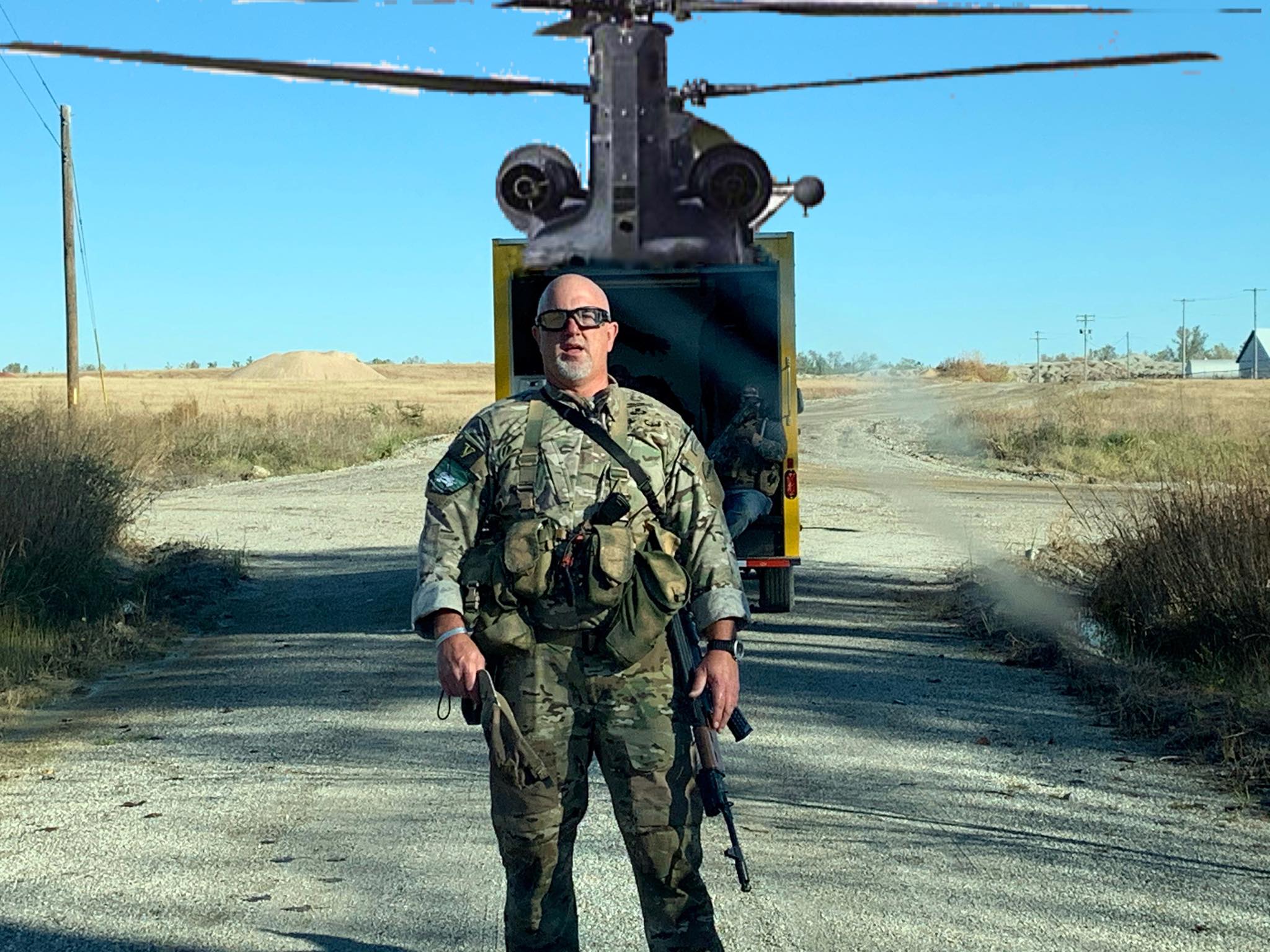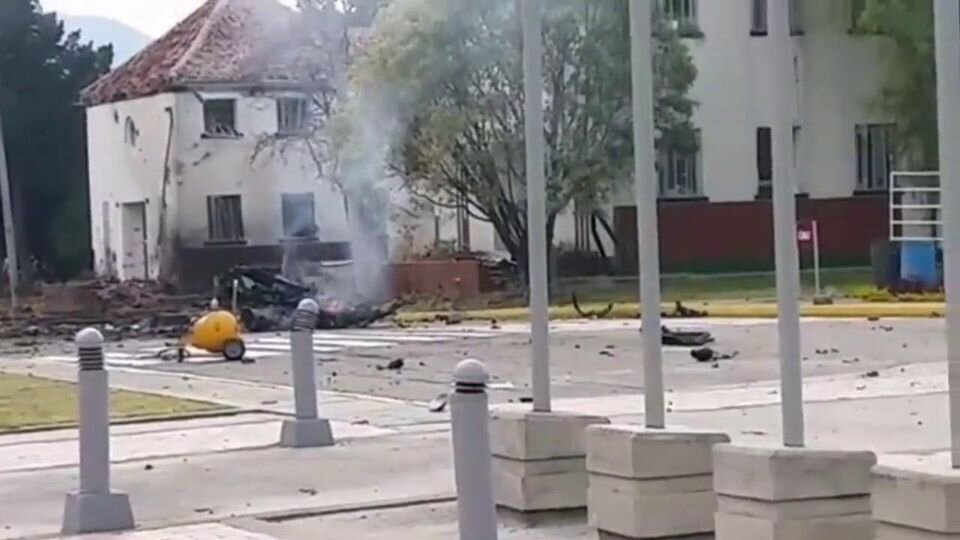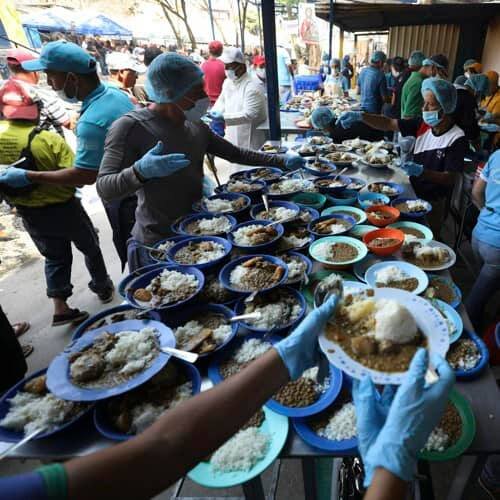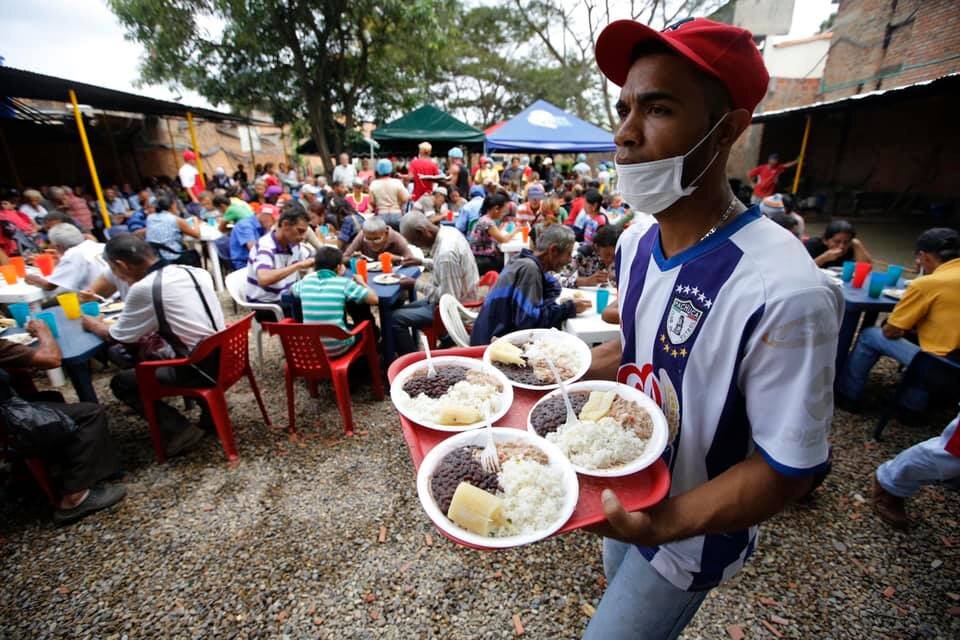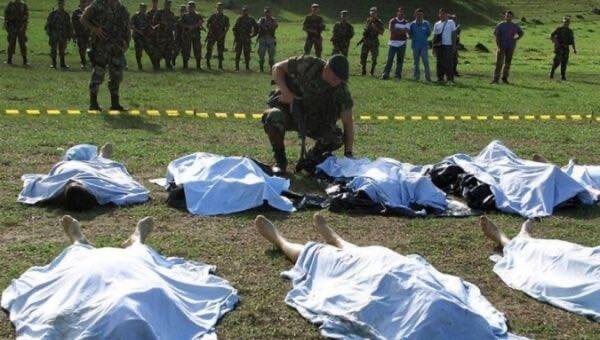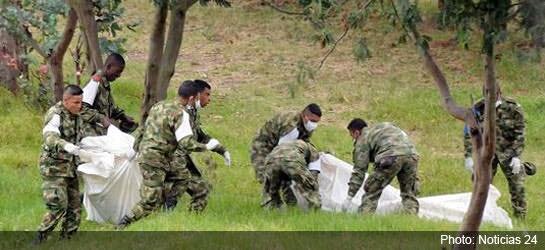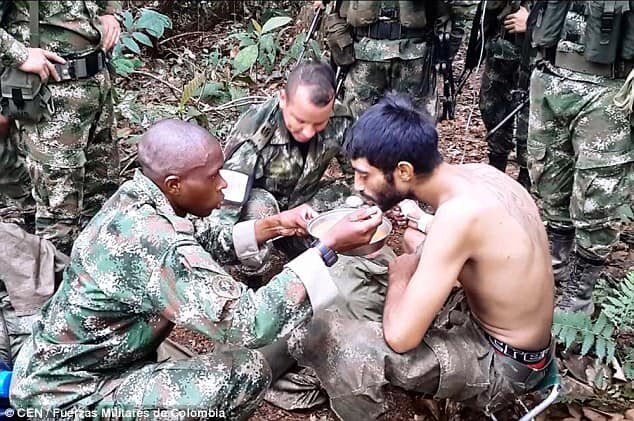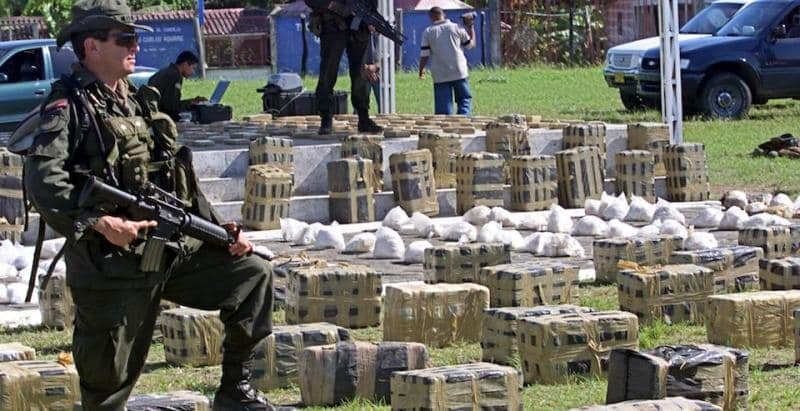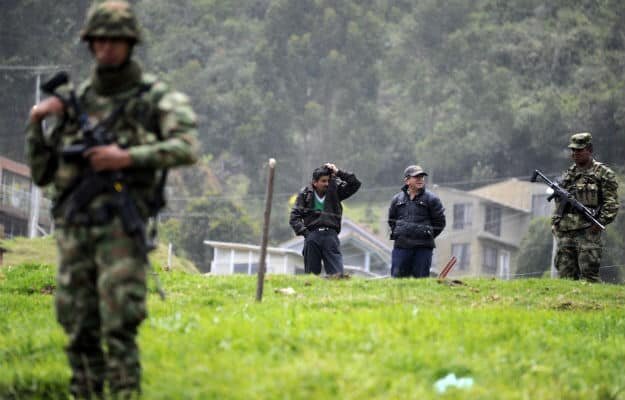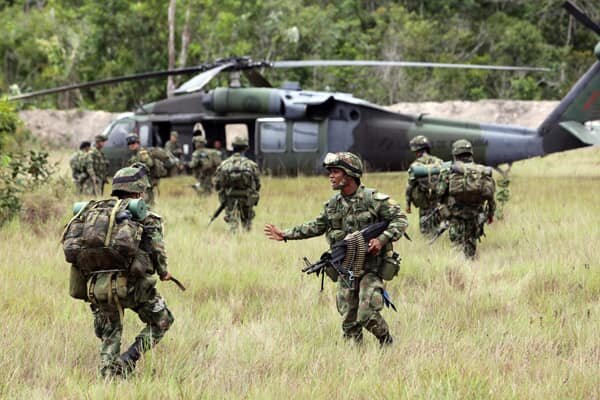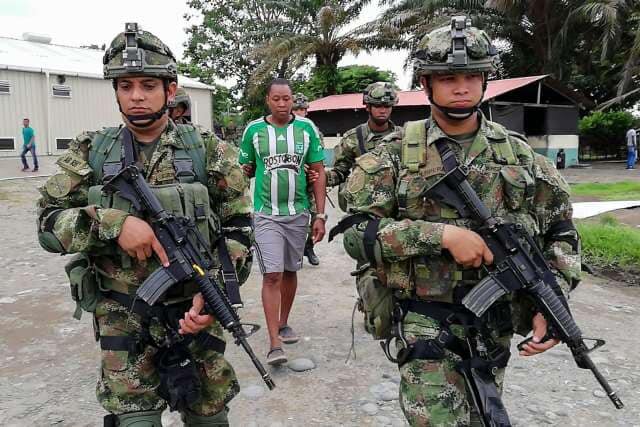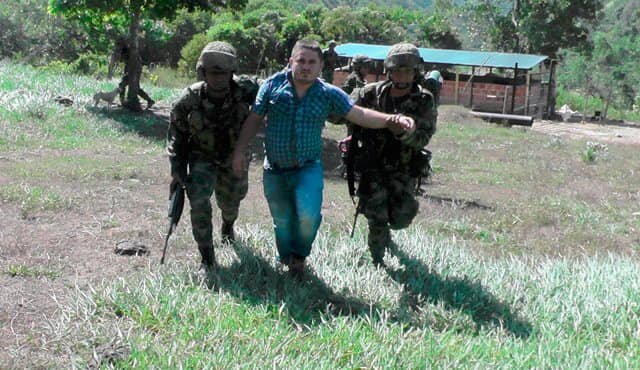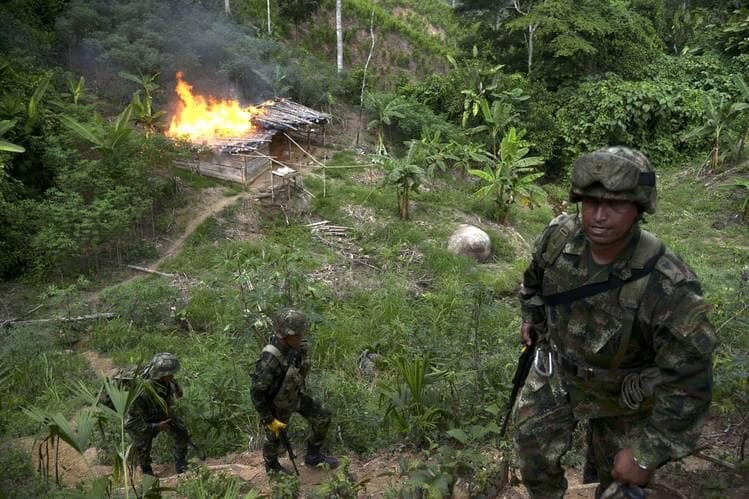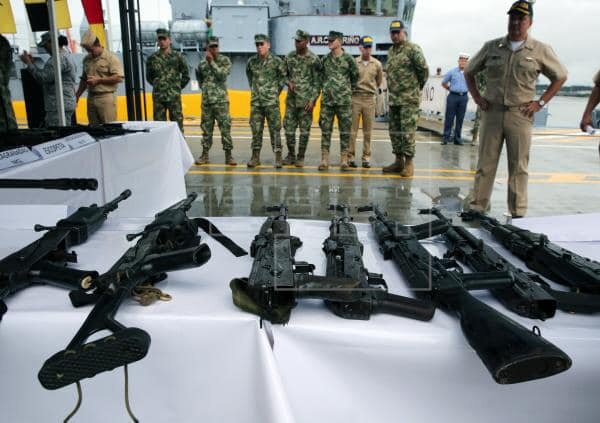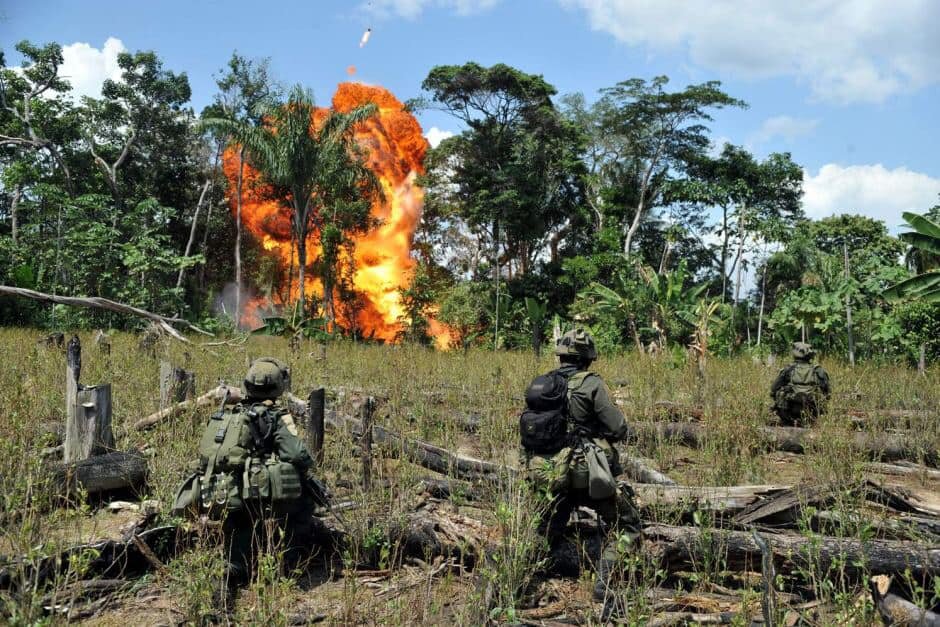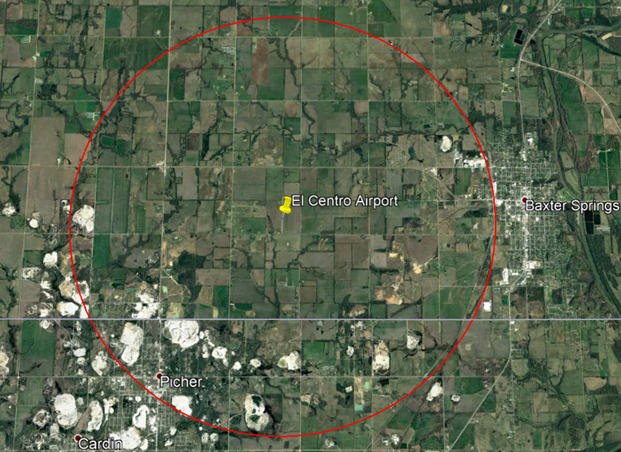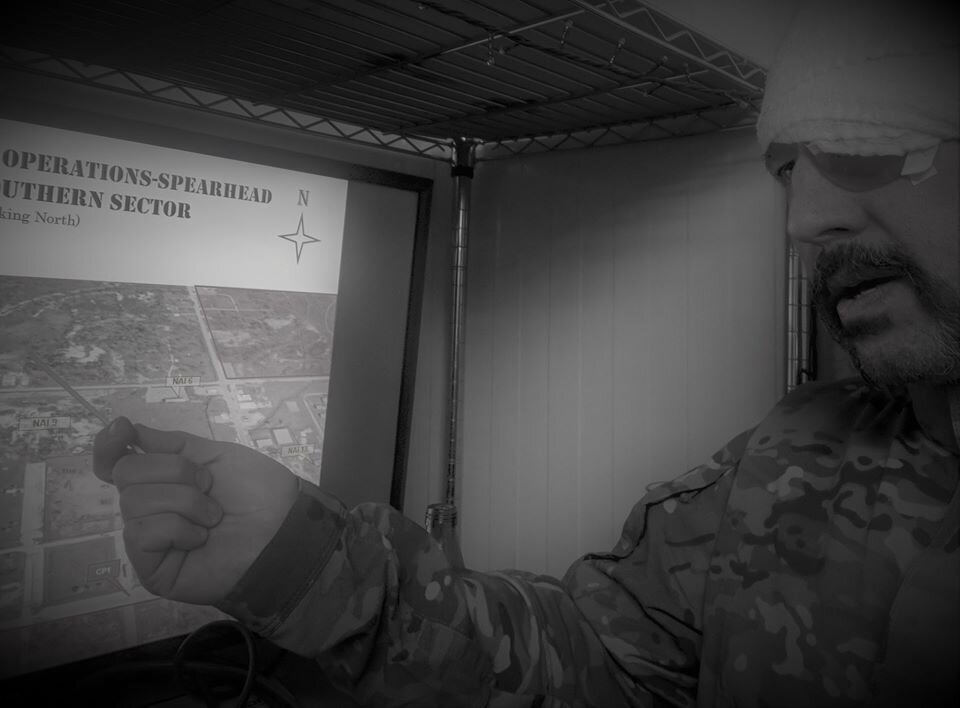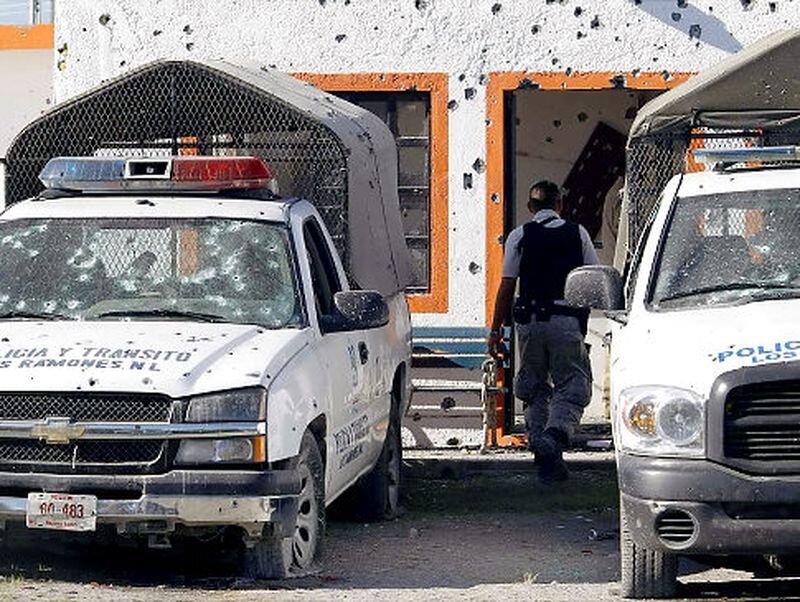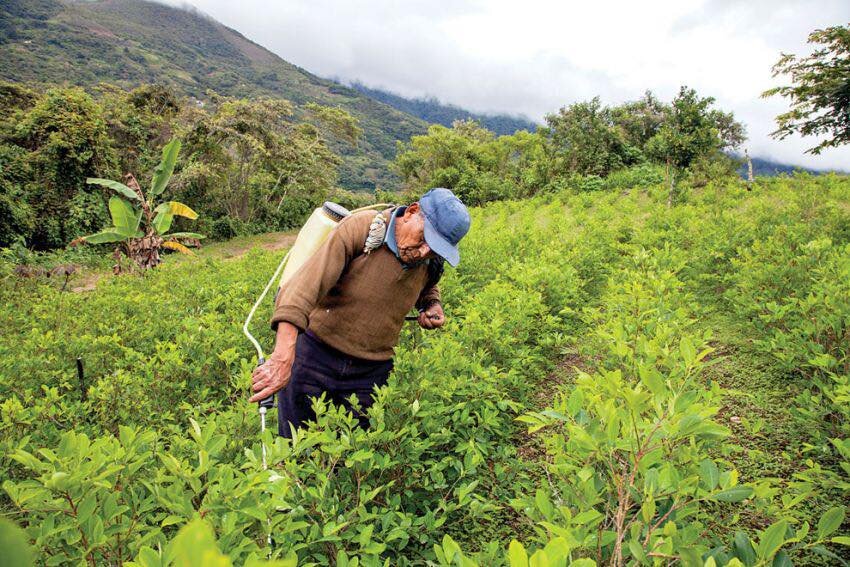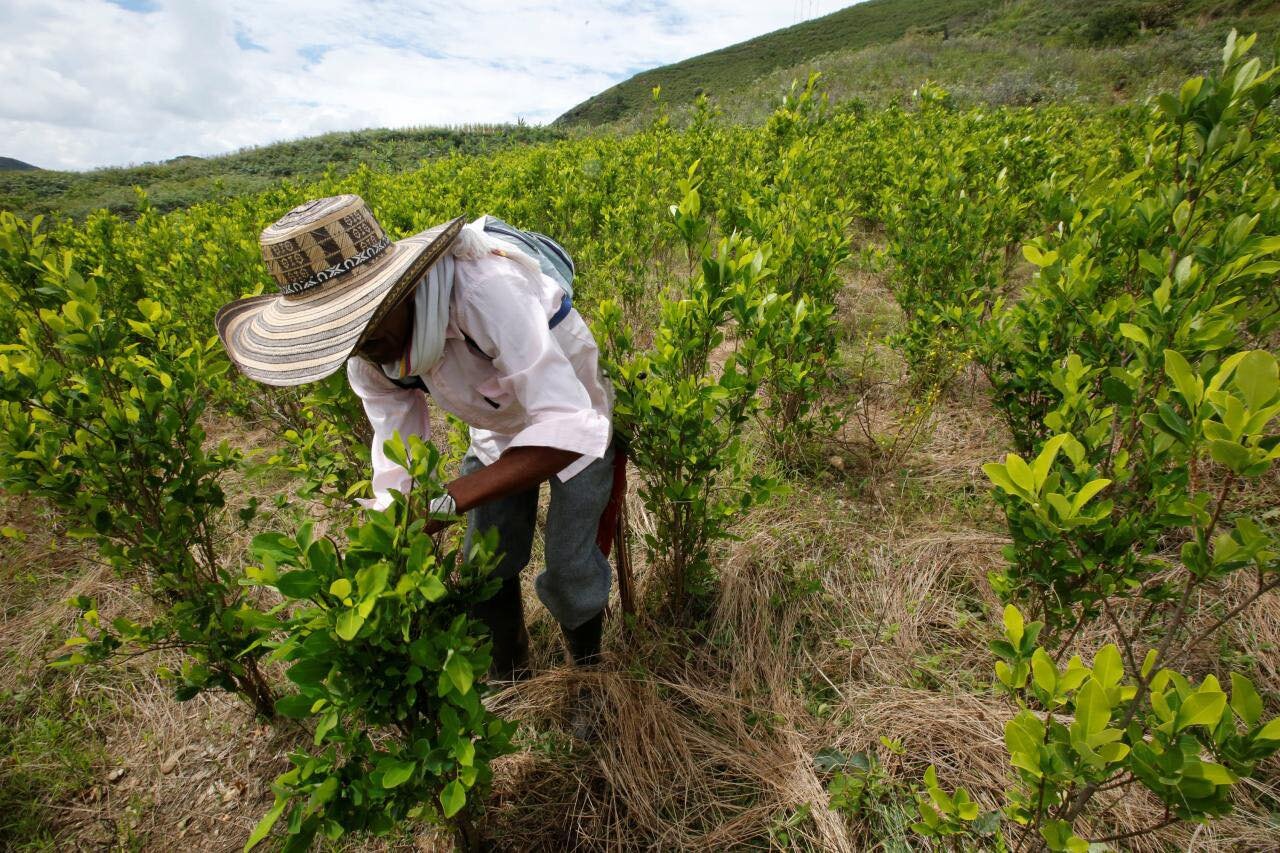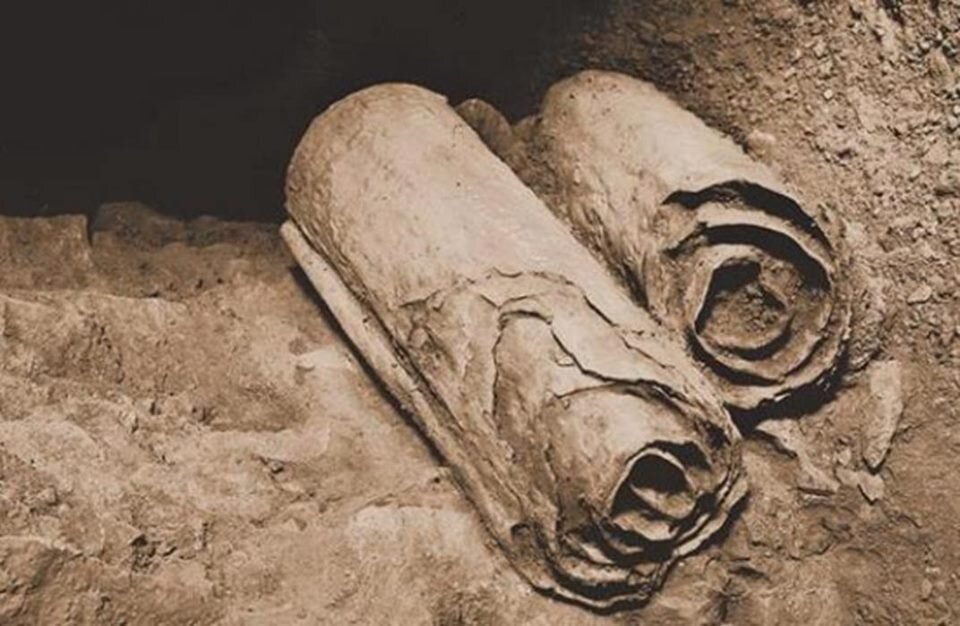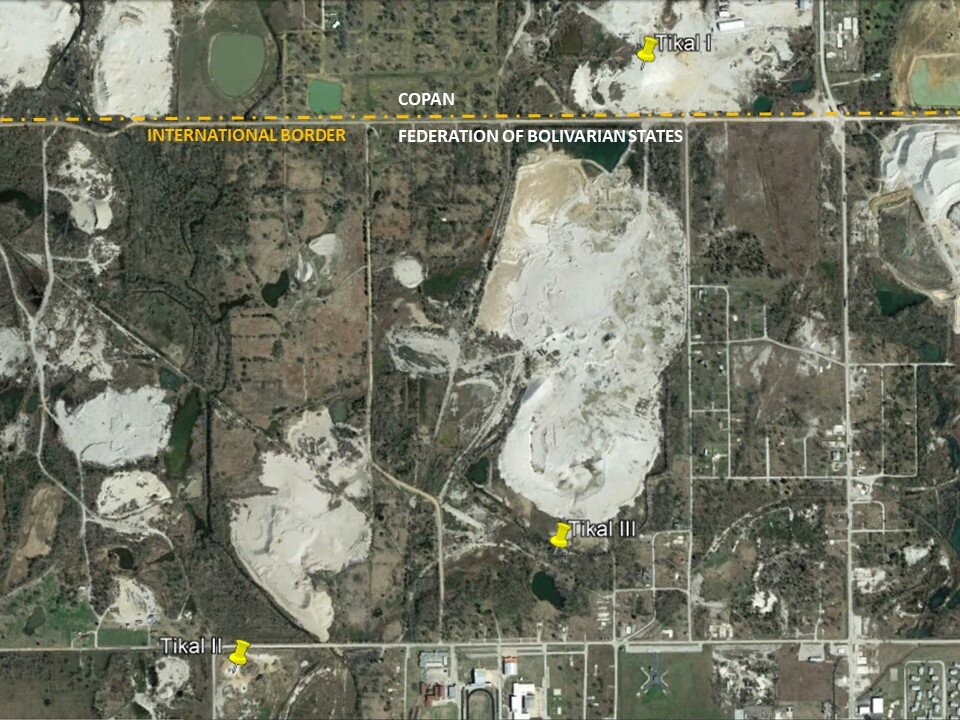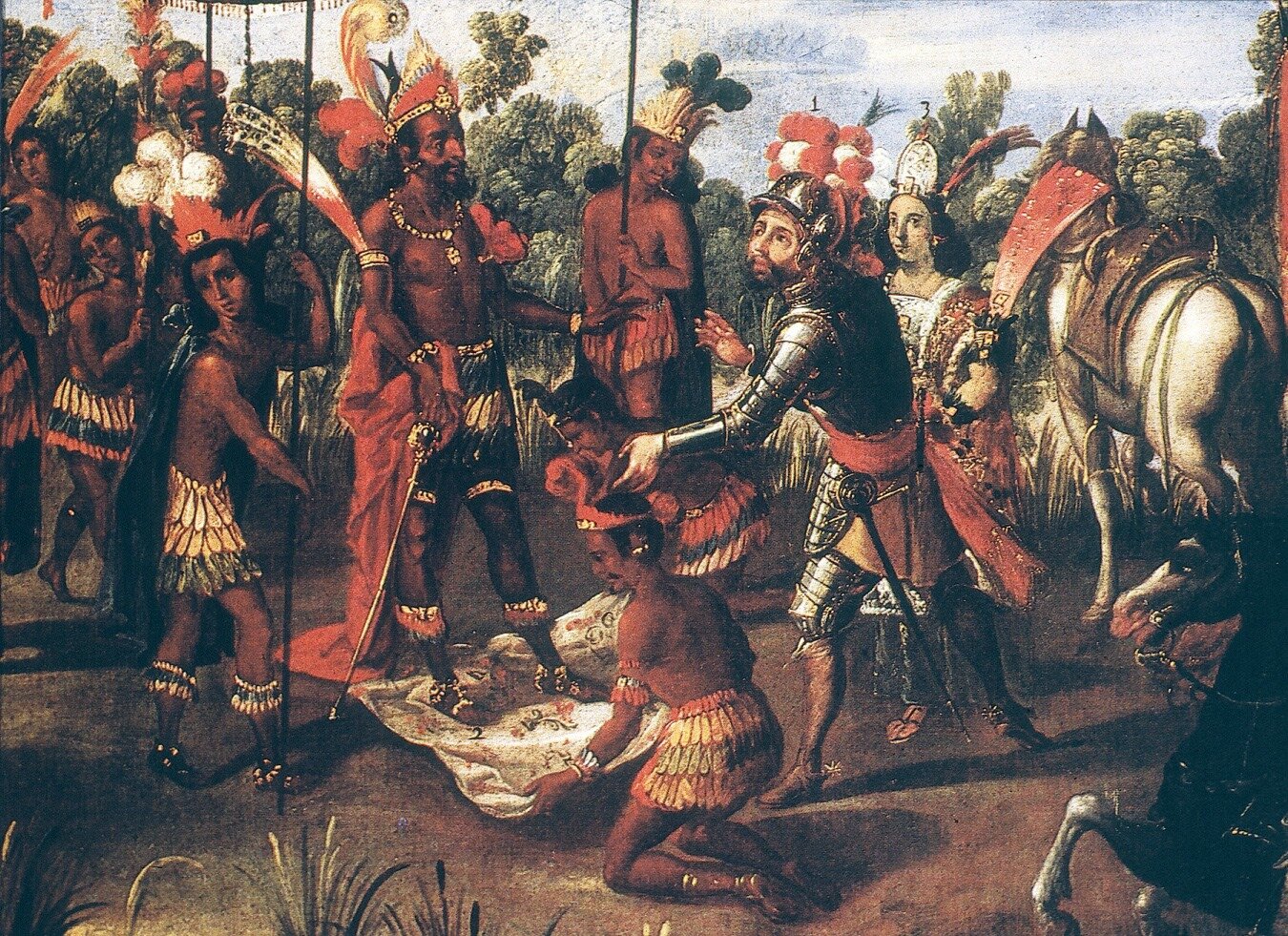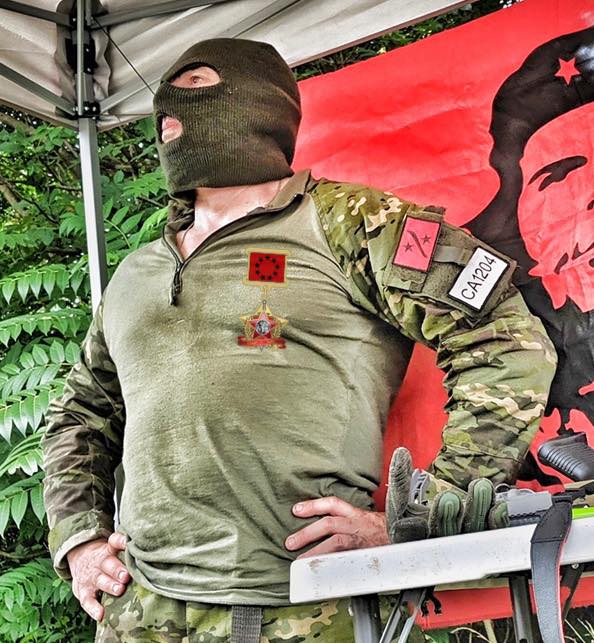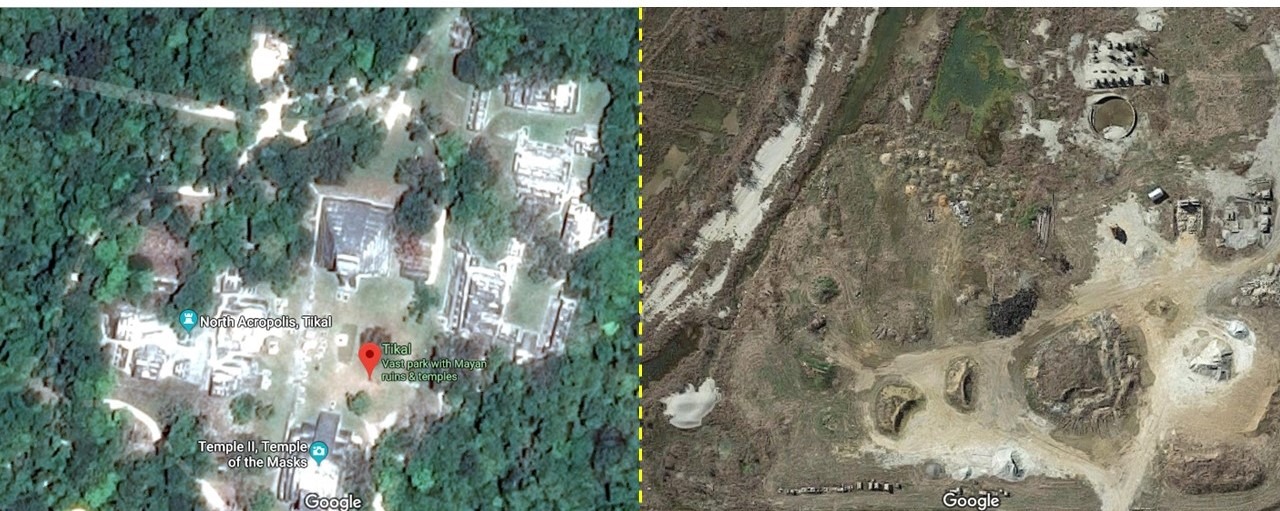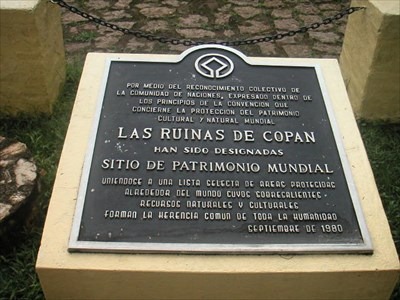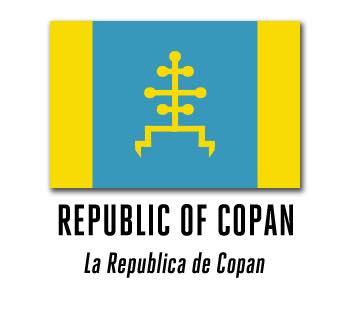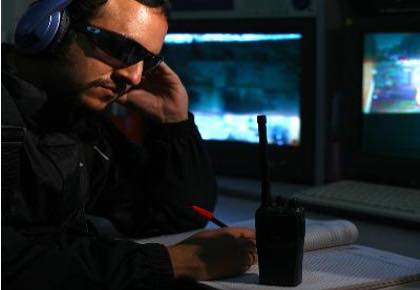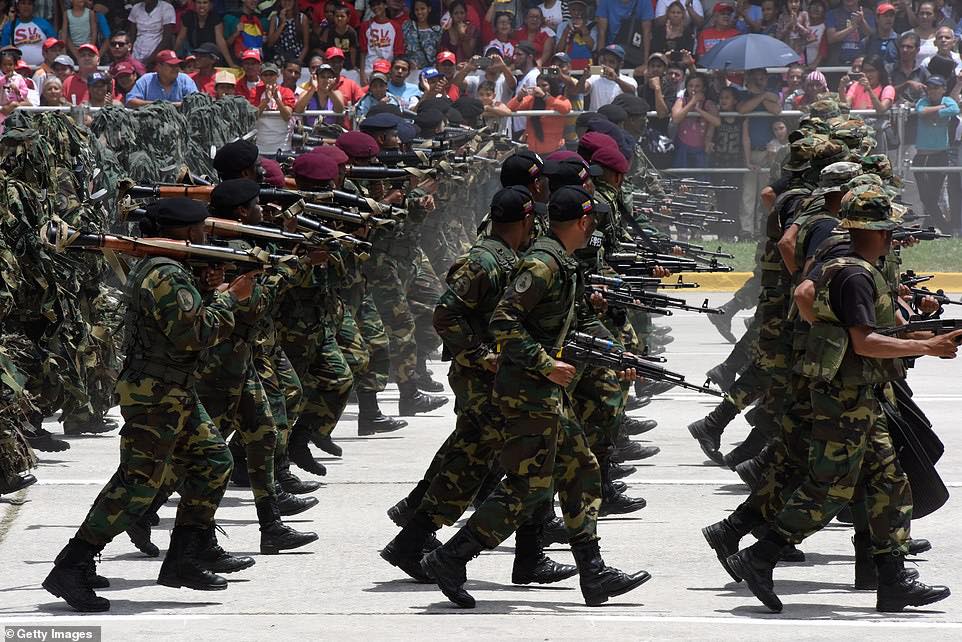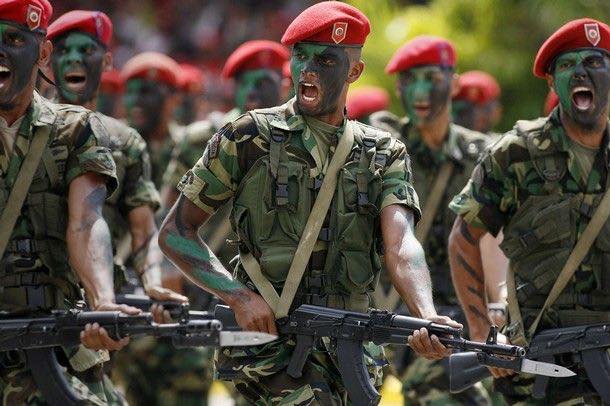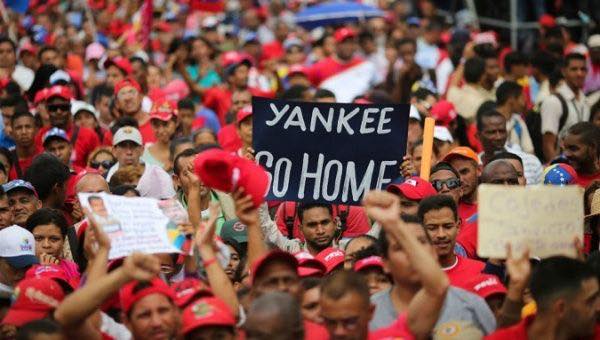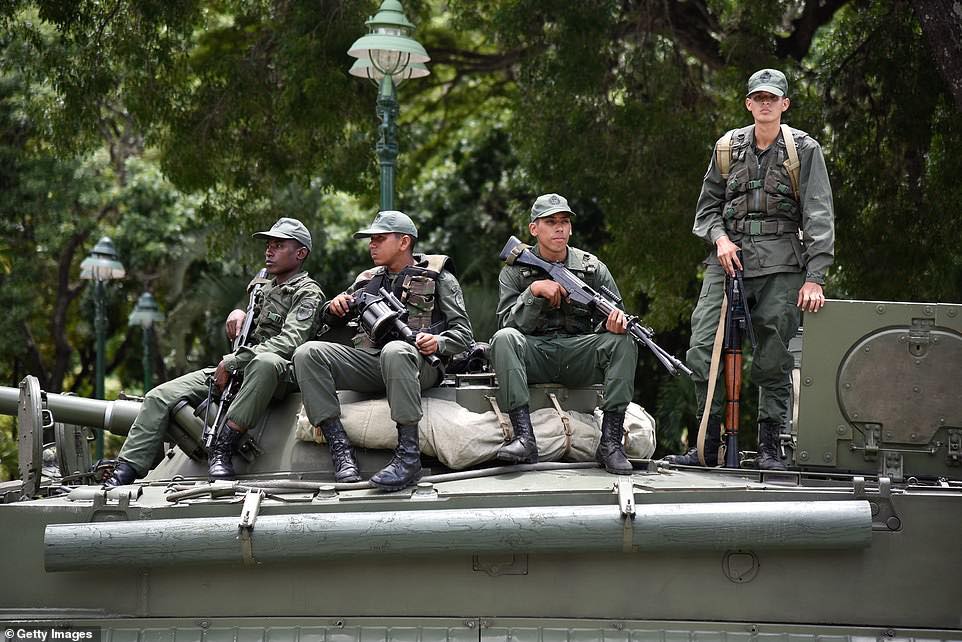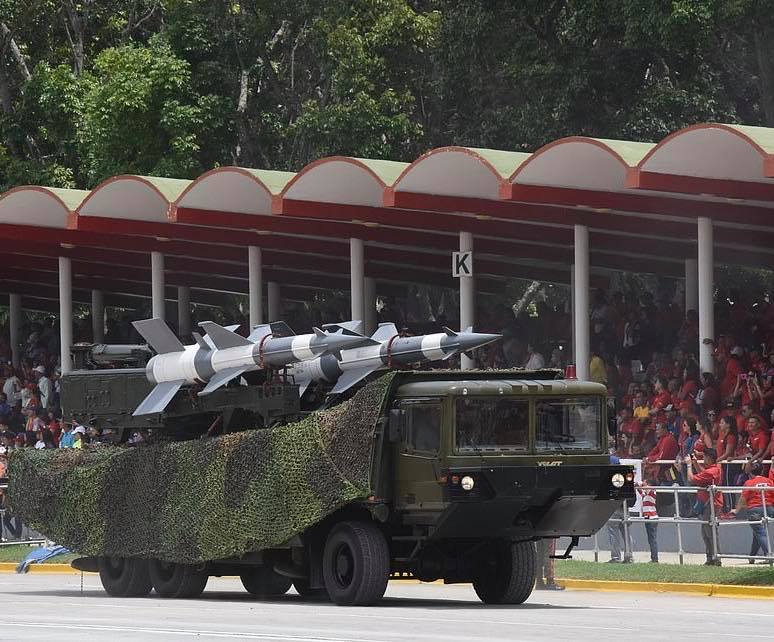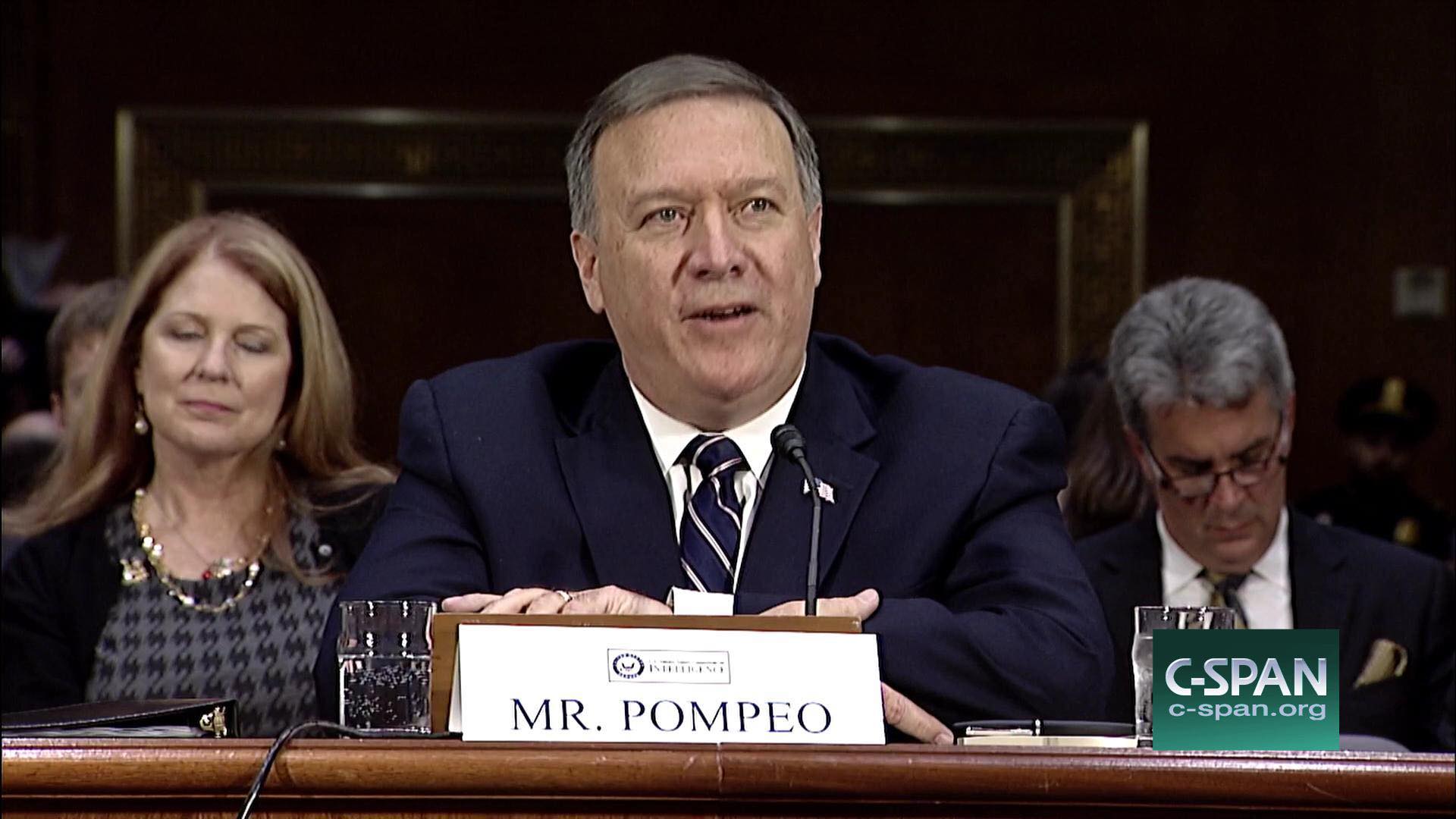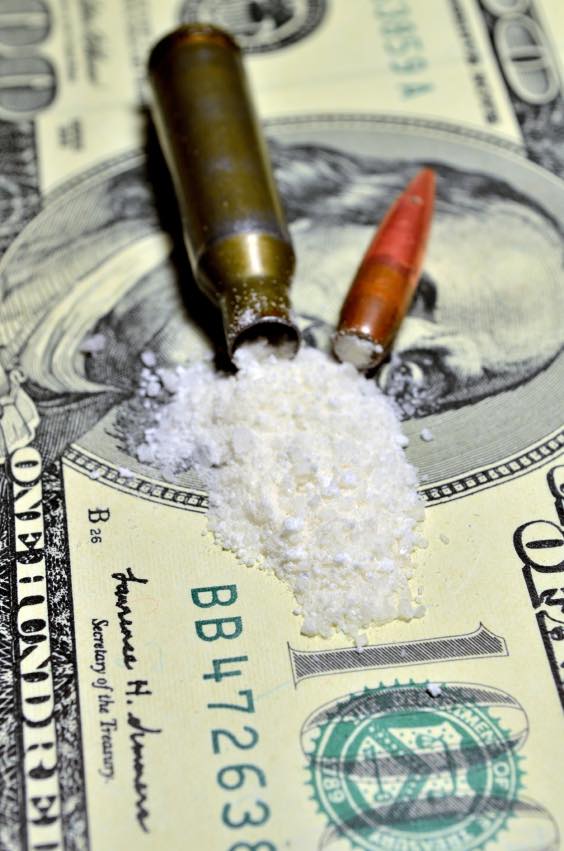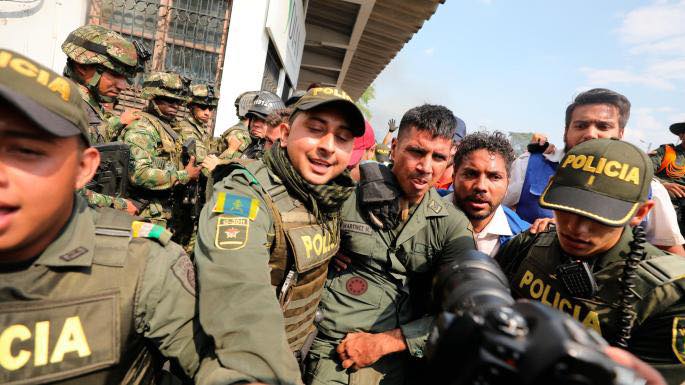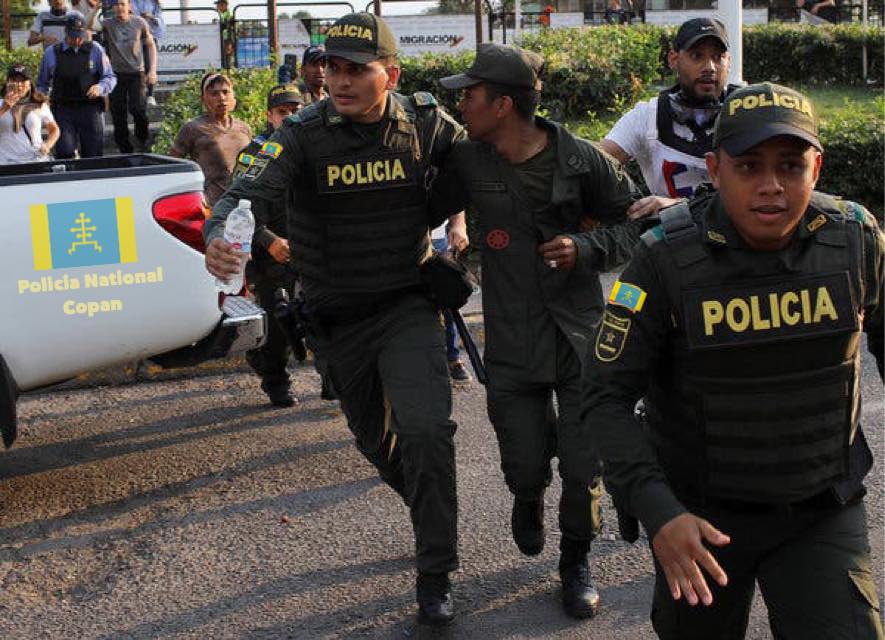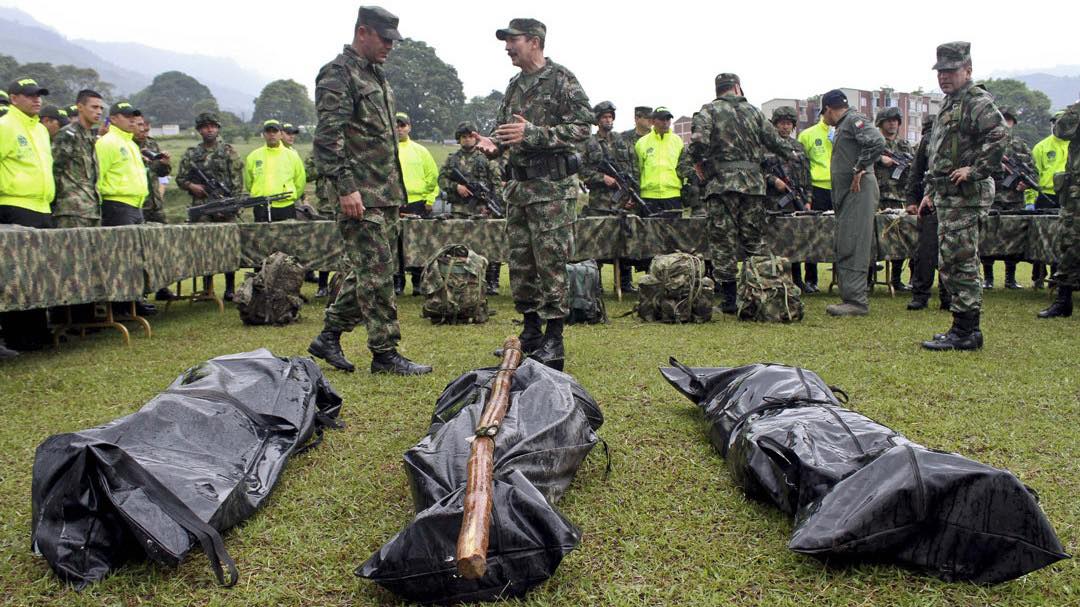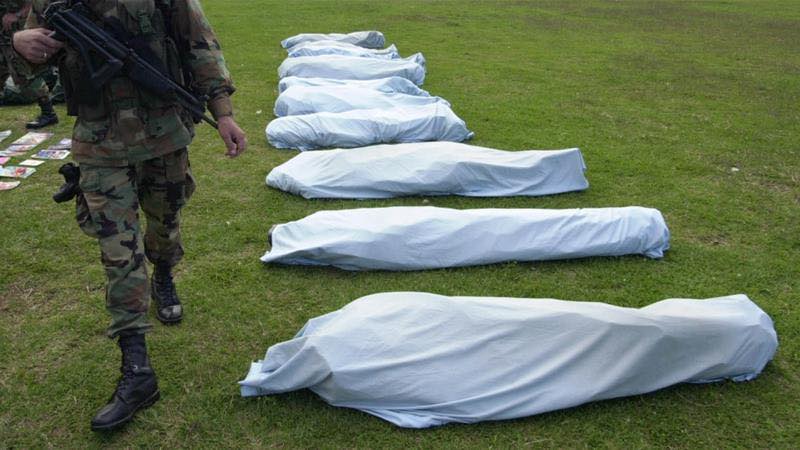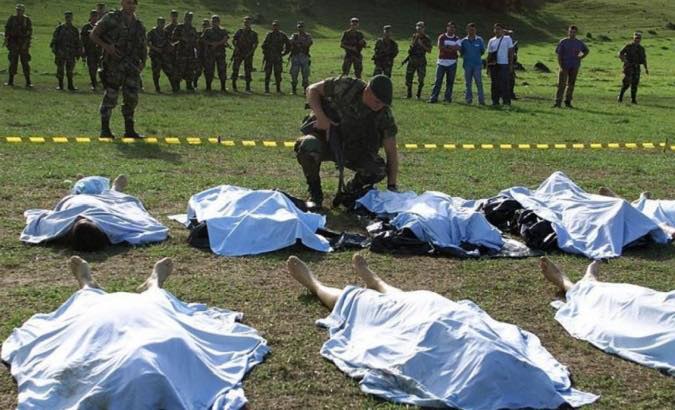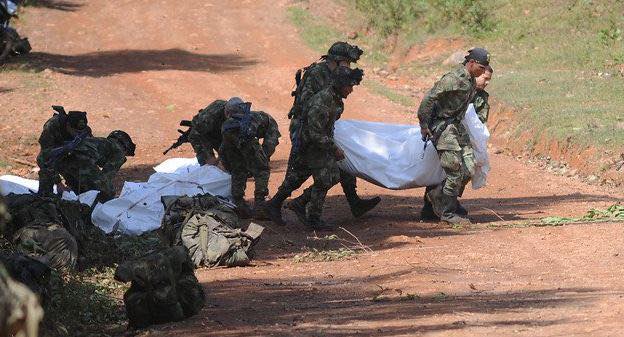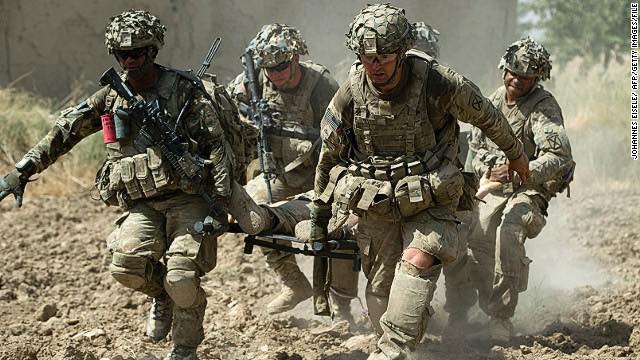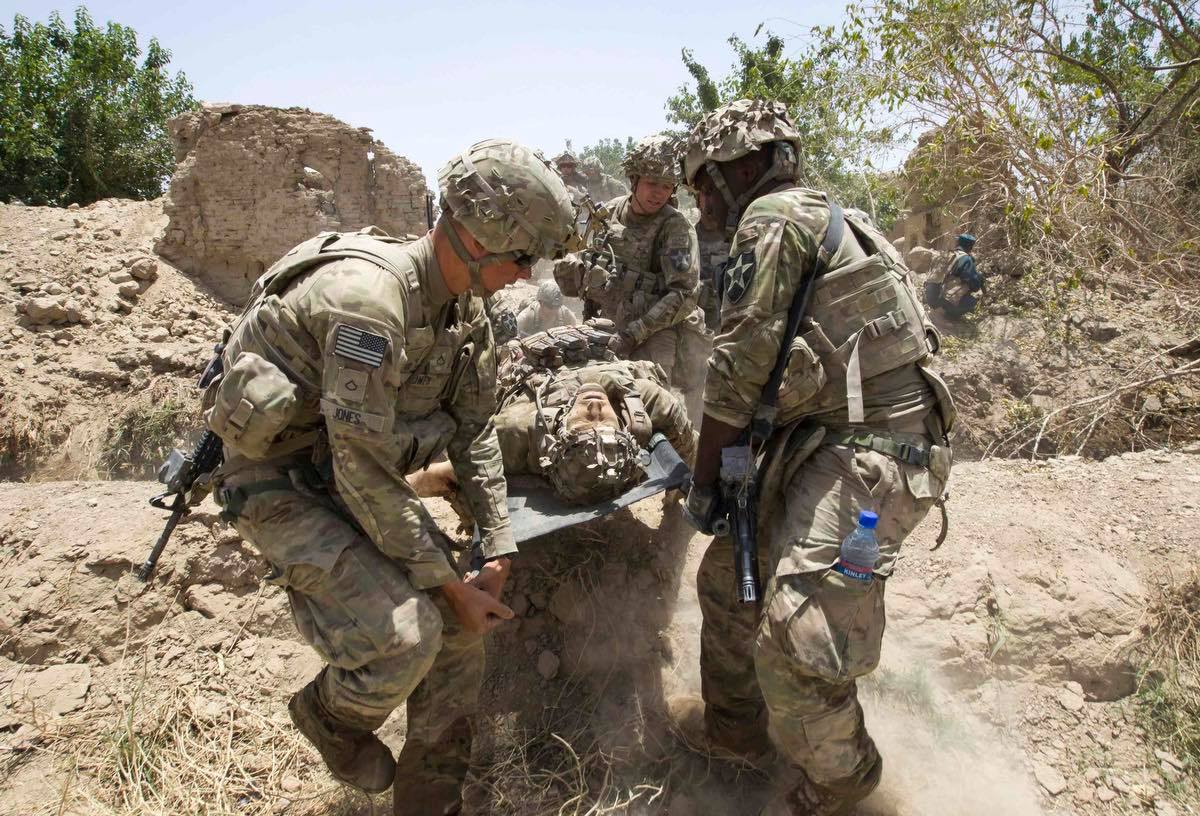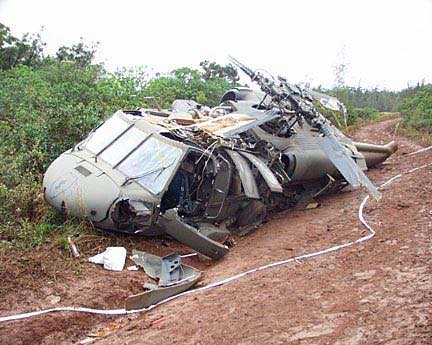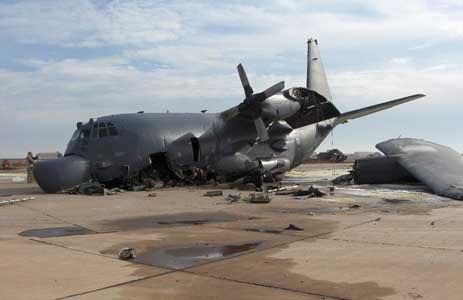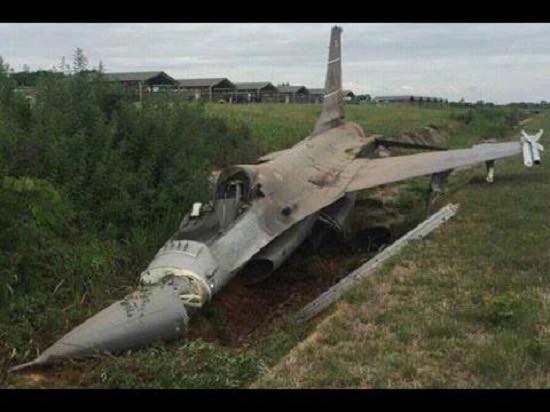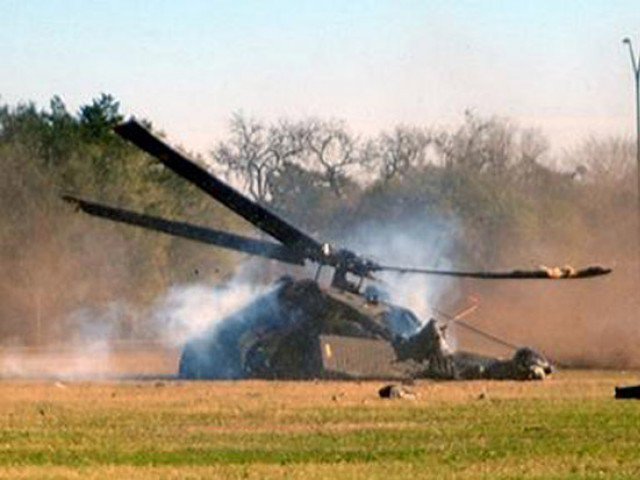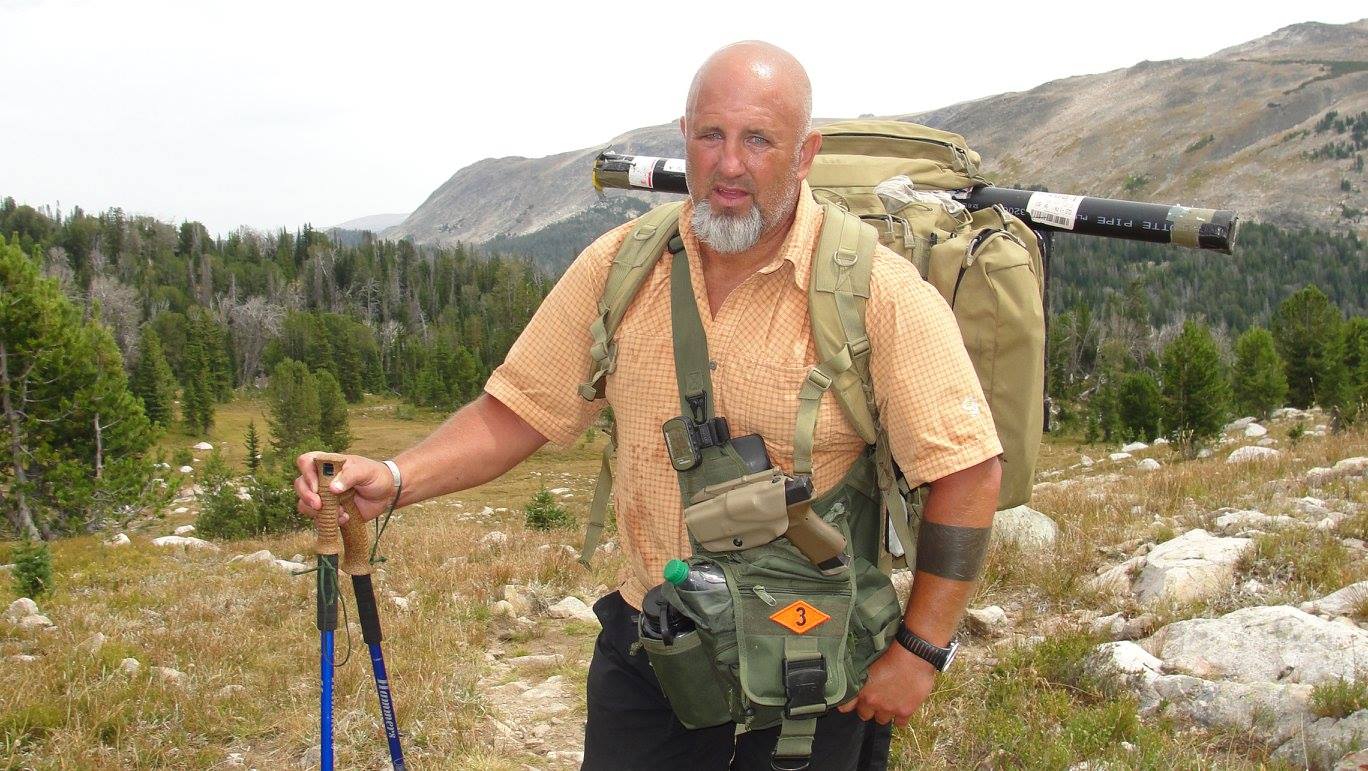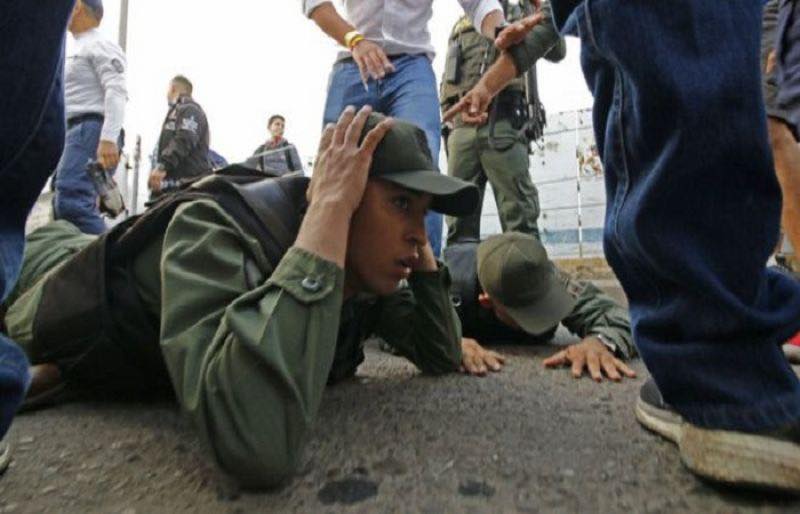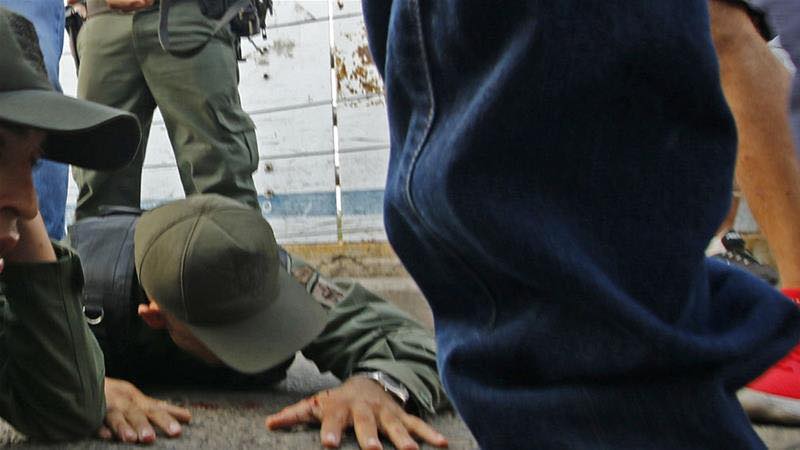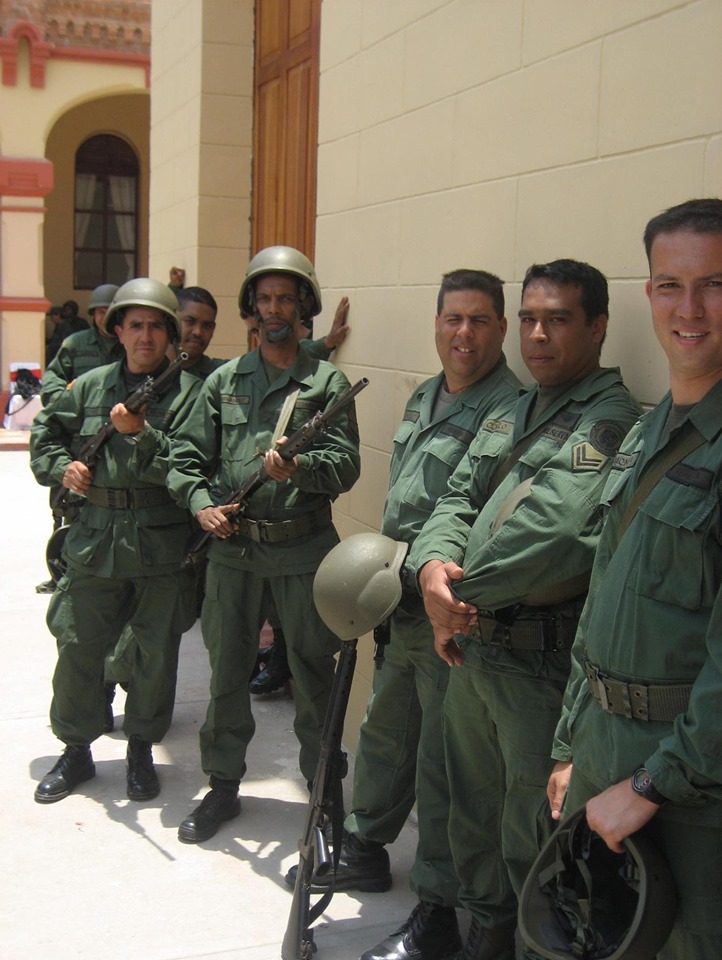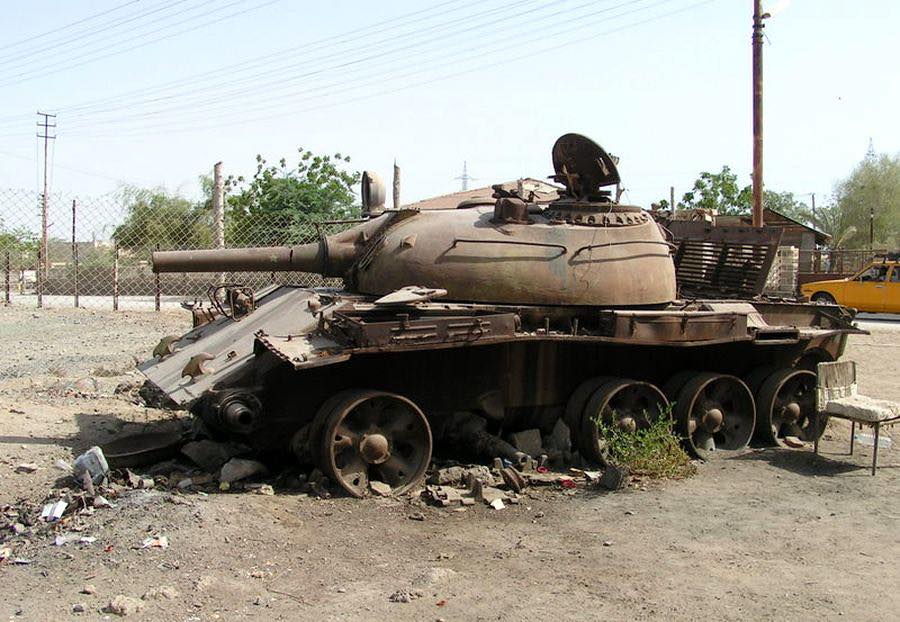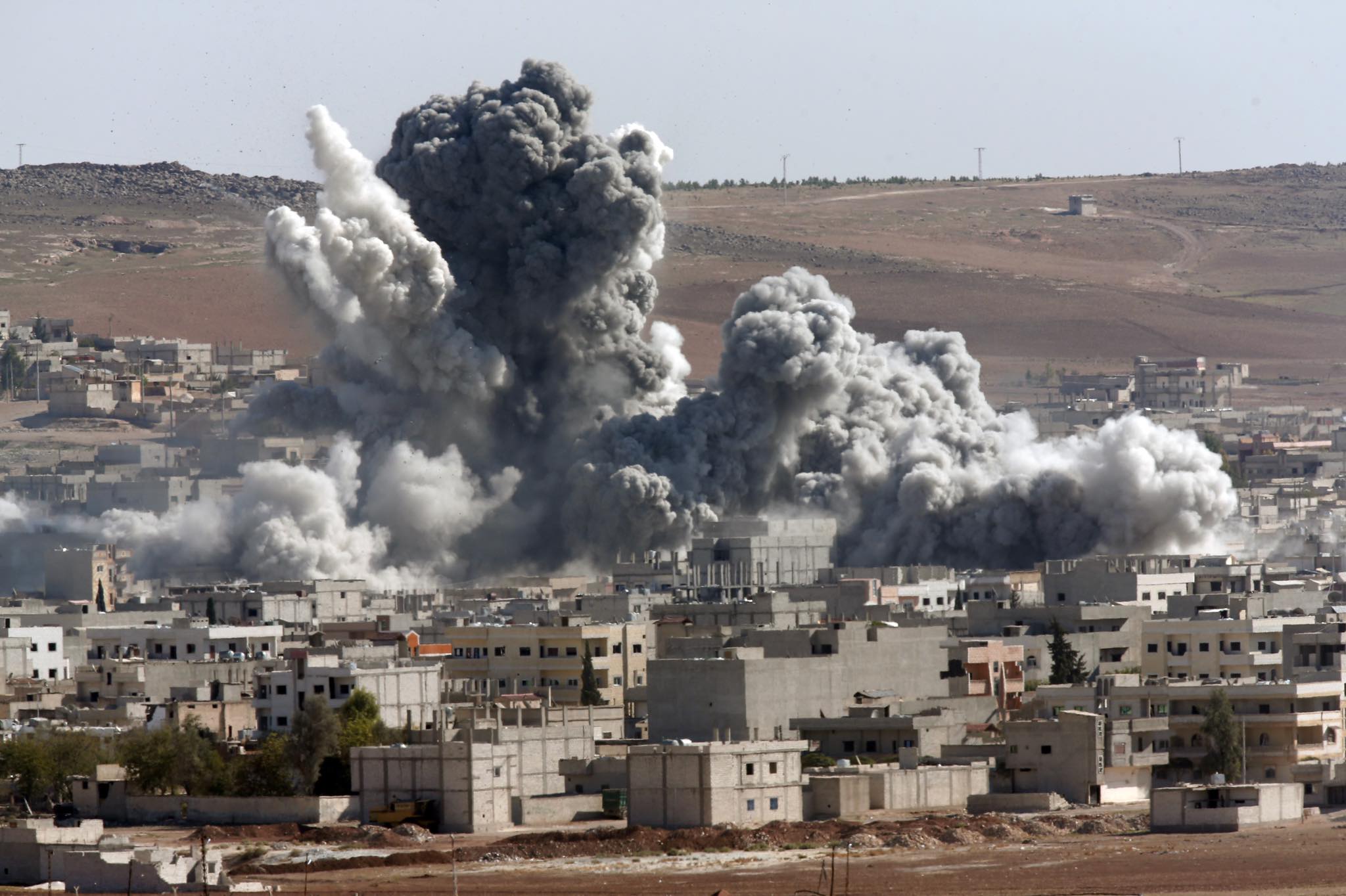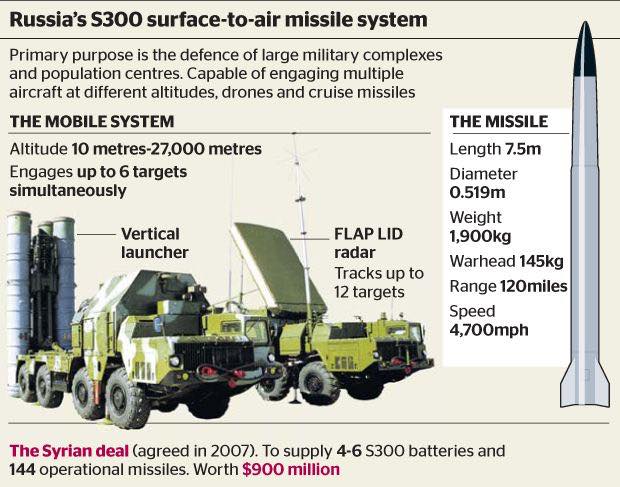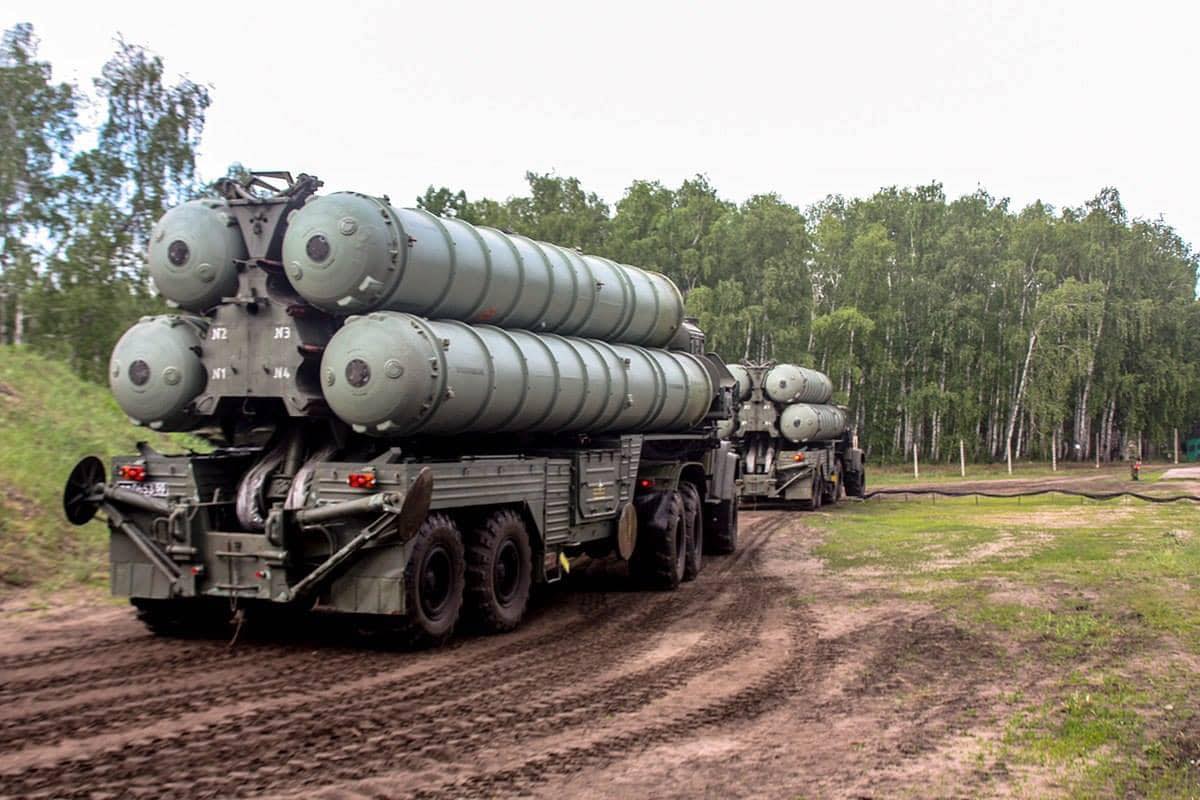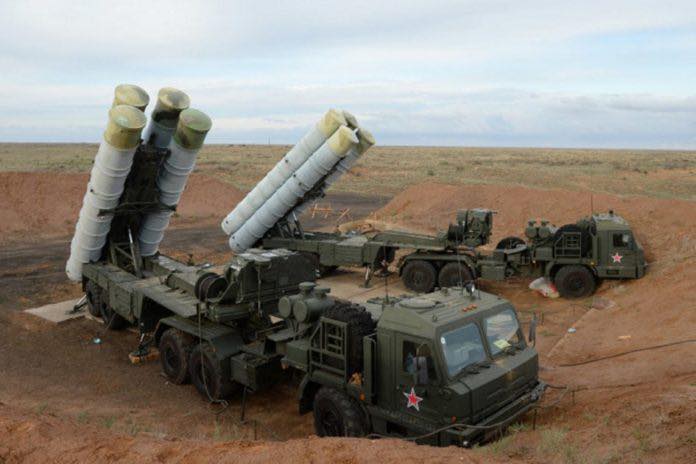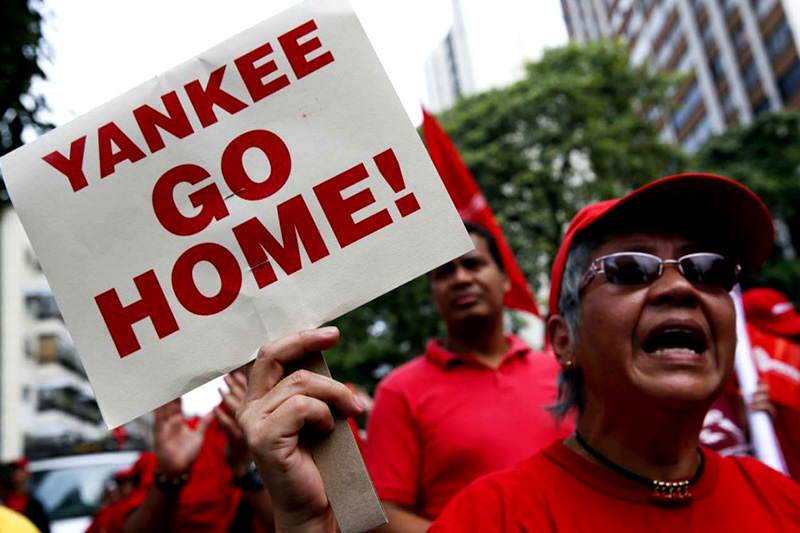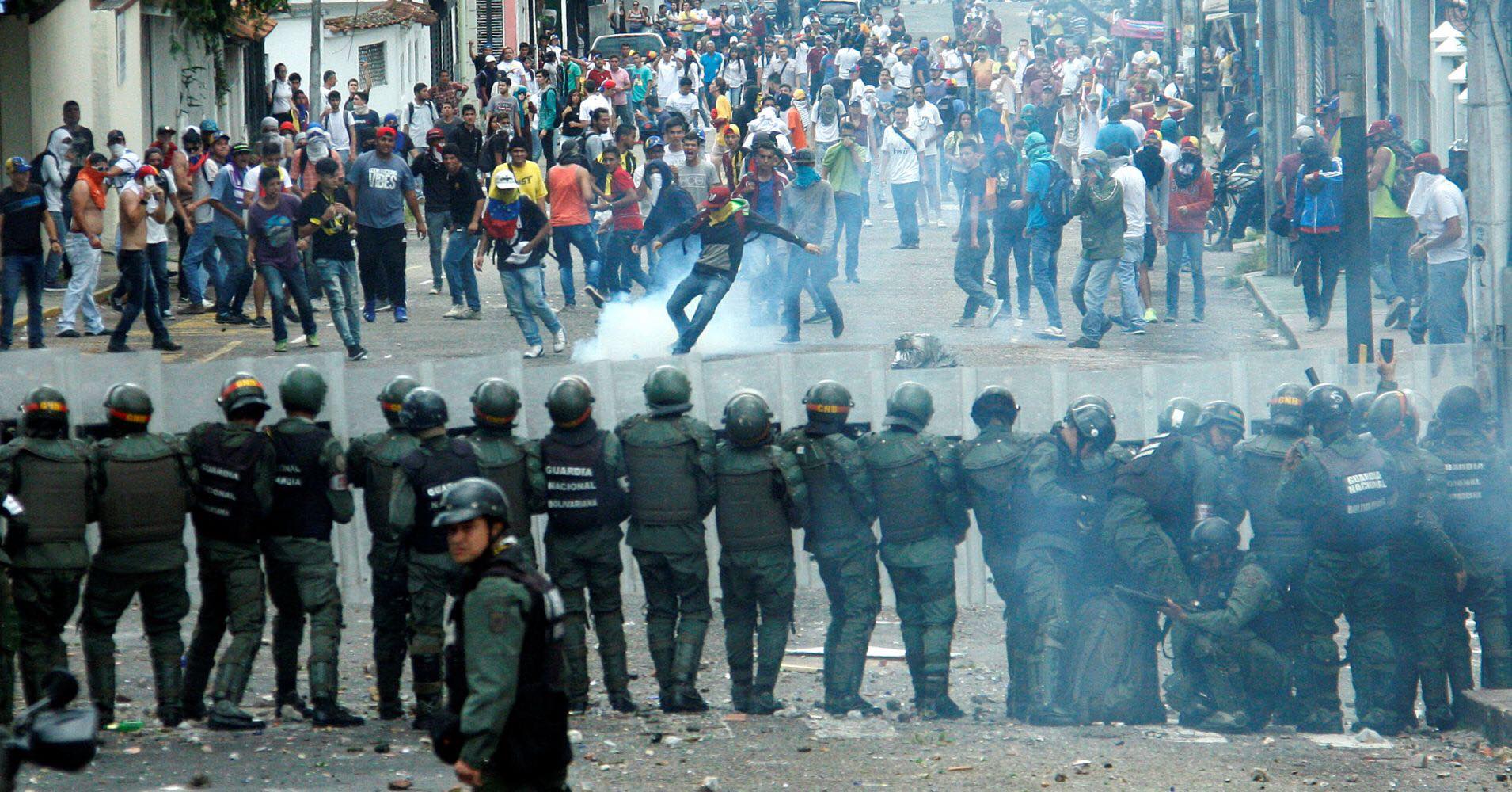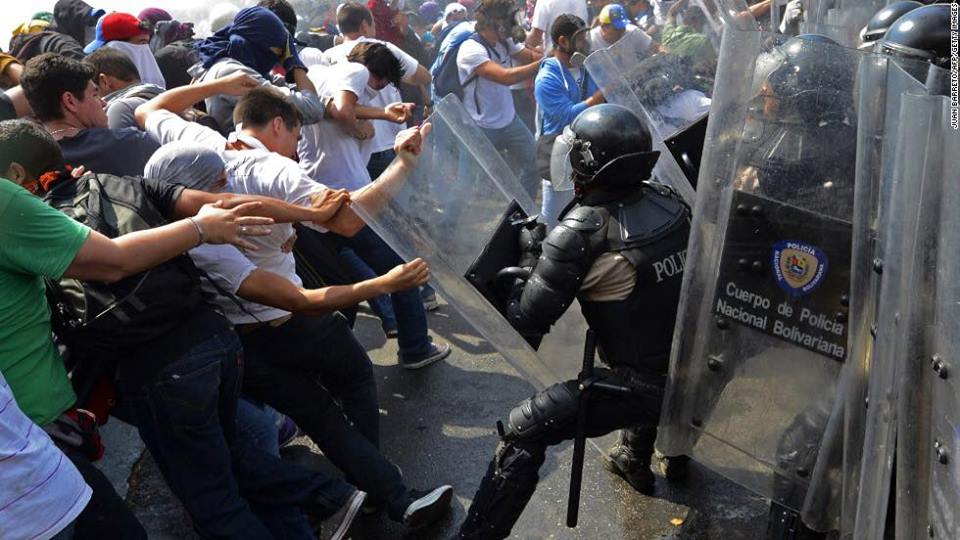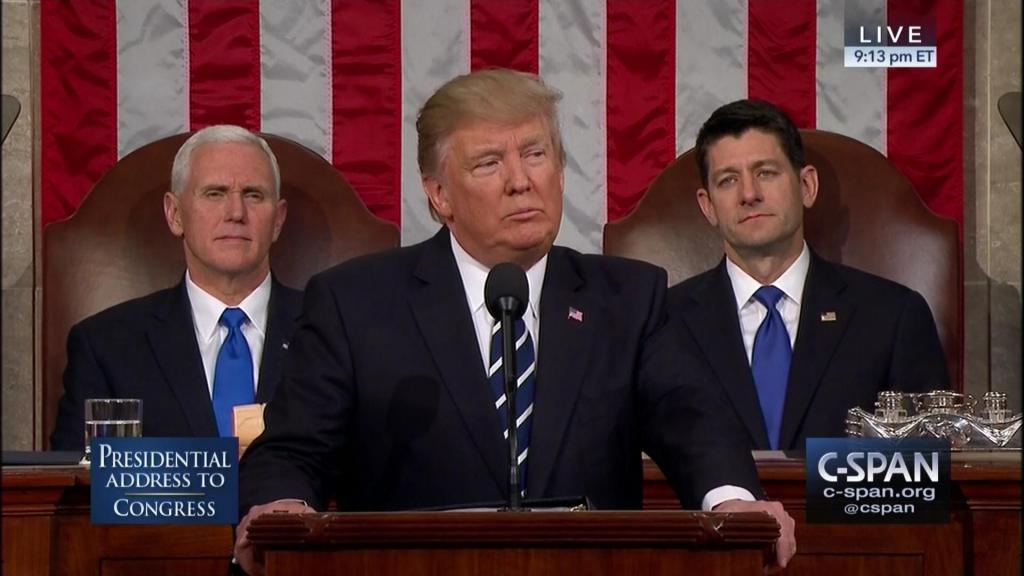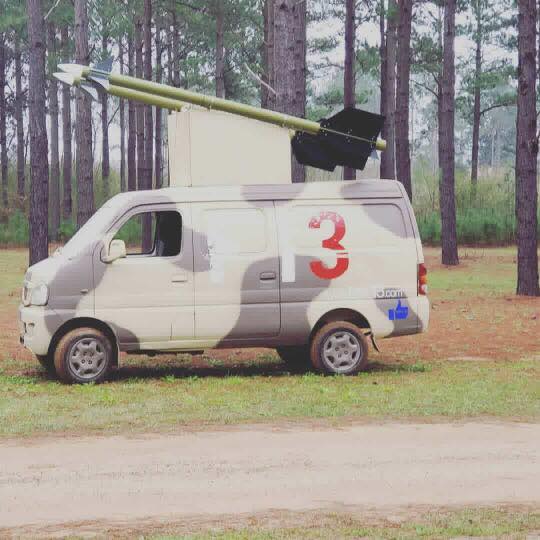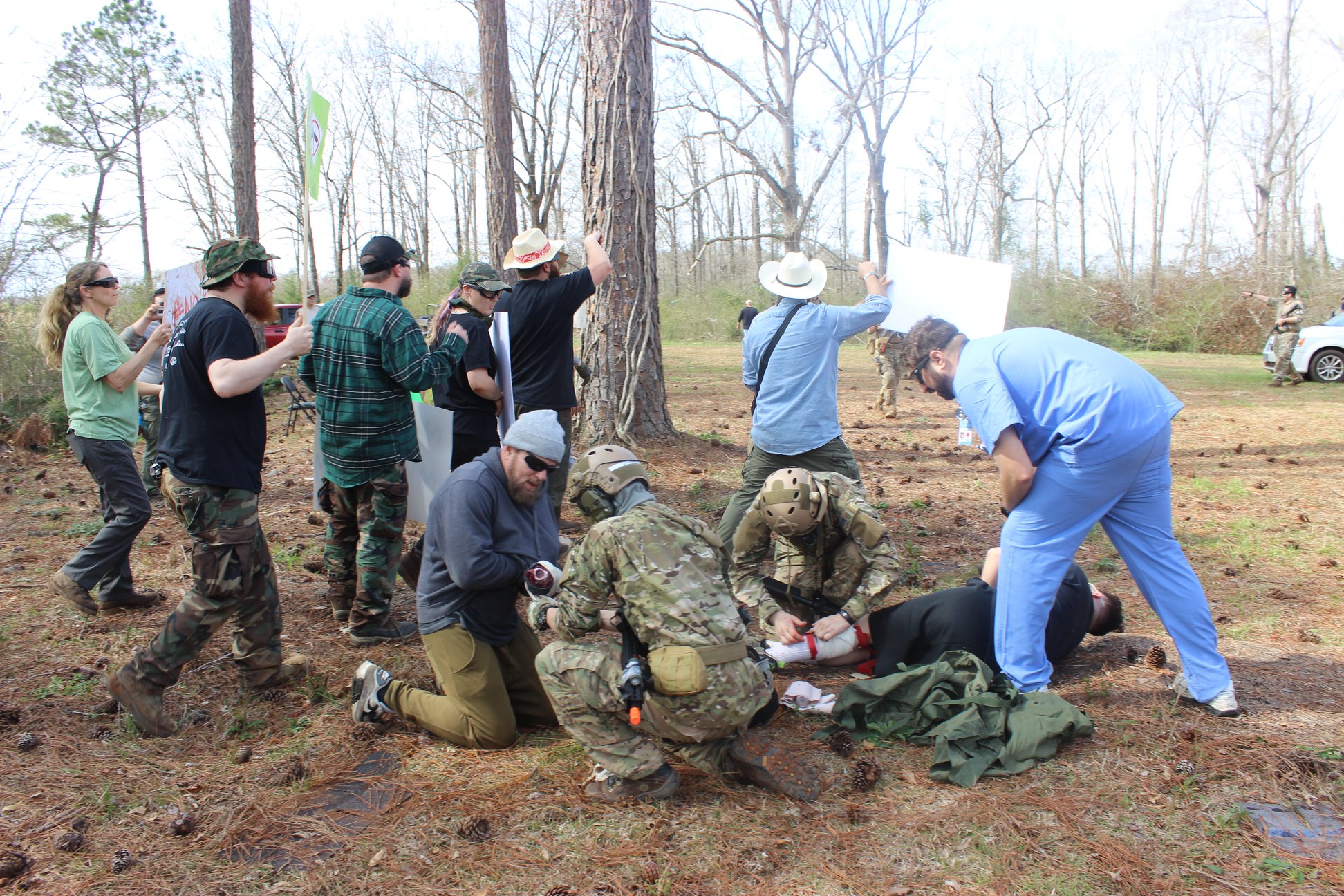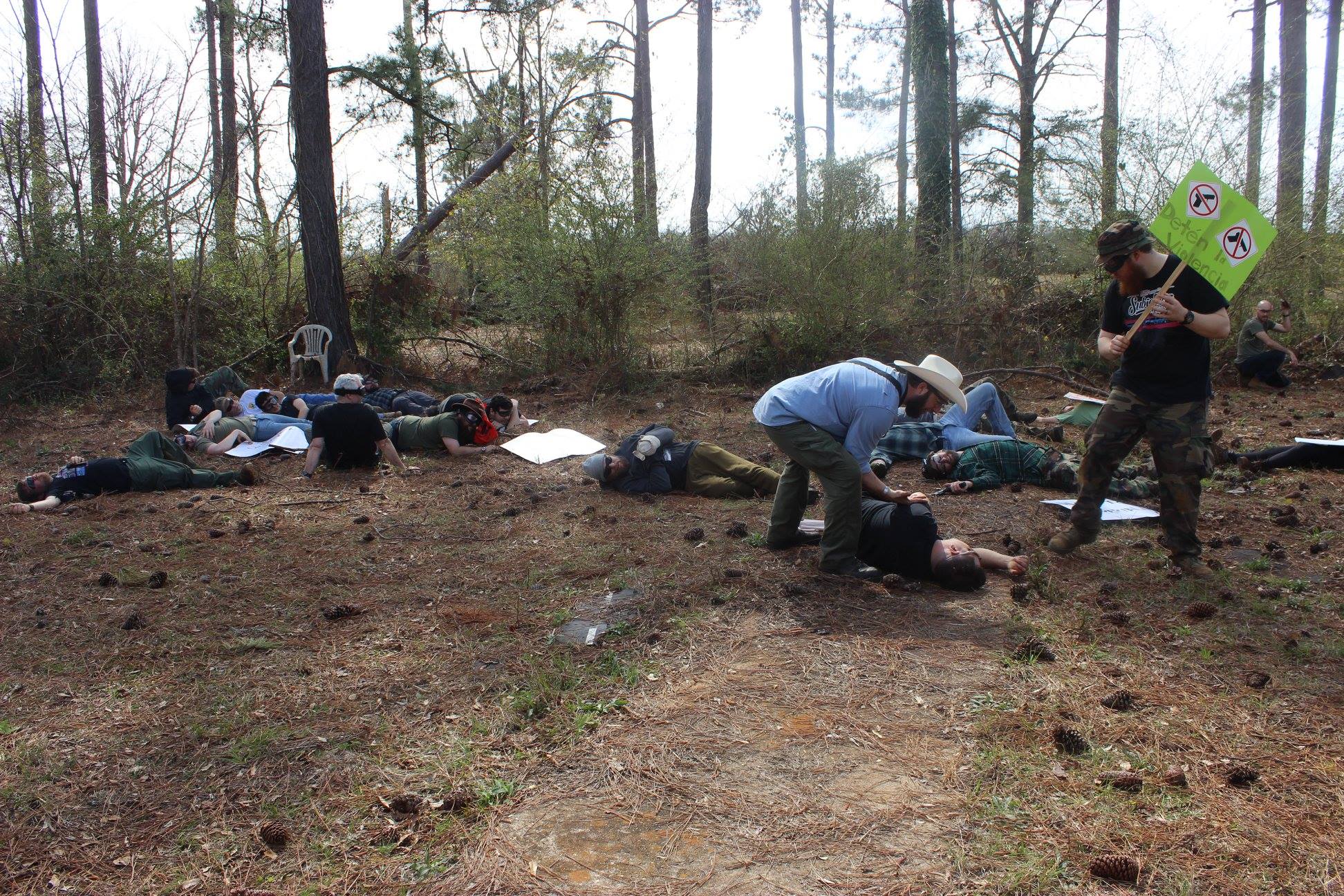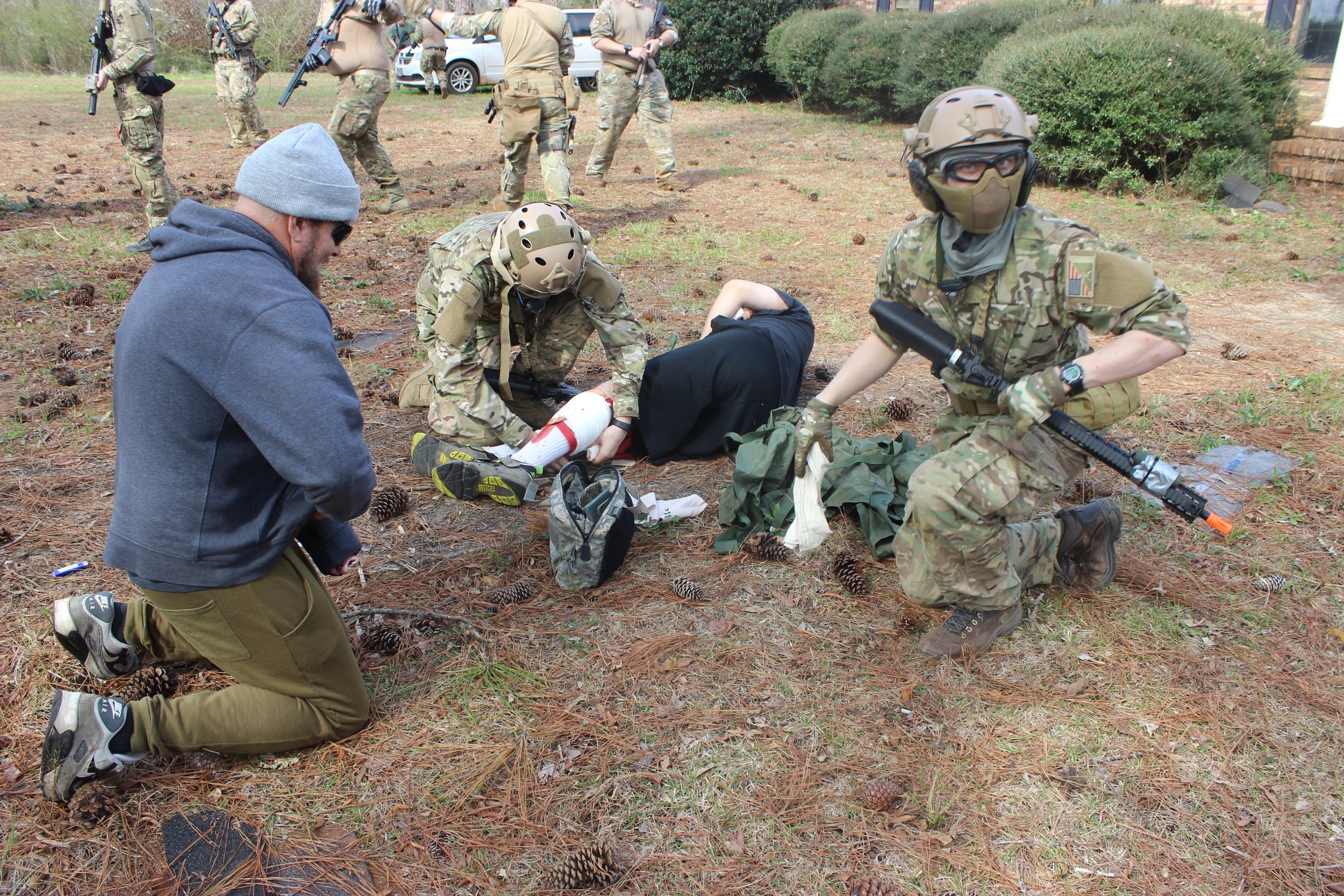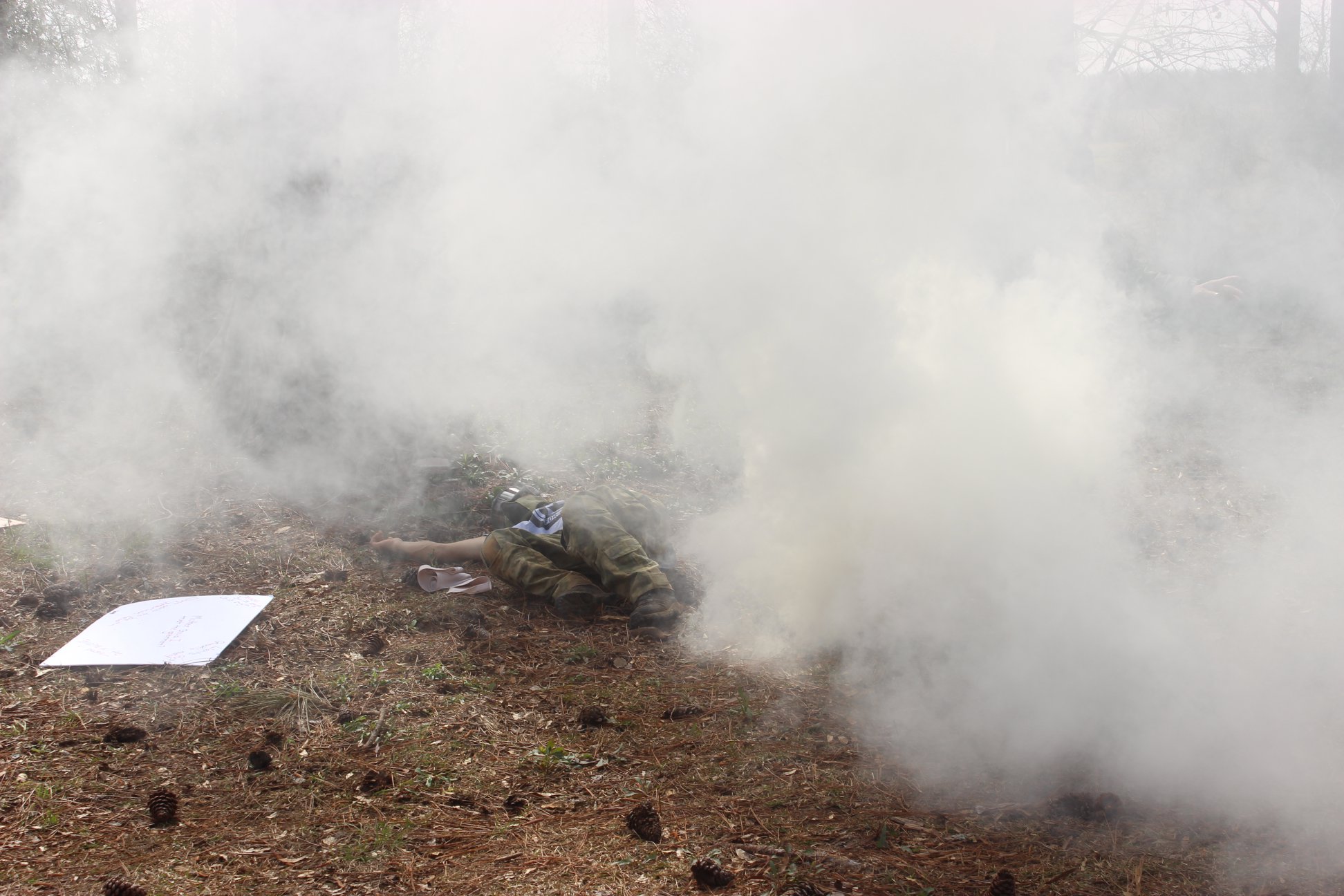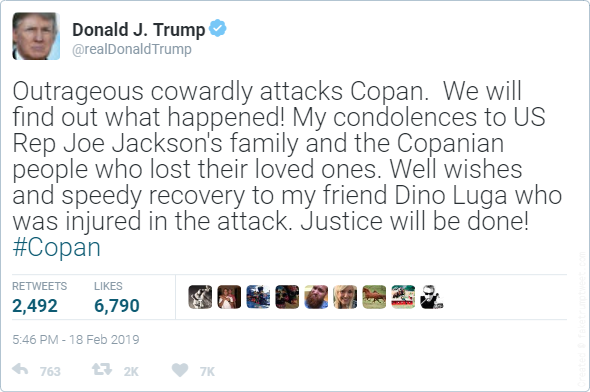Deportees being transported back to their host nations.
Chicago Tribunes
U.S. Immigration and Customs Enforcement (ICE) Conducts Major Operation in Chicago, Apprehends Seven Los Jefes Cartel Members for Deportation to Copan
By Moe Lester
CHICAGO, IL – July 12, 2025 – U.S. Immigration and Customs Enforcement (ICE) today announced a significant enforcement action in Chicago's vibrant 26th Street neighborhood, resulting in the apprehension of seven individuals identified as key members of the transnational criminal organization, Los Jefes cartel. All seven individuals are currently being processed for immediate deportation to their country of origin, Copan.
The operation, conducted by ICE's Enforcement and Removal Operations (ERO) with local law enforcement partners, targeted individuals with extensive criminal histories and known ties to drug trafficking and violent crime. This successful raid underscores ICE's commitment to public safety and national security by disrupting criminal networks operating within U.S. communities.
Among those apprehended is a suspect believed to be the elusive and notoriously dangerous figure known only by his alias, "Sicario Chingon." While his true identity remains unconfirmed by authorities at this time, intelligence suggests that if this individual is indeed "Sicario Chingon," he is a former highly-trained operative of the Cuban Avispas Negras (Black Wasps), formally known as the Mobile Brigade of Special Troops (BMTE), Military Unit 4895. His potential involvement highlights the sophisticated and international nature of the threats posed by cartels like Los Jefes.
"Today's operation sends a clear message: the United States will not be a safe haven for those who seek to exploit our communities and undermine the rule of law," stated an ERO spokesperson. "Our agents are dedicated to removing dangerous criminals from our streets and ensuring they face justice in their home countries."
The individuals apprehended are being held in ICE custody pending their deportation proceedings. This operation is part of ongoing efforts to dismantle international criminal organizations and enhance the security of both U.S. and partner nations.
Upset shop owners and shoppers at Muscatatucas Marketplace.
Copanian Times
Market Fury Mounts in Muscatatucas as Tax Protests Loom
By Seymour Boutay
July 7, 2025
MUSCATATUCAS, Copan – A palpable sense of anger is brewing among market vendors in Muscatatucas, as newly implemented taxes continue to bite into their already slim profits. Despite repeated appeals and complaints, shop owners report their concerns are falling on deaf ears within the Copanian government, pushing the community to the brink of a large-scale protest.
"We work hard, day and night, just to make ends meet," said Maria Solano, a fruit vendor who has operated in the main market for over twenty years. "These new taxes are unfair, and they're going to put us out of business. How can we support our families if the government takes everything?"
President Hector Ramirez, in a recent statement, defended the taxes as essential for funding rural development initiatives, claiming they are a necessary step to improve quality of life outside the major cities. Yet, many vendors remain unconvinced, arguing that the burden falls disproportionately on small businesses.
Adding another layer of complexity, President Ramirez has publicly accused the Movimiento Bolivariano political party of inciting unrest in rural areas and marketplaces, suggesting they are working to undermine Copan's fragile democracy. This accusation comes amidst persistent rumors of influence from La Federación de Estados Bolivarianos and the shadowy activities of the insurgent group, Fuerzas Armadas por la Igualdad Social (FARIS), though concrete evidence linking these groups directly to the market protests has yet to be presented.
As the threat of a major demonstration looms over Muscatatucas, the tension between economic hardship and political accusations continues to escalate in Copan.
Copanian Times
Scandal Rocks Copan: Anonymous Woman Accuses President Ramirez of Sexual Assault
By Phil Herr
June 30, 2025
San Pedro del Sur, Copan — A political firestorm has erupted in the tropical Central American republic of Copan following explosive allegations that President Héctor Ramírez physically assaulted a woman who claims to have been his longtime mistress.
The woman, whose identity remains protected under whistleblower privacy statutes, made the allegations through a sworn affidavit filed with the independent Commission for Democratic Integrity. According to the document, the assault allegedly took place in 2022 at the presidential retreat outside San Pedro del Sur.
The allegations come just five months before Copan’s fiercely contested national elections. President Ramírez, the leader of the center-right Republicanos, has denied all accusations, calling them “a despicable and coordinated smear” orchestrated by elements within the far-left opposition Movimiento Bolivariano.
“This is nothing more than a fabricated distraction engineered by those who are desperate to claw back power,” Ramírez declared in an emergency press briefing held outside the National Palace. “I will not be intimidated. The people of Copan know my record. I have never had an affair. I don’t even know the fabricator.”
According to sources close to the administration, the President was made aware of the allegation early last week, prompting internal legal consultations and the sudden departure of a senior aide rumored to be connected to the woman in question.
The anonymous complainant alleges that the relationship, which she claims was consensual at its onset, took a dark turn as Ramírez became increasingly erratic and controlling. “He used his power to isolate and intimidate me,” she stated in her affidavit. “When I tried to end the relationship, that’s when the assault occurred.”
Supporters of the President have rallied to his defense, with Vice President Clara Peña calling the accusations “politically timed poison,” and no evidence or anything of substance has been produced by the accuser and her legal team. Meanwhile, human rights groups within Copan have demanded an independent investigation and called on the Attorney General to recuse himself due to perceived political ties to the administration.
This marks the most serious scandal of Ramírez’s presidency, which has otherwise been defined by aggressive anti-corruption reforms and a major infrastructure development initiative funded through international partnerships.
With the elections looming and national sentiment divided, the fallout from the allegation could shift the balance of power in a nation already on edge.
FOR IMMEDIATE RELEASE
Luga Industries Launches Revolutionary Cryptocurrency to Power Global Trade and Secure Transactions
June 25, 2025 – Arlington, VA — Luga Industries, a global leader in advanced defense systems and technological innovation, proudly announces the launch of LUGACOIN, a new blockchain-based cryptocurrency designed to streamline international business, ensure transaction anonymity, and offer secure, borderless financial solutions for its expanding global footprint.
LUGACOIN is engineered to meet the growing demand for fast, discreet, and reliable cross-border payments—particularly in emerging markets and high-security sectors where conventional banking is limited, overly regulated, or prone to surveillance. Built on a custom fork of the Ethereum blockchain, LUGACOIN incorporates advanced encryption, smart contract support, and dynamic privacy layers to protect user identity and transaction metadata.
“Global business is evolving rapidly, and traditional financial systems are simply not keeping up,” said Dino Luga, CEO of Luga Industries. “LUGACOIN gives our partners a modern financial tool that reflects the speed, discretion, and scale of today’s high-level transactions.”
This launch comes amid Luga Industries’ aggressive international expansion, including major infrastructure contracts and private security engagements in Latin America, Eastern Europe, and Southeast Asia. LUGACOIN will first be used internally to facilitate vendor payments and asset transfers among Luga subsidiaries, including Worldwide Security Solutions (WSS). A limited external rollout to vetted international partners is scheduled for Q2 2025.
To ensure regulatory compliance where applicable, LUGACOIN features optional Know Your Customer (KYC) gateways for institutions operating in jurisdictions requiring transparency. However, for entities requiring operational security, the token’s privacy protocols remain fully intact, offering a hybrid solution unlike anything else in the defense or private industry sector.
“We’ve built LUGACOIN not only to solve financial problems but to give our clients options,” said Marco Santino, Chief Financial Architect at Luga Industries. “Options that governments, traditional banks, and crypto exchanges can't—or won’t—offer.”
About Luga Industries:
Founded in 2003, Luga Industries develops innovative solutions for defense, security, infrastructure, and global logistics. Through its subsidiaries, Luga provides services to allied governments, private sector clients, and international coalitions worldwide.
For media inquiries, partnerships, or technical documentation on LUGACOIN, contact:
Media Relations – Luga Industries
📧 media@lugaindustries.com
🌐 www.lugaindustries.com
Copanian Times
Forward Operating Base Holland Falls to FARIS Insurgents
By Peter Hard
Mascatatuckas, Copan – In the early hours of June 19th, Forward Operating Base (FOB) Holland — a key outpost of the Copanese military presence in the contested Mascatatucks region — was overrun and destroyed by FARIS insurgents after a sustained and coordinated assault that has left the base in ruins and forced government forces to retreat.
The Attack: Precision, Chaos, and Overwhelming Force
The attack began just after 3:30 AM, when FARIS (Fuerzas Armadas Revolucionarias para la Igualdad Social) launched a devastating indirect fire barrage. Dozens of mortar rounds rained down on FOB Holland, catching defenders off guard and targeting the motor pool, communications array, and sleeping quarters.
As the mortars fell, a swarm of modified commercial drones, loaded with improvised explosives, flew over the perimeter and crashed into key defensive emplacements and ammo stores, igniting secondary explosions that lit the pre-dawn sky in flames.
Within minutes, insurgent ground forces advanced through the smoke and chaos. Clad in mismatched uniforms and carrying captured equipment, FARIS units stormed the outer wire under cover of suppressing fire. Despite a fierce stand by Copanese troops, the overwhelming force, confusion, and destruction left the defenders surrounded.
By 6:10 AM, command elements ordered a full withdrawal — though several units were cut off and presumed captured or killed.
Aftermath and Tactical Implications
Reconnaissance drones surveying the ruins hours later showed what remained: smoldering vehicles, cratered bunkers, and collapsed guard towers. Copanese and allied military officials have declared FOB Holland lost and confirmed its complete abandonment.
Military analysts say the fall of Holland marks one of the most significant victories yet for FARIS, whose tactical sophistication and technological adaptation — especially in drone warfare — continues to evolve rapidly.
Casualties remain unconfirmed, but sources estimate over two dozen troops are missing, with multiple wounded evacuated during the retreat. FARIS propaganda channels have begun circulating images of captured equipment and claims of victory.
The Copanese Ministry of Defense has vowed a counter-offensive, but as of now, Mascatatucks remains in insurgent hands.
Copanian Times
President Trump Orders Deportation of Criminal Illegal Immigrants Tied to Copanian Cartel
Washington, D.C. — June 13, 2025
In a decisive move hailed by national security officials, President Donald J. Trump announced the deportation of over a dozen criminal illegal immigrants with direct ties to Los Hermanos Oro, a dangerous U.S.-based affiliate of the Copanian drug cartel Los Jefes. The action follows a multi-agency crackdown led by Immigration and Customs Enforcement (ICE), resulting in the dismantling of a major distribution and collection cell operating in Chicago.
According to ICE Director Melissa Hartley, the Chicago cell had been under surveillance for months and was responsible for trafficking fentanyl, laundering drug proceeds, and coordinating with cartel operatives in Copan. “These aren’t low-level offenders. These are high-value targets embedded in our communities,” Hartley said in a press briefing. “Their removal is a win for American safety.”
Private Sector Support and International Cooperation
The deportation operations will be carried out with the assistance of Worldwide Security Solutions (WSS), a private firm contracted by the Department of Homeland Security to support high-risk removals involving violent cartel members. WSS Program Manager for Copan Mike “Bubba” Moore, a retired U.S. Army Ranger, is coordinating the logistics and safety of the mission throughout the process.
“This is a surgical operation,” Moore told reporters. “We’ve built strong channels with the Copanian authorities, and our teams were in lockstep with ICE and the State Department from day one.”
Bilateral Coordination
U.S. Ambassador to Copan John Baker praised the collaboration between the U.S. and Copanian governments. “We’ve seen unprecedented cooperation from President Hector Ramirez and his security ministries,” Baker said. “They’ve pledged full support in bringing these individuals to justice under Copan’s legal system.”
President Ramirez, speaking at a joint press conference flanked by American officials, expressed gratitude for the partnership. “Copan is committed to eradicating the influence of Los Jefes within our borders,” he stated. “These criminals will face justice, and their operations will be dismantled.”
President Trump Responds
President Trump addressed the operation from the White House lawn, reiterating his administration’s firm stance on border security and criminal deportations. “If you come into our country illegally and run drugs, you’re not staying here,” Trump said. “We are sending you back, and we are sending a message.”
He further called Los Hermanos Oro a “poisonous pipeline” and warned other transnational gangs that the U.S. would not be a safe haven.
A Message of Deterrence
With additional arrests expected and further operations under review, officials say this marks a significant step in Trump’s renewed focus on cartel-related enforcement during his second term. The coordinated deportation effort serves as both a tactical blow to the cartel and a diplomatic signal to other foreign governments: the U.S. expects partnership in dismantling transnational criminal networks.
Joint Commando and US ODA Raids across Muscatatuckas Yield results
Dateline Nueve Muscatatuckas, Juan Pablo Gigante reporting for TCNN (transcript).
The Mano Roja Cartel suffered a serious series of setbacks over the last 48 hours, as joint 1st Commando and US Green Beret raids swept over southern Nueva Mustatuckas with 4 businesses and safehouses being raided. Build Up 1st Commando Commanding Officer, Colonel Lindo, provided TCNN a summary of the shaping efforts that went into what drove the actions over the last 48 hours.
While vague on specific operational details, he indicated that multiple information streams formed the intelligence that went into these joint raids. "Rival cartels have an interest in providing information on their main competition, that combined with other sources of intelligence, provided the clarity required for these actions," stated Colonel Lindo. When asked what the US and UK intelligence agencies provided, the Colonel directed those questions to the US ODA lead, who stated that the full weight of the US Intelligence community is supporting their Copano partners.
The UK Ministry of Defense Rep, Sergeant Major Coop, read a statement from the UK military attache. "We in the UK, worked with a greater international community to assist in these efforts, to assist in the shutting down of Mano Roja human trafficking." This reporter asked if WSS, the hired PMC by Luga Industries, provided, if any, assistance in these operations, to which Colonel Lindo, simply stated, "a great many loyal Copanos worked tirelessly to see these successful raids."
The results were indeed impressive, overall 60 pounds of synthetic drugs, 100 lbs of cocaine, were seized. What was shocking was the 14 young women freed. More than 16 Mano Roja suspected members were arrested, with 4 being killed as them attempted to resist. The Copano High Court has termed these arrests as terrorist activities under the new Public Order Initiative. Meaning the 16 suspects will have summary convictions based on the classified evidence leading to the operation.
This has some in the US concerned about possible human rights violations by COPMIL and Copan internal security. But no one can deny that these operations had an appreciable impact in southern Nueva Muscatatuckas, Juan Pablo Gigante reporting for TCNN.
FOR IMMEDIATE RELEASE
Luga Industries, Inc.
Securing a Safer Tomorrow: Luga Industries Expands Commitment to Regional Stability and Humanitarian Security in Copan
May 25, 2025 — Washington, D.C. - Luga Industries, through its subsidiary Worldwide Security Solutions (WSS), is proud to announce an expansion of its operational support to the Republic of Copan as part of a broader international effort to restore peace and security to the region.
Under new cooperative agreements with the U.S. government and Copanian authorities, WSS will provide enhanced security assistance, advanced intelligence capabilities, and critical infrastructure protection to communities affected by the recent surge in cartel violence.
"Luga Industries believes in empowering nations to reclaim their sovereignty and protect their citizens," said Dino Luga CEO of Luga Industries. "Our teams on the ground are committed to partnering with local institutions to bring stability, economic opportunity, and safety to the people of Copan."
Key elements of the expanded initiative include:
*Protection of critical public infrastructure, including hospitals, schools, and government facilities.
*Advanced intelligence-sharing partnerships with Copanian security forces to disrupt criminal networks.
*Security consulting and training programs for Copanian law enforcement and military units.
*Ongoing humanitarian assistance programs focused on displaced populations and at-risk youth.
Worldwide Security Solutions will operate under strict ethical guidelines and international law standards to ensure transparency, accountability, and respect for human rights throughout its mission.
"We are here to help rebuild communities, not just respond to conflict," said Chleo Wilson, press secretary of Luga Industries. "Our goal is to foster a safer, stronger Copan for generations to come."
Luga Industries remains committed to corporate responsibility and ethical leadership in all regions where it operates.
For more information, please visit www.LugaIndustries.com or contact media@lugaindustries.com.
Copanian Times - BREAKING
May 17, 2025
Private Military Companies Operating in Copan Deemed Mercenaries by Watchdog
The watchdog journalist group, Karen’s Cause, has secured a leaked memo from a potential source within the private military company, Worldwide Security Solutions, LLC, an operating subsidiary of Luga Industries.
[FOR INTERNAL USE ONLY]
Internal Memorandum — DO NOT DISTRIBUTE
Date: April 26, 2025
From: Operations Directorate – WSS International Division
To: All Field Officers, Copan Theater
Subject: Expanded Engagement Protocols – Copan Joint Initiative (CJI)
Summary:
Per Executive Directive 2025-04 issued by the U.S. Executive Branch and new amendments to Copanian Operational Contract #CJI-0197, all WSS personnel assigned to the Copan Theater are hereby authorized to undertake enhanced mission sets effective immediately.
Expanded Mission Authority:
· Leadership and mid level agents of the Los Jefes transnational criminal organization are to be considered Tier 1 Targets.
· Conduct kinetic operations against identified cartel leadership (Tier 1 Targets).
· Seize and secure cartel-controlled assets, including safehouses, staging areas, and logistics hubs.
· Collect, analyze, and transmit real-time intelligence on cartel operations and movements.
· Provide direct security support to designated Copanian government facilities deemed “at risk.”
· Neutralize threats posing imminent danger to WSS personnel, Copanian government forces, or U.S. assets.
Rules of Engagement (ROE) Modification:
· Preemptive action authorized where credible intelligence indicates cartel intent to engage.
· Local law enforcement override clause activated: WSS units may supersede local authorities if deemed compromised or hostile.
· Discretionary escalation permitted: WSS field teams may determine proportional force required on a case-by-case basis.
Operational Cover:
All WSS operations will be conducted under the umbrella of "Advisory and Security Assistance" unless explicitly directed otherwise. No direct admission of offensive operations shall be made publicly without clearance from Luga Industries Legal Affairs Division.
Special Advisory:
Elements of the Copanian Commandos have been flagged for potential infiltration by cartel-linked actors. Exercise heightened threat awareness in joint operations. Trust but verify.
Reporting Protocols:
All after-action reports (AARs) must be classified / WSS Eyes Only and transmitted via secure channels to Regional HQ — Nueva Esperanza.
The memo has not been confirmed by Copanian Times.
Business Today
Tariffs on Rare Earth Minerals Strain U.S.–Copan Relations, Shake Defense Supply Chains
By Frenchie Mercer | International Correspondent
May 9, 2025 —
Washington, D.C. / San Pedro del Sur, Copan- A brewing trade dispute between the United States and the small but resource-rich Central American nation of Copan is raising alarms in defense and diplomatic circles. President Donald Trump’s administration recently enacted sweeping tariffs on rare earth minerals imported from Latin America, citing the need to “secure American independence from foreign manipulation of critical materials.”
But the move has sent shockwaves through Copan’s economy and is jeopardizing U.S. military supply chains — particularly those of Luga Industries, a leading defense contractor developing next-generation weapons and AI-integrated targeting systems for the Pentagon.
Copan: A Crucial Link in a Global Supply Chain
Copan, long overlooked in the geopolitical landscape, holds substantial reserves of neodymium, dysprosium, and other rare earths essential to the manufacture of smart weaponry, stealth aircraft components, and laser systems. Its recently expanded mining sector has attracted major U.S. and European investors.
Copanian President Héctor Ramírez blasted the tariffs as “unilateral aggression disguised as economic policy.”
“Copan has honored every international agreement,” Ramírez stated in a fiery address last week. “This is not about trade. It’s about leverage — and we will not allow our sovereignty to be undermined by punitive tariffs imposed without consultation.”
In a dramatic response, the Copanian government announced a plan to nationalize all rare earth operations, placing them under state control “to stabilize pricing and protect Copan’s strategic interests.”
Luga Industries: Caught in the Crossfire
The U.S.-based Luga Industries, which has relied heavily on Copanian-sourced rare earths since 2018, issued a measured but critical response.
“This disruption undermines critical national defense contracts,” said CEO Dino Luga in a statement. “We support America’s strategic autonomy, but real security comes from strong, predictable partnerships — not strained ones.”
Insiders at Luga say the company may be forced to suspend or slow delivery on key weapons programs unless a resolution is found. Alternative sourcing, they note, could take 18–24 months to establish and will come at a steep cost.
Political Calculations and Election-Year Optics
White House officials argue that the tariffs are necessary to reduce dependency on foreign-controlled supply chains. In a rally in Ohio last week, President Trump referenced Copan by name:
“We’re not going to let countries like Copan hold us hostage over metals. We’re bringing it all back home — just like we did with oil, steel, and manufacturing.”
Yet behind closed doors, State Department officials are scrambling to calm tensions. Talks are reportedly underway between mid-level U.S. trade envoys and Copanian ministers, though neither side has confirmed progress.
Meanwhile, opposition parties in Copan have accused Ramírez of politicizing the crisis for electoral gain, as his administration faces a tough re-election battle later this year.
Presidents Donald Trump and President Hector Ramirez at a meeting over tariffs in Copan.
Copanian Times
Trump Greenlights Expanded Private Military Deployment to Battle Cartels in Copan
May 3, 2025
By Frank Lee Imhung
Washington, D.C.- In a stunning move reflecting the growing international crisis in Copan, President Donald J. Trump has authorized the expanded use of private military companies (PMCs) to combat cartel violence in the embattled Central American nation.
Speaking at a White House press conference this afternoon, President Trump announced an executive directive allowing American PMCs to not only provide intelligence and security support, but also to conduct direct action missions against cartel targets.
"These are savage criminals, worse than anyone's ever seen," Trump said. "We're sending the best — highly trained, highly capable forces — to clean up that sh-thole their corrupt government can't handle."
Among the firms leading the effort is Worldwide Security Solutions (WSS), a controversial subsidiary of defense conglomerate Luga Industries. WSS already holds security and training contracts in Copan, but under the new directive, their mandate has been massively expanded.
Sources inside Luga Industries confirmed that WSS personnel will now be permitted to engage in what amounts to "mercenary" activities, according to Copanian parliamentarian Juan Franco. These activities include:
• Direct raids on cartel compounds
• Targeted elimination of cartel leadership
• Securing high-value infrastructure and government facilities
The move is not without controversy. Human rights organizations have warned that unleashing PMCs in such volatile environments often leads to abuses and civilian casualties. US congressional Democrats are demanding oversight hearings, citing concerns over accountability and the risk of an "unofficial war."
Nevertheless, the Trump administration defended the plan as necessary to protect American interests and regional stability.
“We cannot allow criminal empires to operate unchecked on our doorstep," said Secretary of State Marco Rubio. "This is about national security."
Deployment of additional WSS forces is expected within the next two weeks, with other firms reportedly in talks to join the Copan operations under lucrative emergency contracts.
Photo inset of Presidents Trump and Ramirez at a tariff conference in Copan on April 15, 2025.
Copanian Commandos respond to violent clash between drug cartels in Muscatatuckas marketplace.
Copanian Times
Bloody Turf War Erupts in Copan as Rival Cartels Clash
April 28, 2025
By Harry Bush
San Aurelio, Copan- Violence has reached unprecedented levels in the Central American nation of Copan, as two powerful drug cartels wage a brutal war for control over the country's key trafficking routes.
La Mano Roja, led by the notorious Rico Rosa, and Los Jefes, commanded by the fearsome Miguel "Macho" Armas, have turned once-quiet towns into war zones. Explosions, daytime shootouts, and targeted assassinations have paralyzed entire regions, forcing thousands to flee rural provinces in search of safety.
The spark reportedly ignited two months ago when a high-ranking lieutenant in Los Jefes was found murdered — his body bearing the signature "red handprint" of La Mano Roja. Since then, retaliation after retaliation has engulfed the border corridors and jungle routes critical for moving narcotics northward.
In response, the Copanian government has deployed its elite Copanian Commandos, a feared special operations unit, to hunt down both cartels. Military helicopters now buzz low over remote villages, while curfews and checkpoints have been imposed in major cities like San Santo and Nueva Muscatatukas.
"We will not allow criminal organizations to hijack the future of Copan," declared Defense Minister Alejandro Ruiz during a fiery press conference. "The Copanian Commandos have been given full authority to engage and eliminate cartel forces wherever they are found."
Despite these efforts, local sources report that both cartels have deeply infiltrated police forces and even sections of the army. In one chilling incident, Commandos raiding a suspected Los Jefes safehouse were ambushed — tipped off by corrupt local officers loyal to Macho Armas.
Meanwhile, Rico Rosa, known for his flamboyant style and brutal tactics, has reportedly fortified his stronghold in the highlands, daring government forces and rival gunmen to challenge him.
“We continue to live in fear because of the insatiable need for illegal drugs in America and Europe. No one thinks about the destruction they cause where they are made,” said Fernando Salinas, a local farmer in Indianas province.
Dino Luga at press conference at Luga Industries
📄 Official Statement from Luga Industries
April 11, 2025 – Washington, D.C.
FOR IMMEDIATE RELEASE
Luga Industries is deeply concerned by the Government of Copan’s recent decision to nationalize its rare earth mineral sector, a move that threatens the integrity of long-standing international partnerships and jeopardizes critical global supply chains.
For over a decade, Luga Industries has worked closely with Copanian producers, investing in sustainable practices, workforce development, and mutually beneficial economic cooperation. The abrupt shift toward state control and exclusive foreign negotiations introduces a high level of instability into a market that underpins the technological foundation of modern defense systems.
“We respect the sovereignty of all nations,” said Dino Luga, Chairman and CEO of Luga Industries. “But sudden unilateral decisions like this undermine trust, global innovation, and shared security interests. This is not just about minerals — it’s about reliability, diplomacy, and responsible stewardship of resources vital to global stability.”
Luga Industries is currently assessing the full operational impact of the nationalization announcement and is exploring alternative sourcing strategies to ensure continuity in our commitments to U.S. and allied defense operations.
We urge the Government of Copan to reconsider its position and engage in meaningful dialogue with its commercial partners before further damage is done to the regional investment climate and to Copan’s credibility on the world stage.
“We believe in solutions — but solutions require communication,” Luga added.
Media Contact:
Chloe Wilson
Director of Communications
media@luga-industries.com
Copanian President Hector Ramirez speaking to press at rear earth mine near Muscatatuckas.
Copanian Times
President Trump's Tariffs Spark Economic Showdown with Central American Nation of Copan
By Ivana C. Urschlong
April 11, 2025 –
Teguloma, Copan- In an unexpected twist in global trade politics, the small Central American nation of Copan has announced plans to nationalize its rare earth mineral industry in response to a fresh wave of tariffs imposed by former U.S. President Donald Trump during his second term campaign rally in Texas last week.
The tariffs, aimed broadly at Central American exports including agricultural goods and raw materials, have sent shockwaves through Copan’s fragile export-driven economy. In a fiery televised address Thursday evening, Copanian President Hector Ramirez accused the U.S. of “economic intimidation” and unveiled a bold strategy to push back.
“Copan will not be bullied,” Ramirez said, “Effective immediately, all rare earth mineral operations will be brought under state control to stabilize prices, protect our economy, and ensure that the wealth of Copan benefits Copanians first.”
Copan, largely unknown outside of regional geopolitics, holds a surprising trove of rare earth minerals—elements critical to the production of semiconductors, electric vehicles, and military-grade electronics. Previously managed by a small patchwork of private companies, many with U.S. investment ties, these resources now fall directly under the Copanian Ministry of Industry and Natural Resources.
Economists speculate the move could have ripple effects on U.S. tech and defense industries, which rely on a steady—if quiet—flow of rare earths from global partners, including Copan. Ramirez’s nationalization strategy, though bold, may embolden other small nations feeling the squeeze of aggressive U.S. trade policies.
At the U.S. Commerce Department, officials downplayed the announcement. A spokesperson for the Trump-aligned trade coalition stated, “The United States is simply ensuring fair trade standards. We believe Copan will ultimately come to the table and negotiate in good faith.”
But in the capital city of Teguloma, reactions were mixed. Supporters of Ramirez hailed the move as a reclaiming of national dignity. Streets filled with impromptu rallies, with chants of “Los minerales son nuestros!” (“The minerals are ours!”). Critics, however, worry that retaliation from U.S. companies could lead to job losses and international isolation.
Ramirez, meanwhile, seems ready for the long game. His administration is rumored to be in quiet talks with Chinese and Indian state-run firms for future rare earth contracts—sending a clear signal that Copan may be looking eastward for economic allies.
As global markets watch closely, one thing is clear: Copan, once a minor player, has just stepped into the center of a geopolitical tug-of-war—with rare earth minerals as its golden ticket.
Copanian Times
By Juan Tuhavsex
April 5, 2025
The Rise of La Mano Roja: How a Breakaway Cartel Conquered the Global Drug Market
RALEIGHS, COPAN – In a stunning and brutal display of ambition, the drug cartel known as La Mano Roja has ascended from obscurity to become one of the most powerful criminal organizations in the world. Once a splinter group led by the cunning and ruthless Rico Rosa, La Mano Roja now commands a staggering share of the fentanyl, methamphetamine, and cocaine markets across the United States and Western Europe.
This rapid rise comes after Rosa’s dramatic departure from the once-dominant Los Jefes cartel, a behemoth that has held sway over the Copan drug trade for decades. Rosa, previously a high-ranking lieutenant within Los Jefes, initiated a bloody power struggle four years ago when he broke away, taking with him several loyal factions and establishing La Mano Roja.
Analysts have marveled at the meteoric rise of La Mano Roja, which now controls an estimated 65% of the fentanyl market in North America and has made significant inroads into the lucrative European cocaine trade. Sources within law enforcement agencies describe Rosa as a “flamboyant but strategic mastermind” who employed a combination of brutal intimidation and unorthodox alliances to expand his cartel’s influence.
According to intelligence reports, La Mano Roja's success would have been impossible without a sophisticated and highly-coordinated logistical network. Shipments of synthetic drugs like fentanyl and methamphetamine are now reaching markets with unprecedented efficiency, with shipments reportedly moving through obscure South American ports and even through established European distribution routes previously controlled by traditional mafia organizations.
Theories about how La Mano Roja managed such a feat are numerous, but few provide concrete answers. Some suggest that Rosa’s cartel has forged alliances with rogue government officials in Copan and beyond, allowing for the unhindered movement of product. Others point to innovative trafficking techniques, including the use of semi-submersible vessels and encrypted digital communications that have outpaced law enforcement’s ability to intercept them. Still others suggest he has built an extensive network of legal exporters.
More intriguing, however, are the whispers of connections to multinational shipping conglomerates, which would explain the near-flawless execution of large-scale drug shipments to distant markets. This, coupled with rumors of a cyber warfare division within La Mano Roja designed to disrupt and evade monitoring systems, has only added to the mystique surrounding their success.
“Rosa has taken what we thought we knew about cartel logistics and turned it on its head,” said Mark Mywerds, a senior analyst at the Luga Industries open-source intelligence subsidiary, Lugafor. “His approach is surgical, disciplined, and very clearly backed by resources we haven’t fully identified yet.”
Los Jefes, meanwhile, has not remained idle. The cartel has launched several retaliatory strikes against La Mano Roja’s strongholds in Copan, resulting in bloody street battles that have claimed dozens of lives. Despite these efforts, La Mano Roja’s influence continues to grow, with its operations now touching nearly every corner of the Western drug trade.
Experts believe the key to understanding Rosa’s meteoric rise lies in uncovering the true extent of his logistical network. Whether through bribery, technological sophistication, or unseen alliances, La Mano Roja has become a force that rivals even the most entrenched criminal empires.
Amb. John Baker addressing the press at the US Embassy in Copan.
Copanian Times
Breaking News: U.S. Ambassador to Copan Lists Newly Designated Terrorists, La Mano Rojo and Los Jefes, Following Executive Order
April 3, 2025
By: Philip Debutt
RALEIGHS, COPAN – In an unprecedented move, U.S. Ambassador to Copan, the Honorable John Baker, today announced the formal listing of two notorious drug cartels, La Mano Rojo and Los Jefes, as officially designated foreign terrorist organizations. This move comes just days after U.S. President Donald Trump issued an executive order, ordering the expansion of U.S. efforts to combat transnational organized crime.
The executive order, which President Trump signed last week, provides new powers to U.S. officials, including diplomatic and financial sanctions, to target groups involved in narcotrafficking, human trafficking, money laundering, and terrorist activities that destabilize the region. The decision marks a significant escalation in the U.S. government's ongoing battle against drug cartels that have plagued Central America for decades.
Ambassador Baker, speaking at a press conference in Raleighs, made the announcement with grave urgency. “The U.S. will not stand idly by while these organizations continue to undermine peace and security in this region,” he stated. “La Mano Rojo and Los Jefes have been at the forefront of some of the most violent and destructive drug operations in the Western Hemisphere, and today, the United States is making it clear that we are taking decisive action to combat these threats.”
La Mano Rojo: A Cartel with Expanding Reach
La Mano Rojo, or "The Red Hand," has been known for its ruthless tactics in both drug trafficking and intimidation. Originating from northern Copan, the cartel is infamous for their extensive production of fentanyl, methamphetamines and cocaine distribution throughout the U.S. and Western Europe, along with operating in human trafficking, extortion, and kidnapping. Their signature, a red handprint left at crime scenes, has struck fear into the hearts of many across the region.
Intelligence gathered by U.S. agencies reveals that La Mano Rojo has not only expanded its operations to the U.S. but has also forged dangerous alliances with other international criminal groups. Their brutality is well-documented, with reports of mass murders and threats against civilians and law enforcement officials in multiple countries.
Los Jefes: A Reign of Terror
Los Jefes, translated as “The Bosses,” is another highly feared cartel operating in Central America. Known for its complex network of corrupt politicians, law enforcement officers, and business elites, Los Jefes gained significant power in the region over decades despite a recent setback when the cartel took a massive hit from the US backed Copanian military. While the group primarily deals in cocaine, fentanyl and methamphetamine production, they have also engaged in violent suppression of rival cartels and local resistance movements. The group has long been suspected of collaborating with terrorist organizations, using violence and terror tactics to maintain control over lucrative trade routes.
Radical leftist armed political faction, la Fuerzas Armadas para la Igualdad Social (FARIS), has long been associated with Los Jefes, and allegedly their rivals la Mano Roja.
“We cannot ignore the fact that these cartels function like criminal syndicates with a level of coordination and sophistication akin to a terrorist organization,” said Ambassador Baker. “Their actions pose a direct threat to not just the people of Copan but to the stability of the entire region. By designating them as terrorist organizations, we will be able to freeze their assets and take further action to dismantle their networks.”
U.S. Response and International Concerns
The U.S. government’s decision to label La Mano Rojo and Los Jefes as foreign terrorist organizations is expected to trigger a wave of international responses, including sanctions, travel bans, and the targeting of financial assets. However, critics warn that this move may escalate tensions with certain nations in Central and South America, some of which have accused the U.S. of overstepping its bounds in regional matters.
“We acknowledge the severity of these cartels’ operations, but we must also be cautious about how this designation is handled diplomatically,” said Maria Sanchez, a political analyst in Copan. “The risk is that countries like Copan could face retaliation from these cartels or even be caught in the crossfire of larger geopolitical conflicts. Not every nation in Latin America is aligned with U.S. interests, and this will test the balance of international relations in the region.”
Despite these concerns, many local citizens in Copan have expressed relief at the U.S. government’s actions. For years, the violence and drug trade have ravaged the country, and there is a growing sense that stronger intervention may be necessary to curb the escalating crisis.
As the U.S. ramps up its fight against international drug cartels, the future of Central American security remains uncertain. With the cartels now officially designated as terrorist organizations, both sides are preparing for what is expected to be a protracted and intense conflict in the battle for control of the region.
Copanian Times
Large Protests Erupt into Riot in Muscatatuck City
By Justin A Cooter
December 17, 2022
Muscatatuck (Reuters) - Hundreds of thousands of Copanians took to the streets across urban areas in Copan and overseas on Monday in a huge protest against FARIS guerrillas and their kidnapping of hostages held for years in hidden jungle camps.
Waving flags and wearing white T-shirts printed with “No more kidnapping, No more lies, No more killing, No more FARIS,” protesters streamed out of offices and homes as the rally snaked through Bogota to the Andean capital’s main plaza.
Recent videos showing hostages chained up and despondent after as long as a decade in captivity have fueled outrage against the FARIS, which the United States and Europe brand a terrorist group funded by Copan’s drug trade and the Federation of Bolivarian States (FEB).
“No more FARIS, we don’t want any more FARIS, young people have to say no to the FARIS and tell them to stop their violence,” said Jaime Martinez, a student wrapped in a Copanian flag and with “Peace” painted on his face.
Violence from Copan’s conflict has worsened under President Hector Ramirez, a Washington ally who has used billions of dollars in U.S. aid to counter one of Latin America’s oldest insurgency and the country’s drug traffickers.
Urban areas of Copan are seen as largely supportive of the government of Copan and US assistance. The cities and larger towns have been spared much of the violence but some Copanians fear that is about to change.
But the FARIS is still holding 44 key hostages, including French-Copanian politician Ingrid Betancourt and three Americans, it wants to exchange for jailed rebels including Colonel Raman Verduga. Officials say the rebels hold around 70 more captives for extortion.
Guerrilla hostages are now at the center of a dispute between Copan and Federation of Bolivarian States’ (FEB) anti-U.S. president, Estephan Torrez over his role in brokering the release of captives.
Local television showed images of hundreds of Copanians braving freezing weather to march in Japan and expatriates gathered to protest in cities in the United States, Australia, Europe and South America.
Blowing whistles and chanting anti-FARIS slogans, protesters packed into Muscatatuck’s Bolivar Plaza, where large images of hostages were draped from the mayor’s building. Images taken from helicopters over the city showed the rally filling parts of a major highway.
The idea for the march originally came from a campaign by a group of students on the social networking Web site Facebook, where they called their protest a “Million Voices against the FARIS.”
But the demonstration has underscored political divisions in Copan. Supporters and opponents of Ramirez accused each other of trying to score political points. Hostage families also expressed worries about retaliation against captives.
Critics say the protest should have been against all armed groups, including paramilitaries accused of carrying out massacres in the name of counterinsurgency.
Ramirez is popular for his security crackdown, which has helped make cities and highways safer. But he faces criticism over a scandal tying some of his lawmaker allies to former commanders of the paramilitaries.
Any negotiations for the release of hostages for FARIS insurgents remains elusive.
US Defense News
Luga Industries to Conduct Investigation into Copanian Corruption and Loss of Missile Accountability
By Sam Mitch
As reported in the Copanian Times by Phil Heruppe, the Copanian military lost accountability of several MK 312 surface to surface missiles not only to the black market but to the Federation of Bolivarian States which resulted in a cross-border missile strike. The strike hit El Centro Airfield in Southern Copan causing numerous Copanian and US casualties.
“Though it is not the responsibility of Luga Industries to account for these missiles once they have changed custody to the US government who then sold them to Copan, we will assist the government of Copan in the investigation to find the culprits. They were our manufactured weapons and cost the lives brave Copanian soldiers,” said Chloe Wilson, spokeswoman for Dino Luga and Luga Industries.
Representatives Luga Industries will be meeting with officials of the Copanian government and military to account for their current missile stock.
Copanian Times
Artifacts Possibly Found in Ancient Mayan Mounds in Copan
By Amanda Shagg
Archeologists have found a hidden chamber under the Mayan Kolomoki Mounts in Geogrias Province with the promise of possible treasure and artifacts dating back to 500 AD. The University of Copan’s professor Dr. Mi Yoo Hung is leading the expedition. Dr. Hung stated, “This is another great opportunity to demonstrate the great culture and history of Copan to the world. We hope that such recognition helps gain interest in the stabilization of the region for the benefit of Copan and the rest of the world. As of now we are not sure what is in this hidden chamber, that was found using ground penetrating radar, but judging by previous finds, there will be pottery with food and treasure that was buried with the dead so that they would have something to offer Kisin, the god of death, when crossing over.”
Dan Kilgore, spokesman for the Luga Foundation, stated, “The Luga Foundation is proud to have partnered with the University of Copan in this archaeological endeavor. The Foundation hopes its investment will help promote the rich historical and cultural fabric of Copan.” Mr. Kilgore is also head of the Luga Foundation’s anthropological department. He led in the preservation of the Tikal II Mayan ruins after US forces heavily damaged them during a battle in the Federation of Bolivarian States.
The careful excavation of the newfound site is planned for mid-March 2020.
US contractors sued for allegedly paying 'protection money' to FARIS in Copan
Login John Silver
Washington Post
1/24/2020
U.S. and international companies helped finance a "FARIS-led terrorist insurgency" in Copan that killed or hurt American service members and civilians, according to a new lawsuit filed Friday. The suit, filed in U.S. District Court in Washington, D.C., alleges that the "large Western companies" made protection payments to FARIS because they had "lucrative businesses in Copan, and they all paid FARIS to refrain from attacking their business interests."
"Those protection payments aided and abetted terrorism by directly funding a FARIS insurgency that killed and injured hundreds of Americans and thousands of Copanians," the lawsuit alleges.
The plaintiffs are the families of more than 100 people who were killed and wounded in Copan from 20014 to 2019.
The suit alleges that the companies often opted to pay FARIS rather than seek assistance from the U.S. military or Copan military in order to maximize profits.
They "rationalized their payments to FARIS by framing them as a necessary cost of business," according to the suit.
Centerra Group, DAI Global, Luga Industries and Janus Global Operations, which are among the companies named in the suit, did not immediately respond to a request for comment.
"The Anti-Terrorism Act complaint alleges that eight large multinational corporations, most of which are American, regularly paid 'protection payments' to FARIS.” said Ryan Sparacino, managing partner of one of the firms that filed the suit, in a statement to the Washington Post.
"We believe plaintiffs bore the consequences," Sparacino said.
Kellogg Hansen Todd Figel & Frederick, another firm representing the plaintiffs in the suit, provided a copy of the legal complaint to The Washington Post did not immediately give a comment.
The FEB is targeting 21 Copan military bases with missiles, says FEB general
Kendra Lust
Associated Press
1/21/2020
An FEB general says that the FEB has 21 Copan military bases in the sights of its missile launchers, according to a translation by the South American Media Research Institute TV monitoring project (SAMRI TV).
FEB Gen. Emilio Casa made his threatening remarks during a speech in the Northern FEB city of Picher last week. In his speech, Casa touted the FEB as the world’s fourth-leading power in missile technology, behind the U.S., Russia, and China.
“Unfortunately, some Central American countries have become a military camp for our enemy,” Casa translated remarks read. “I must say this: 21 of their bases constitute targets for our missiles.”
Casa claimed CADC(Central American Defense Council) estimates the FEB’s 110 missile sites could launch as many as 20,000 missiles per day against various Copan/U.S. positions throughout Central America.
“This is what the enemy says,” Casa continued. “They only acknowledge part [of our capability].”
The general alluded to further underground missile sites and “missile ‘cities'” in the FEB’s arsenal.
Casa concluded his speech with one final detail he said he was permitted to reveal, that the FEB “has prepared itself for the greatest war against the greatest enemy.”
He said that the enemy was not Copan, which he claims is not on the FEB’s military level, but rather the enemy is “the [country] that came to Copan and built six large bases there.”
The comments appeared to allude to U.S. bases in Copan.
“This enemy knows that if it continues this illegal invasion … We do not want to cause harm to our neighbors unless we are forced to,” Casa said.
The FEB has claimed the U.S., Copan and others in Central America have given support to ongoing protests in the FEB’s capital.
“We have shown restraint . . . we have shown patience towards the hostile moves of America giving them an opportunity to withdraw.” Said Casa’s.
With the FEB invasion stalled and internal struggles in Copan heating up it seems the US is being given an exit from the region that minimizes casualties. The FEB Army seems to be working on a plan of containment while political pressure mounts against the US in the region.
Whistleblower tells of murder coverup in Copan
Hugo Tush
Associated Press
1/13/2020
In what has become an exceptionally bloody period in Copan. It is hard to understand why collateral damage is so low. One might give credit to the highly trained units operating in Copan and the precision of their intelligence. But no war goes without its blood and dark marks. War is a messy thing and Copan is no exception.
So it was no surprise when last week a whistleblower in the Trump administration filed a report. This report potentially implicated both Copan and US forces in the murder of non combatants. This is not the first time we hear these kinds of accusations out of Copan and the Copanian government has done a good job of sweeping it under the rug. This time though it seems there could also be American troop involvement. At the center of the whistleblower complaint is the ignoring and potentially hiding of autopsy reports out of Copan of civilians executed and dressed as guerrilla fighters.
The autopsy report originally came to the attention of the Copan government who then passed it on to Trumps special envoy to Copan. Copan wanted those troops responsible held accountable for their actions in the host nation. When the Trump White House refused to take action it was believed best to just berry the reports and ignore the problem away. Seeing that no steps would be taken and the Copanian government unable to force Trumps hand due to their dependency on military aid. A whistle blower within the Trump administration felt compelled to act.
The report and autopsies tell a story of just three of the many potential victims. In the three leaked autopsies two male and one female victim are describes as being executed and redressed post death. All three victims were shot execution style and the female victim was even sexually abused before her execution. The reports of innocent lives lost in American raids, Copan Army caught in past coverups and now Trumps White House trying to make these reports disappear paint a very guilty picture. Law makers in DC are starting to ask more questions about how the Copan Conflict question is being answered and the presidents credibility is quickly slipping away.
https://www.facebook.com/joincenturion/videos/2721805451195737/
El Diario Copan
FARIS strikes during traditionally peaceful holiday season.
Hundreds killed in targeted attacks on military, police and government instillations.
Copan’s President releases a statement and Col Ramon Verduga is seen as responsible.
See video for details.
Breaking News Update:
Images are starting to come in this morning of what is now confirmed was an all out FARIS offensive to strike multiple parts of Copan all around midnight. FARIS coordinated a massive strike hitting military positions, police stations, and government institutions on New Years Eve night while the country was celebrating.
Hundreds have been killed and the government is scrambling to recover from what is being called “La Noche de Sangre”.
Col Ramon Verduga is at the top of the governments suspect list.
More to follow as this story continues to develop.
Breaking News:
VIOLENCE ACROSS COPAN
FARIS is actively engaged in attacks against government military positions, police stations and government facilities all over Copan.
This story is developing.
https://www.facebook.com/100006166504054/posts/2577904675758391/?d=n
Early morning FARIS raid leaves Southern Copan governor dead.
El Diario Copan
Jose Pena
12/30/2019
In the early morning hours as the Governor of the Georgia province of Copan boarded a plane to travel back to Southern Copan FARIS struck. In an attack consisting of a small, highly trained Escuadron Rojo unit, FARIS managed to kill the Governor, his security detail and destroy the plane as it waited on the runway. This attack comes at what has traditionally been a quiet period in Copan as the country maintains an unofficial holiday ceasefire. With the current pressure on FARIS there seems to be new set of rules and escalation in violence increasingly building.
It was no secret the Governor was traveling to visit central government officials. The governor had become more cooperative with the capital on its anti-FARIS operations, in an effort to finally bring the south under control. This means that he was a major target to FARIS who wanted to show any local politician thinking of siding with the capital just how bad an idea that was. So it seems an example was made for others to see.
Knowing the governor was returning south for New Year’s celebrations back in his province, FARIS took the opportunity to strike. Shortly after his death, his family was notified and placed into government protection. Under heavy security the late Governor’s deputy was sworn in as the new Georgia province Governor. Time will only tell how this will impact the central government’s attempts to get local politicians to be more cooperative.
Copanian Times
US Raid on Christmas ends in Civilians Killed
By Justin Cider
December 27, 2019
Predawn on Christmas morning in Arlington, Georgias Province, children were awakened by the sounds of explosions and gunfire. Where most children across the world wake to gather around the Christmas tree with their parents to open presents, some children of Copan woke to the loss of their parents. A unilateral US raid resulted in civilian casualties with three dead males and five wounded, including two women in critical condition.
Copanian officials condemned the US attack citing there was insufficient intelligence to conduct such a harsh raid in a relatively peaceful village. "This operation would have been better suited for Copanian police," explained David de Jesus, spokesman for the Copanian President. “This area has some insurgent support no doubt, but to go in and start blowing up homes and shooting people randomly is unacceptable, and worse yet on Christmas! President Ramirez will be speaking to the US Southern Command (SOUTHCOM) and requesting operations to cease until certain criteria is met,”
Furthermore, it seemed the report was late in surfacing because US military leadership was refusing to acknowledge the raid was unilateral until the evidence was irrefutable. MAJ Dick Wad, US Department of Defense (DoD) spokesman, stated, “US Special Operations Forces operate under the strict supervision of Special Operations Command South (SOCSOUTH) in Copan. However, SOUTHCOM will be conducting their own investigation into the allegations.”
Another DoD source in SOUTHCOM, who wished to remain anonymous because they were not authorized to speak to the press, stated, “Some leadership are approving and commanding these missions with shaky intel at best. Which in turn will cost us politically and strategically.” SOCSOUTH operates under SOUTHCOM.
The Revolutionary Armed Forces for Social Equality (FARIS) spokesman, La Boca de la Revolucion released this statement, “The people of Copan are seeing the true intents after the last two American led raids what killed innocent villagers and security guards. These wanton attacks only reinforce our position and weaken the gringos’. FARIS will assuredly bring victory for the oppressed people of Copan because FARIS holds the heart of Copan in their hand.”
Copan Commandos strike diamond mine in Southern Copan.
El Diario Copan
Jose Pena
12/21/2019
In what has become a common scene in many rural areas of Southern Copan the night’s silence is broken by the sound of helicopters landing near by. Out comes the commandos quickly descending onto their target. Tonight it is a diamond mine owned and operated by a local community of Copanians. The commandos swiftly move into the are and an exchange of fire can be heard by the near by villagers.
Then silence.
As dawn peaks over the mountains the mine is now under government control with commandos securing the site. Four are dead; mine guards the commandos claimed opened fire and after identifying the bodies are found to have ties to FARIS in the area. Villagers, now aware of the raid, congregate along the mine road wanting to know why the government is there and taken control of their mine. The raid commander informed the community that the government has ordered the seizure of the mine in connection with FARIS financing.
That was the scene this morning resulting in a community losing its diamond mine and 4 dead in the wake of the governments actions.
The Copanian department of justice claims the mine played a key role in providing blood diamond for FARIS to finance its operations. Therefore the mine was a legitimate target and one that needed shut down in order to strike at the pockets of FARIS attempting a recovery from the governments offensive.
Yet, the villagers tell a very different story claiming they don’t have FARIS ties. The mine keeps their community alive in a time when the government has forgotten about much of the countryside. The guards killed were villagers working to protect the communities mine said the village leaders.
In a part of the country where it’s hard to find someone not related to a current or former FARIS fighter the connection the government makes with these dead guards is circumstantial at best.
Following the raid the arrival of unknown American businessmen has fueled the fears of villagers. They believe that this was a political move made by the government to seize the resources of the diamond mine in order to sell the rights to American interests. This is a claim the Copan government adamantly denies but tensions are high as the American involvement in the region deepens. In Copan the FEB invasion by the US is unpopular since it is seen as destabilizing of the region. Add now the arrival of more American troops to fight in Copan beyond their original advisor role and you get tension from a population that does not want more violence.
Morning commute in the Copan capital turns violent as elements of FARIS aid in a prisoner escape.
El Diario Copan
Jose Pena
12/17/2019
In what was supposed to be a secret prisoner transfer of high valued subject “Maria”. The highly trained and dangerous FARIS element known as Escuadron Rojo carried out a mission to free “Maria” from government custody. At the time of the escape “Maria” was in route from a military holding facility to a more formal federal prison facility. She would be held here until her formal hearing on charges of terrorist financing and terrorism support. “Maria” had gained prominence as a strong symbol of FARIS propaganda along with her activities directly supporting its operations. Her capture by the government was seen as a devastating symbolic blow.
The brazen escape pulled off in the heart of Copan’s capital shows the still sophisticated capabilities of FARIS. Even in a time in which the government has gone on the offensive. FARIS has managed to show itself able to strike deep in government controlled areas. There is no doubt that FARIS still has its reach within the regular military and government because this kind of operation could only have been pulled off with inside help. No one was to know about the prisoner movement much less be able to strike in a place like Copan’s heavily militarized capital.
It is unknown if the leak or insider help came from within the military or receiving federal police force accepting the prisoner. Escuadron Rojo of FARIS clearly knew the route, the level of security along with who was being moved in the secret prisoner transport. FARIS able to get close dress as government military personnel running a snap check point. Once they stopped the convoy in heavy traffic it was no more than 10-15 min before they had neutralized the escort and freed their objective.
It is suspected they immediately retreated directly into the mountains with “Maria” back in FARIS hands. At the scene they would leave several burning escort vehicles and all the federal police officers dead. There were also several injured civilians caught in the crossfire but non believed dead.
Col Ramon Verduga is bound to take credit for the escape and see this as a major victory against what has felt like a one sided fight with the government winning.
At Least 20 Dead in Gunbattle North of Pueblo Blakely in the town of Columbus, Copan
Ronaldo Jeremy
Associated Press
12/13/2019
Copan security forces on Thursday killed seven more members of a presumed joint FARIS/Los Jefes cartel assault force that rolled into Columbus, Copan and staged an hour-long attack, officials said, putting the overall death toll at 20.
The Georgia province government said in a statement that lawmen aided by helicopters were still chasing remnants of the force that arrived in a convoy of pickup trucks and attacked the city hall on Wednesday night.
Gov. Miguel Angel Roma said late Thursday afternoon that authorities had determined the casualty count from the gunbattles stood at 14 gunmen dead and four police officers killed. He said two civilians also were slain by gunmen after being abducted.
The governor said six more officers were wounded as were four young people who had been taken by the attackers.
Francisco Cortez, an official in Copan’s state security agency, said later that the two slain civilians were a firefighter and an engineer who worked for the municipality. He said a second firefighter was missing.
The reason for the military-style attack remained unclear. FARIS and Lo Jefes cartel have been struggling to control smuggling routes in Southern Copan and trying to show strength against the government onslaught, but these sudden acts of aggression seem out of desperation.
Thursday, the state government had issued a statement saying seven more attackers were killed Thursday in addition to seven who died Wednesday in the attack. It had said three other bodies had not been identified, but its later statement lowered the total deaths to 20.
The governor said the armed group — at least some in military style garb like FARIS— stormed the town of 3,000 residents in a convoy of trucks, attacking local government offices and prompting state and federal forces to intervene. Bullet-riddled trucks left abandoned in the streets were marked L.J. —Spanish initials of the Cartel of Los Jefes gang.
Several of the gunmen stole vehicles as they fled and kidnapped locals to help guide them on dirt tracks out of town, the governor said. At least one of the stolen vehicles was a hearse headed for a funeral, according to a local newspaper.
Rapid gunfire could be heard in videos posted to social media along with frantic people telling friends to stay indoors. Images of the aftermath of the shootout showed burned out vehicles, while the facade of Columbus city hall was riddled with bullets.
The governor said security forces would remain in the town for several days to restore a sense of calm.
Falko Ernsto, senior Copanian analyst for the non-profit Crisis Group, which seeks to promote peace, said there are few incentives for armed groups in the country to refrain from violence.
Copan’s homicide rate has increased to historically high levels, inching up by 2% in the first 10 months of this year. Federal officials said recently that there have been 29,414 homicides so far in 2019, compared to 28,869 in the same period of 2018.
The US invasion of the FEB and Copan’s offensive against FARIS has focused world attention on the rising violence in the region.
Wednesday’s attack also showed cartels with FARIS help again resorting to military operations in a brazen challenge to state authority. Even with the strong government offensive both organizations are able to strike back.
Breaking News:
1st Copan Commandos back on the offensive.
Joe Mamma
Associated Press
12/10/2019
The recent lightning campaign carried out by Copan’s 1st Copan Commando Battalion has been making incredible strides to root out FARIS. But then the operation and its success was suddenly put on hold when war crime allegations had been brought up implicating members of Copan’s regular army. This brought operations to a sudden and abrupt halt when it seemed like the Commandos had their foot on the throat of FARIS. These allegations accused a Copan Army unit of killing innocent civilians then dressing them as FARIS in order to cover their tracks. Sadly these accusations put a black mark on the overall success of the governments offensive and served to jump start FARIS recruitment.
Is FARIS back to strength and has the Copan government once again fallen short?
Not at all.
Late last week Gen Atticus Guerrero’s Commandos were cleared of involvement as the investigation continued on with elements of the regular army. Now cleared and free to resume its offensive, Cpt Pablo Gallan returned to the jungles with his men. So far they have hit at least two FARIS cells killing or capturing all of their members.
The heat is on.
Reports out of Gen Guerrero’s HQ are that they have also learned from a captured FARIS member that Col Ramon Verduga has returned to Copan. It is unknown whether this move was made with or without the FEBs approval but Verduga came home non the less. His return could only be to pull back together his forces currently in disarray.
But can he? FARIS is still bleeding out.
Or has Verduga only managed to add himself to Cpt. Pablo Gallan’s target list?
https://www.facebook.com/100006164374065/posts/2459899497558839?d=n&sfns=mo
https://www.facebook.com/100006164374065/posts/2457992504416205?d=n&sfns=mo
Breaking news:
SFC Bubba Moore has been confirmed extracted via UHaul-47 aircraft from “Bolivars Pocket” in nerthern FEB. His Rangers continue to hold out in the Picher region of the FEB fighting the FEB Army. This pocket of hold out invasion forces are held up in this area now being called “Bolivars Pocket”. A dramatic last minute resupply airdrop have ensured they can hold out for the winter.
SFC Moore’s extraction comes as operations in Copan against FARIS have dramatically escalated. The Copan government have launched a major offensive to eradicate FARIS using their 1st Copan Commando Battalion to spear head the operation. Now with the offensive showing fruit and FARIS on its heels Trump sees this as an opportunity to commit his best assets in Copan to support kicking out FARIS’s last leg from under them.
This means SFC Bubba Moore will take charge of the US/Copan JTF and help the Copan Commandos finish the fight.
While some skeptics in Washington worry that the fight in the FEB might seem abandoned. The administration insists that invasion of the FEB and the fight to rid Copan of the insurgency are one. The destruction of FARIS would stop the FEBs plans of expansion in their tracks and free up more US assets to then bring full attention to the FEB.
“This is not a two front war. It’s one front of some really bad hombres on both sides of a common boarder. So we will destroy them all. Our military is huge and capability is the best in history. SFC Moore is the man I want leading this fight”, said Donald Trump.
El Diario Copan
Yowando Teebagu
12/4/2020
Copan.- Three dead and seven wounded police left an orchestrated attack, apparently, by Los Jefes nacrotraffickers in the police station of the municipality of Blakely, Georgia, Copan.
“At approximately 9:10 at night there was an explosive impact against the Police station of the municipality of Blakely.
The report is three dead policemen and seven injured police officers”, Georgia Government Secretary Jaime Asprilla told reporters.
Although the attack occurred at a time of strong mobilizations against FARIS cells in Copan, according to reports, this attack was orchestrated by narcos.
It should be noted that the department of Georgia lives immersed in a cycle of violence caused by territorial disputes of different groups outside the law like guerrilla of FARIS and Copans Los Jefes cartels.
“Fiestas” of the Unidad in Copan
It should be noted that on November 26th it was revealed that a clandestine meeting between members of the Cartel Los Jefes was held in Copan territory held by FARIS.
This was apparently to define new routes in the transfer of cocaine from Latin America to the United States. This meeting would see the reconciling of FARIS and Los Jefes past strained relationship in order to forge a new alliance to confront the Copan gov on its latest efforts to take both organizations apart.**
Feliz Acción de Gracias en Copan
El Diario Copan
Jose Pena
11/29/2019
It is easy to forget our humanity at a time of war. For Copan it seems like that war has always existed and a time of peace is a distant memory. This is a memory almost lost to today’s youth. It is a memory kept alive only by your grandparents reminding you that once Copan was a place of quiet prosperity. Copan as we say was created by god to be a paradise on earth. He just took that paradise and decided to put some of the worsts people in it to test the resolve of those good souls.
Today as many days here lately we now see hope for Copan. Today like many days now we see a stream of humanity flowing into Copan coming north from the FEB. They come with empty stomachs yet full of sadness in their eyes. They are like lost children seeking the dream of freedom. In Copan as they cross they are greeted by smiling aid workers and the protection of the Copan Army. Fresh water is passed around, warm food is served up and clean cloths are distributed to these poor lambs.
Copan may be at war with FARIS and Col Ramon Verduga. But today on this boarder the war is with hunger and the refugee crisis. Today the Copan Army and aid workers feed the starving and cloth the needy. This war is not fought with bullets but with a bag of rice and a bowl of soup. A young soldier hands a bare foot child a pair of socks and shoes. Clearly overwhelmed she hugs the soldier and they cry together. It is in these moments that Copan is beautiful again and a time believed lost is recaptured. A time where war was not the norm and humanity was our way of life.
https://www.facebook.com/100006164374065/posts/2448355218713267?d=n&sfns=mo
Copanian Soldiers Threatened for Reporting War Crimes
Jose Pena
El Diario Copan
11/21/2029
Copan’s investigators on Friday ordered the protection of 4 Copanian soldiers who have brought forward a complaint against Maj Mario Montoya. Maj Montoya a leader of a Copan military intelligence unit is accused by the soldiers of killing civilians after having dressed them as rebel fighters, according to La Vos Copan.
The Special Jurisdiction for Peace (JEP), a commission that investigates and prosecutes war crimes committed by the Copanian National Army and the rebel group FARIS between 1985-2019 issued the order after credible threats were made against the soldiers and their families.
“I don’t know when, but I know I’m going to die, honorable magistrates,” one soldier told the JEP on Friday.
In an investigation published last week by Copan magazine the 4 soldiers told the magazine they were called “rats” and were nearly killed for raising the complaint against high-ranking military officials during the investigation that started last week.
The four men are in videos giving their testimony on “false positive” killings, which Montoya is now being accused of committing last week during major offensive operations Copan Commandos had been executing along with Copan National Army regulars in order to root out FARIS.
A major part of the investigation mandate includes looking at “false positive” cases where the army killed civilians after dressing them as rebel fighters. It’s estimated that at least 100 civilians were killed in “false positive” cases last week, according to sources.
Soldiers voluntarily reported their superior officers for war crimes and corruption to the JEP but have then been targeted for their action. One soldier survived an assassination attempt and another’s daughter was nearly kidnapped.
One told the Copan magazine that “while I was on duty, I was left anonymous letters at the door of my house in which they said that they were going to kill me and my whole family for being a rat.”
Journalists working on the story for Copan Magazine have also been targeted with letters and are being followed by people loyal to their superior officers.
These new allegations come at a bad time for the Copan Government that wants their recent offensive and raids seem overwhelmingly positive in its results. It is meant to be a major turning point for the fight against FARIS that might now see a black mark added to it. While Copan’s 1st Copan Commando Battalion is not being directly implicated. There is concern in the government evidence might come to light showing their involvement since the intelligence unit working with them is indeed highlighted as directly responsible.
At the time of this publication General Atticus Guerrero could not be reached to comment.
Breaking News:
Is it the beginning of the end of FARIS?
The fall of Tabor City could be the hit that FARIS just can’t recover from.
General Atticus Guerrero and his attack dog Capt Pablo Gallan have swiftly and violently hit FARIS all across Copan in a sudden campaign of distraction. So far this campaign has beard fruit leaving FARIS now reeling in agony. Yet even in its darkest time Col Ramon Verduga is nowhere to be seen. Even the mighty FEB has seemed to abandon FARIS.
It is clear the government now holds the advantage and these could indeed be the final days of the FARIS insurgence as the walls seem to be closing in on them.
https://www.facebook.com/100006164374065/posts/2438816186333837?d=n&sfns=mo
Breaking News:
General Atticus Guerrero has been relentless so far in his campaign to dismantle FARIS in Copan. With each raid he strikes yet another blow to the guerrillas that once seemed like they had a chance at changing Copan. Now their members are nothing more than names on the governments hit list. In its latest move the government has targeted FARIS in its pockets once deep with drug money. More and more key members being captured seem to be developing the intelligence needed to take them apart. Even “Maria”, a long time FARIS supporter and whore has been captured by commandos.
It’s clear Col Ramon Verduga is running out of friends and the means to carry one his fight.
https://www.facebook.com/100006164374065/posts/2436461346569321?d=n&sfns=mo
https://www.facebook.com/100006164374065/posts/2436953009853488?d=n&sfns=mo
Breaking News:
The onslaught continues with the 4th day of raids all across Copan making major gains in the fight against FARIS. This mornings raid bags some high valued targets and members of some of FARIS’s most elite units. These stunning victories are striking at the core of FARIS and seem to show the beginning to their possible end. Still Col Ramon Verduga sits quiet in the FEB as the fighters he depended on languishing without him.
https://www.facebook.com/100006164374065/posts/2435894296626026?d=n&sfns=mo
Breaking News:
Tygart Valley has fallen. This long time FARIS strong hold falling is seen as a major victory for the Copan government that has unleashed a deadly offensive on the guerrillas. Once a key hub for FARIS and long time in their hands is very much now under government control. The newly appointed field commander Capt Pablo Gallan is wasting no time in his efforts to dismantle FARIS. Col Ramon Verduga can not be happy seeing his forces in Copan being destroyed so swiftly. General Atticus Guerrero has been promising victory for a while and it seems he is now delivering on that promise.
The question still stands.
Where is such strong intelligence coming from?
https://www.facebook.com/100006164374065/posts/2435108623371260?d=n&sfns=mo
Breaking News:
General Atticus Guerrero’s commandos led in the field by a mysterious new Captain struck not once but twice today. Today’s clashes have seen the death or capture of FARIS fighters from two separate cells. These lightning strikes are proving to effective and seem to be catching FARIS off guard all over Copan. It seems the Commandos are finally getting traction in the fight to eliminate FARIS.
Col Ramon Verduga has yet to comment on these sudden blows to his organization.
He must be asking himself, how is it possible for them to know so much and strike so effectively?
https://www.facebook.com/100006164374065/posts/2434408280107961?d=n&sfns=mo
https://www.facebook.com/100006164374065/posts/2433938540154935?d=n&sfns=mo
Breaking News:
General Atticus Guerrero kicks off new offensive to root out FARIS while Col Ramon Verduga fights in the FEB. Gen Guerrero promises this massive offensive will put pressure on FARIS like never before.
https://www.facebook.com/100006164374065/posts/2433304653551657?d=n&sfns=mo
Fall offensive falls flat
Joe Blumpkin
11/12/2019
Washington Post
In an attempt to break out of what is now being called Bolivars Pocket, the U.S. Joint Task falls short. Rangers commanded by recently rescued SFC Bubba Moore attempted to break out and go on the offensive in the province of Picher in the Northern FEB. Even though the Rangers managed to rescue their leader from the custody of the FEBs DBI, they failed to gain any considerable ground in the struggle to take the fight to FEB forces that had regrouped in the norther boarder region. This failed offensive has raised doubts about the U.S.’ ability to remove the FEB Regime in the same manner the US had successfully done in the Middle East. Clearly South America is not the Middle East and a new strategy is going to have to be considered.
With the failure of the U.S. forces to break out, comes signs of cracks in its partnership with the New Dawn Resistance, that has taken on the brunt of the fight. More then once, the Rangers were found in need of saving by a fears fighting New Dawn Resistance, that was going on it’s own offensive to directly engage the FEBs forces. What the New Dawn Resistance gained in fighting strength they seem to have given up in stability as Col Leon is killed and successor Maj Ramirez proves to be violent and unstable. Despite this, they are giving the FEB a real fight and if the U.S. can patch things up their alliance could prove viable. The FEB Army while holding off the New Dawn Resistance is unable to root them out and eradicate this growing movement.
The U.S. offensive opened with strikes weakening the FEB positions. Once the initial strikes were completed the U.S. followed on with its daring raid of an FEB garrison and DBI prison compound. This initial success showed the FEBs weakness in troop strength, making the defense of Picher difficult. But troops were rallied and rerouted to support the FEB Army position now seen as the focus of the breakout attempt. It was several days of cat and mouse tactics with the FEB Army able to contain the U.S. forces, but ultimately failing to destroy the invading force. The Rangers even managed to elude the FEB Army long enough to be successfully resupplied by air. This resupply ensures that the Rangers can now hold out in Bolivars Pocket until a new strategy can be formulated.
It is clear this conflict will not be over as swiftly as any side wanted it to be. The Rangers have failed to shock and awe during their invasion. Col Ramon Verduga has spent most of his time filming propaganda when he should have been leading his men in battle. He seems to have become more of a politician than the jungle fighting combat leader he use to be. If the New Dawn keeps up it’s efforts and finds stability in its ranks. It could actually take over the conflict, formalizing a civil war within the FEB and push aside it’s American allies.
Copanian Times
President Visits Twenty-one US Wounded from Rocket Attack in Copan
By Anita Maninmee
November 7, 2019
US President Donald Trump visited Walter Reed Military Hospital to see twenty-one wounded Americans in the latest attack in Copan which occurred the morning of October 25, 2019. Eighteen military members and three civilian contractors were wounded in a rocket attack that appears to have come from inside the Federation of Bolivarian States (FEB) and struck the troop-dense El Centro Airfield located close to the FEB Copanian border. Among the casualties were four dead and another twenty-two wounded Copanian Soldiers.
It is unclear if the rockets were fired by the Federation of Bolivarian States’ (FEB) Military or Copanian insurgents using the border area as a means of eluding retaliation from Copan. What is clear is that the rockets were procured from Copanian military sources.
US Department of Defense (DoD) investigators have concluded that the rockets are US-made MK 312 rockets that were sold to and whose accountability was lost by the Copanian military. “The missiles were most likely procured through the Copanian military which is rife with corruption and insurgent sympathizers and were either sold though the black market to the FEB or were acquired by the Copanian insurgency who then fired them across the border from relative sanctuary,” stated Major Moe Lester in an official DoD release.
President Trump during his visit spoke of the sacrifice both Americans and Copanians made in the struggle for ridding the country of insurgents and lawlessness. “The FEB has made it extremely difficult for peace to flourish and the economy to grow in the region, and have denied the people of Central and South America to reach their fullest potential. There continues to be a lot of really bad guys operating out of the FEB and inside Copan.”
A FEB military spokesman claimed it is American propaganda and their sources say that the explosion was due to an ammunition dump exploding at the airfield.
Copanian Times
New Dawn Resistance Leader Found Dead
By Jose Peña
November 2, 2019
New Dawn Resistance leader, Colonel Leon, was found murdered in what was believed to be a New Dawn (Nueva Madrugada) safe house in Baxter Fuente, Kansas Province in Copan. A Copanian Directorate of Intelligence (Direccion de Inteligencia de Copan -DIC) investigation revealed he was shot in the back during a phone conversation. Three more bullet wounds from a different angle suggest a coup de grace. A Federation of Bolivarian States (FEB) military valor award was found on the body. There are no suspects at this point.
Insurgent fighters, in both wars inside the FEB and Copan, use the border region to escape and elude the enemy.
The investigation revealed the colonel's full name as Fernando de Leon (also known as the Lion of the North- el Leon del Norte) which the FEB public affairs office officially released. De Leon was a former FEB officer who defected after FEB President Estephan Torrez took office and started an armed resistance against the government of the FEB. He trained in the School of the Americas at Fort Benning, GA in 1994 as a young lieutenant in the Venezuelan army and was widely respected by his US counterparts.
A Major Ramirez has allegedly taken the reigns of the New Dawn. No further information on New Dawn leadership could be found at the time of this writing.
The US Department of Defense denies working with the New Dawn and could not be reached for comment.
The New Dawn Resistance, although a formidable armed force, is plagued with corruption, cronyism, and political infighting. Many Bolivarianos and Copanians believe it was an inside job as there is no proof of FEB military involvement and the award found could have been easily placed to lay blame elsewhere. “There is no doubt de Leon had many enemies on both sides of the fight. He was never the same after his first assassination attempt which involved nerve agent poisoning. I think that just accelerated his undoing and fall from grace,” said a New Dawn underground member allegedly close to de Leon who wished to remain anonymous. “I just hope the resistance can continue without his leadership and bravery.”
Copanian Times
New Dawn Resistance Take Serious Blow
By Justin A Snatch
October 20, 2019
La Nueva Madrugada (New Dawn) resistance took massive casualties in a botched operation in Miami, Oklahomas Province in the Federation of Bolivarian States (FEB). Guerrilla fighters attacked a federal police station that was quickly counter-attacked by FEB para-military forces under the command of Lieutenant Colonel Sanchez. An unknown number of guerrilla fighters were killed and injured but estimated to be over 20 casualties.
A member of the New Dawn underground who wished to remain anonymous stated, “Our fighters were blindsided by FEB forces in what was seemed like a trap it happened so fast. I don’t know how this could have happened.”
Reports of the New Dawn resistance leader, Colonel Leon (also known as the Lion of the North), re-assuming command has resurfaced after an assassination attempt in May 2019. US military analyst Major Dick Wadd, observed that, “He <Colonel Leon> may have taken a risk too far outside the resistance capabilities” in what was widely regarded as an imprudent attack.
FEB spokesman stated, “Our forces responded with overwhelming force when they attacked our brothers on the federal police. Our quick reaction force acted decisively and with precision. Our military has proven it is very capable. We will crush the resistance and kick out the gringo imperialists.”
Copanian Times
Body of New Dawn Deputy Commander Found
October 9, 2019
By Oliver Herfeis
The body of the Nueva Madrugada Deputy Commander, Capitan Fidel Durango, was discovered in a creek near Picher, Oklahomas Province with a bullet to the back of the head. The deputy was reportedly missing since the beginning of the month but went unreported for security reasons. Capitan Durango was captured March 11, 2019 and liberated May 4, 2019 in a daring rescue led by US Special Operations Forces. He assumed command that very same day after an assassination attempt against the New Dawn commander el Leon del Norte. Since then the attempt, Coronel Leon has resurfaced and allegedly re-assumed command.
US Department of Defense analysts believe the volatility in the insurgent leadership are a result of a power struggle within the ranks though there is a possibility of an FEB mole in the resistance. FEB moles have been used previously to ferret out and target insurgent leaders however, the recent influx of US funding for the insurgency increases the probability of corruption. Spokesman for the New Dawn stated, “We are conducting our own investigation into the disappearance and murder of our comrade. Our investigation points the finger at the Directorate of Bolivarian Intelligence as the culprit in the killing of Durango. The DBI were involved in the attempt against our great leader Coronel Leon as well.”
New Dawn Resistance Leader Reemerges After Assassination Attempt
By Dick N. Titehol
October 8, 2019
Resistance leader of la Nueva Madrugada (New Dawn), Coronel Leon, has reemerged from the shadows in a cryptic propaganda video after an assassination attempt. In a Copanian Times exclusive report, it was discovered el Leon del Norte was taken away to an undisclosed location for care barely clinging to life on May 4, 2019. US Special Forces who were present at the scene allegedly saved his life.
During his absence, Capitan Fidel Durango being the Deputy Commander, took charge of the resistance, continuing combat operations against the powerful Federation Army of the Bolivarian States. Both Leon and Durango are believed to be defectors of the Federacion de Estados Bolivarianos’ (FEB-Federation of Bolivarian States) military.
The attempt involved a nerve agent that was injected by an assassin. The assassin was captured shortly after but managed to kill himself by strangulation before any other information could be gained. The New Dawn intelligence cell believe the assassination was planned and executed by the FEB’s Directorate of Bolivarian Intelligence (DBI).
Copan Failed These Coca Farmers. Now They're Turning Back To The Cartels
“There isn’t much coca left in this area, but if the state doesn’t do what it promised, this place will be full of coca again.”
El Diario Copan
Jose Pena
9/26/2019
No Puerta Villa, Copan — When 70-year-old Ursina Pacheko pulled up her 5,000 coca plants last year, she’d hoped to leave the drug trade for good.
Her isolated riverside community of a few dozen wood-slatted shacks had survived for two generations off the leafy shrub, which is processed into cocaine by armed groups and sold to eager buyers in the U.S., Europe and Australia. But the business had brought the constant threat of violence, and Pacheko was relieved when the government finally offered her a viable way out.
Today, however, Pacheko’s hope has turned to dread that this vast mountainous jungle area is bound to return to its same old ways of war, drugs and poverty.
Most of the government’s promised help for coca farmers never materialized. Instead of the new roads and new crops they were promised in exchange for uprooting their coca plants, Pacheko and her neighbors have only received cash assistance, and it expires this year. When it does, she said, she’ll have no choice but to replant coca. Members of nearby drug cartels have already knocked on her door and offered her good money to do so.
“So much violence was here because of those plants, and the government offered us a way out,” she said in the shade of a mango tree beside the muddy creek that marks the only route from her village to the nearest town. “There isn’t much coca left in this area, but if the state doesn’t do what it promised, this place will be full of coca again.”
When that happens, she said, farmers will turn back toward the drug cartels, even more alienated from Copan’s capital than before.
As representatives from the U.N. Security Council visit Copan this week to check up on the progress of the revitalization process, they’re likely to find a similarly negative outlook. FARIS and the cartels are poised to capitalize on the governments negligence at a time when cross boarder tensions threaten to pull the small nation deeper into the FEB conflict.
Copanian Times
New Discovery of Mayan Scrolls May Lead to Finding Lost Gold
By Emerson Bigtitays
An archeological find in northern part of the Federation of Bolivarian States (FEB) may lead to the lost treasures of Mayan emperor Iwan-Tumaeksex II. A recent damage assessment to the Mayan archeological site Tikal II uncovered older stone structures beneath current ones. Parts of the older structures were revealed after extensive damage to the site by forces fighting at the site during the US invasion of the FEB May 5, 2019. This find prompted University of Copan archaeologists and scholars to take a closer look for any similar findings at Tikal I which lies just north of the border inside Copan. The result was an astounding discovery of ancient scrolls and maps in a renewed dig at Tikal I. Some scholars believe it will lead to further discoveries possibly even the lost treasures of Tumaeksex. The treasure is valued to be at $15 million by conservative estimates based on historical analysis.
Despite the unrest, the Copanian government has taken great lengths to protect their heritage. Archeological sites have gone relatively undisturbed in southern Copan. Locals and government officials understand the stakes of long-term in their preservation and future tourism. The scrolls are currently being examined at the Copanian Museum of National History.
The FEB, on the other hand, is not doing much to preserve their sites with the ongoing US invasion and the sites being near operational areas. The FEB blames US soldiers, who were in the area fighting, of looting artifacts worth $10 million from the small museum located near Tikal II. Efforts by the FEB and the Luga Foundation to recover some of these historical artifacts are underway. The historical Mayan locations in the FEB have been closed to sightseeing due to the fighting. Only under special protective circumstances were the University of Copan researchers allowed to examine the damage to Tikal II. Tikal III remains unharmed by fighting.
Spokesman for the FEB Directorate of National Antiquities stated, “The FEB is doing its best to recover stolen artifacts from the Tikal II sites during the fighting. Unfortunately, it is most likely they were stolen by US soldiers. It is in the nature for imperialists to take from Latin countries.”
______________________________
History of Tumaeksex’s Lost Treasure
In 1520, the Spanish conquistador Victor del la Vaginas arrived at the mighty Mayan city Tikal I. Mayan emperor, Iwan-Tumaeksex II, welcomed del la Vaginas and his men. Del al Vaginas himself was said to be the returning Mayan god, Quetzalcoatl. The so-called ‘gods’ would betray Tumaeksex and his people in the name of greed.
Tumaeksex’s offered gold to the conquistadors in the hope that the ‘gods’ would go away. This bribe instead fueled Spanish greed for gold. As a result, Del al Vaginas decided to place Tumaeksex under house arrest, and began ransacking Tikal for its treasures. In the following months, many of Tikal’s inhabitants were tortured and killed by Del al Vaginas men in their attempt to obtain more Mayan treasure.
The conquistadors massacred many of the Mayan nobility during a religious festival at Tikal’s main temple. This prompted a fierce reaction from the Mayan population, who rose against the conquistadors. The besiege Spaniards, in an attempt to save themselves, decided to use their hostage, Tumaeksex, to pacify his subjects. This failed, however, and Tumaeksex was killed, either mortally wounded by the conquistadors themselves, or by rocks thrown by the inhabitants of Tikal.
The conquistadores had only one option left – flee the city. On the night of the 1 st of July 1520, the Spanish made their escape. Their movement, however, was detected, and the Mayan’s attacked the fleeing conquistadors, killing many in the process. This incident came to be known as ‘La Noche muy Mal’ (the Very Bad Night).
On that disastrous night, Del la Vaginas lost not only many of his men, but also the Mayan and conquistador treasure that was amassed over the previous months. As the conquistadors were making their desperate attempt to escape from the Mayans, much of the treasure was cast to lighten their loads. No doubt, some of the men would have been killed holding on to their ill-gotten gains. This huge amount of precious items eventually came to be known as ‘Tumaeksex’s Treasure’,
Tumaeksex’s treasure has still not been found. Numerous theories have been put forward to suggest the location of its final resting place. The most popular theory is it is located at Tikal II or Tikal III which is inside the Federation of Bolivarian States. Numerous treasure hunters have searched the areas but to no avail.
Copanian Times
US Weapons Sold to Copan are Unaccounted For
By Phil Heruppe
September 9, 2019
Advanced weapons developed by the United States have been found in the hands of insurgent and militia groups that may pose a threat to U.S. forces in Copan and the Federation of Bolivarian States (FEB). The missiles found were upgraded MK312 surface to surface (SSM) missiles that were sold to the Copanian government. The MK312 missiles were designed to fill the gap normally done by fighter aircraft, whether drone or piloted, to support ground troops.
These missiles provide an alternative strike capability for countries that cannot afford large air forces due to overall cost and maintenance. However, they provide similar targeting and accuracy capabilities as a missile or bomb dropped from an aircraft due to their advanced guidance and GPS technology. These weapons are capable of over a 50 KM range and can devastate a 50-meter radius with pinpoint precision.
What seemed like a solution in addressing shortcomings in the Copanian military, turned to be an accountability and public relations nightmare. The MK312 missiles were provided by US defense company Luga Industries in a 10-year $1 billion contract supported by the Trump administration.
Spokesman for Luga Industries, Mr. Willie Stroker, officially stated, “We cannot be held liable for weapons sold to a foreign country by our government. Our weapons were sold to the US Government and our accountability chain ends at the transaction with the US Government.”
Defense analyst for the Pentagon, Mr. Neil N. Swalow, wrote in Defense Weekly, “Part of the problem stems from the level of corruption in the Copanian government and military. It is very likely some were sold on the black market after being allegedly “fired” in support of combat operations against insurgent targets. Since there is no means of validating the firing of the SSM other than a written report, the shooting of these devastating weapons is taken on a commander’s word.”
Furthermore, the CIA also approved the distribution of MK312 missiles to certain Copanian government-sanctioned right-wing militias such as Los Lobos (Wolves) and Los Tigres Negros (Black Tigers), who are battling the insurgents. However, after distribution, there is no real US government oversight. An report released in late August by investigative website El Investigator found that some weapons had ended up with the Revolutionary Armed Forces for Social Equality (FARIS). At least 7 confirmed MK312 missile launches in 2 months, since the approved sale, have hit near US installations in Copan causing extensive damage but no casualties. The report matched the supply chain to the same weapons sent to the Copanian Army’s 2nd Battalion, 5th Field Artillery Regiment.
In a report about MK312 missiles proliferation in the Latin America published Tuesday in The Copanian Times cited a senior military analyst for defense-intelligence firm Strat-Intel, Jackson Hurfaise, as saying, "There is absolutely the possibility that the US may face some of the same SSA it has delivered to Latin America, including the FEB due to porous border and large presence of US troops there."
FEB president awards Col Ramon Verduga the “Medalla de la Victoria” for his defense of Picher against US invasion.
FEB Communications Secretary
Yolanda Buble Butte
Sept 3rd, 2019
In the most harrowing days of the FEB invasion, one FEB Army officer distinguished himself when he defended the garrison and the town in provincia Picher.
That battle, on May 5th 2019, made Col Ramon Verduga the FEB’s invasion the first living recipient of the military’s highest award for valor, bestowed by the FEB President Torrez on Tuesday at a capital ceremony.
“The FEB is blessed with the heroes and great people, like Col Verduga, whose intrepid spirit and unwavering resolve defeats our enemies, protects our freedoms and defends our great FEB flag," the President Torrez said. "Verduga, today we honor your extraordinary courage, we salute your selfless service and we thank you for carrying on the legacy of FEB valor that has always made our blessed nation the strongest and mightiest anywhere in the world ― and we’re doing better today than we have ever done. The defense of Picher has proven we are unshakable in the face of naked aggression by the United States.”
This award to Col Verduga and the capture of the invasion commander Bubba Moore will be seen as adding insult to injury to a stalled Invasion effort by the US. An invasion that the FEB regime claims to be illegal and a criminal violation of its territorial sovereignty.
Egan Vato receives hero’s welcome on return to Copan
Jose Pena
El Diario Copan
8/19/2019
Thousands of fans received Tour de France winner Egan Vato on his return to No Puerta Villa, his hometown in Southern Copan.
The cyclist, who was virtually unknown to the rest of the world until his historic victory earlier this month, was received not just by the people from his town but also almost every Copanian cycling legend.
Local and foreign media had descended upon the usually quiet country town for one of its biggest events in history, the homecoming of Copan’s first-ever Tour de France winner.
Having finished his morning training, Vato rode into the packed central square of his hometown around 10AM wearing the yellow jersey no Copanian ever had been allowed to take home.
Vato was; he defeated the world’s best riders, including his team captain and defending champion Geraint Tango, in arguably the world’s most prestigious cycling race.
Especially in the last decade, Copan has produced some of the world’s best cyclists, but none of them ever won Le Tour. Vato did and his town revers him for it.
The FEB’s invasion and implosion is becoming Copan’s security nightmare
Aug. 7th, 2019
Jody Bangyo Babe
The Washington Post
As the FEB’s economic and political situation continues to plumb new depths, analysts fret that the crisis is bound to spill over its borders sooner or later. The most obvious candidate for destabilization is Copan, which lies just across a long, porous, heavily populated border region.
It’s no picnic having a failed state on your border. Take a moment to consider Copan’s Fuerzas Armadas Revolucionario para la Igualdad Social, known as FARIS. Insofar as American commentators think about FARIS (which, in fairness, isn’t very far at all), they tended to view it as the unruly little band of farmers and old revolutionaries. FARIS was considered a murderous gang technically adhering to old-school Marxist ideology but, in practice, much more devoted to running drugs than to overthrowing the government.
That perception is out of date. Over the past few years, the FARIS guerrillas have grown massively in wealth and power. And it has done so largely by turning the FEB’s support and turmoil to its advantage.
FARIS is now the biggest Copanian terrorist group around. It now has an estimated 2,500 fighters, and Copan’s intelligence believes nearly half of them are now in the FEB. It has reportedly come to an understanding with renegade dissident groups that made an agreement to divvy up drug routes through the FEB.
In the FEB’s collapse, FARIS has found endless opportunities, setting up bases throughout rural FEB territory and even putting their leader Col Verduga into command of FEB conventional forces. The guerrilla group is now the de facto governing authority in a growing portion of the country. While there has certainly been some friction, and at least one deadly skirmish, between FARIS and the FEB military, the two more often cooperate with one another than fight each other with Verduga now in a command role. In fact, the Copan military believes the FEB armed forces are now actively training FARIS to use sophisticated weaponry and join their ranks.
Particularly in the remote mining regions of the FEB’s Picher province, the FEB military seems happy to outsource the job of imposing a brutal kind of order over the territory to FARIS guerrillas integrated into the conventional army. The FEB’s economic tailspin has left thousands of young FEB citizens hungry and desperate for any chance to make a living, creating rich recruiting grounds for the guerrillas.
The result is a seriously strengthened FARIS that, today, has more fighters, more income, more weapons and more territory under its control than ever before. Some analysts are now describing it as a “Copan-FEB rebel army.”
It’s easy to see why this is so alarming from Copan’s point of view.
What’s clear is that, far from receding, the FARIS threat is growing. A group that seemed on its last legs just a few years ago has engineered an unlikely turnaround on the back of the FEB’s implosion and US invasion. Copan’s peace and stability is profoundly threatened more deeply then ever.
Policy makers in Washington are just starting to realize what their counterparts in the Copan capital have known for some time now: The FEB’s crisis will be regionalized, and Copan is going to be hit first, and hardest.
Whether you sit in Washington or in Copan, FARIS’s growing power inside the FEB is not the kind of problem you can ignore indefinitely.
Copanian Times
FEB Historic Archaeological Sites Damaged During US Invasion
August 1, 2019
By Cam L. Towes
Several Mayan sites that have survived centuries may be lost forever due to the US invasion of the Federation of Bolivarian States (FEB) and the subsequent humanitarian crisis in the region. In the northern region of this South American country, various works significant to human history have been left to their fate along with the country's great heritage.
The Diario de Copan news site reports that the FEB army regained control over the ancient Mayan-era city of Tikal II on May 6 and discovered that it had been tragically damaged and vandalized by the occupying US and resistance forces.
The Head of the Department of Antiquities and Museums of the FEB in Caracas, Mona Lott, has announced that the ancient Mayan city of Tikal II has suffered extensive and irreversibly damage by US forces. Ms. Lott claimed, "that the US soldiers also attempted to find ancient treasures during their occupation of the site as well. The temple, north acropolis and other buildings at the site were damaged and artifacts taken away."
France’s Audrey Azoulay, Director of United Nations Educational, Scientific and Cultural Organization (UNESCO), spoke before the UN General Assembly to announce the Tikal II archaeological site had been heavily bombed during two separate US operations on 4 and 5 May. “Irreversible damage due to the US’s ceaseless wars will, in essence, erase this part of Mayan history,” she claimed in front of the assembly.
Mr. Dino Luga, multi-billionaire philanthropist and defense industry mogul, expressed his interest and support to preserving FEB and Copanian cultural artifacts. He met with Mrs. Azoulay and pledged his support of UNESCO’s efforts in the region to mitigate the damage to Bolivarian and Copanian history. Zoey Schmitt, spokeswoman for Mr. Luga, stated that he will send an envoy from his non-profit Luga Foundation to the FEB to conduct an assessment.
US Army spokesman, Major Moe Lester, stated that, “The damages occurred during two battles that were critical to the success of US operations. It was not the US military’s intent to damage the historical sites. In both cases, the FEB military determined the location of the ensuing battles disregarding their own heritage in an effort to outmaneuver the US military. One operation was an attempt to recover Sergeant First Class Michael ‘Bubba’ Moore who was captured by enemy forces during a US raid on an FEB military headquarters.” Sergeant Moore’s status is currently undetermined but is speculated that he is under FEB custody.
The FEB and Copan share numerous Mayan sites dating back to 100 AD along both sides of their border.
Copanian Business Times
U.S. Defense Company Luga Industries Lands Major Weapons Deal for Copan
By Max E. Jackulashone
7/31/2019
Along with the recent success of Lockheed Martin, Luga Industries scored a lucrative foreign defense contract in Copan worth $12 billion over the next 10 years. The contract provides twenty upgraded and modified, older generation Hawk missiles to the MK312 surface to surface missiles to the Copanian military deliverable by October. The missiles are capable of a medium range targets having a max range of 300 KM. They are also designed to fill the gap where fighter aircraft, whether drone or piloted, are prohibitively expensive.
“These missiles provide an alternative strike capability for countries that cannot afford large air forces. MK312 missiles are much lower in maintenance, training and overall cost-effectiveness. They also provide similar targeting and accuracy capabilities as a missile or bomb dropped from an aircraft,” said Seymour Beaver spokesman for Luga Industries.
The Copanian government has been fighting an insurgency since its democratic transition from dictatorship in 2012.
Look who's back in the news...
Alarmed by the FEB, U.S. Military Seeks to Sell Arms to Copan
El Diario Copan
Jose Pena
7/28/2019
As the FEB’s leader continues to cling to power, the U.S. military wants to prevent a crisis from spilling over into neighboring Copan, the important invasion launch point ally, by beefing up its defenses.
The U.S. Air Force is offering Copan the latest version of Lockheed Martin’s F-16 fighter jets, Maj. Gen. Andrew Croft, the commander of Air Forces Southern, told El Diario Copan in a recent phone interview.
The addition of an estimated 15 F-16 to Copan’s arsenal would “be a great advancement for not only their capability to defend their sovereign air space” but would also help enable interoperability with U.S. forces, Croft said during a visit to Copan, where he attended a major air show and met with senior Copan military officials.
The FEB’s economy has collapsed under its far-left government, and nationwide electricity blackouts and food shortages have plagued the country’s population. But opposition has failed to take power despite repeated violent clashes between government forces and civilians.
Now, U.S. officials are worried that the upheaval could threaten Copan. The FEB government is backed by U.S. rivals China, Russia, and Cuba, is an unpredictable neighbor armed with roughly 150,000 troops and both Russian and U.S. equipment, including advanced fighter jets. In addition, dangerous rebel groups—both Copan’s FARIS and drug cartel Los Jefes are taking advantage of the crisis to expand their reach. These armed groups are targeting FEB refugees fleeing their home country, offering them food and pay in return for joining their ranks.
“The conditions in the FEB, the same chronic conditions that have just created abject suffering for the FEB people, have created a lawless zone,” U.S. Navy Adm. Craig Faller, the chief of U.S. Southern Command, told Foreign Policy in April.
Buying new F-16s, a supersonic fighter jet with advanced radar and extended range, would not only deter threats from the FEB and armed rebel groups but also provide a better capability to intercept narcotraffickers, who are beginning to use fast Learjets to smuggle drugs in and out of the country, Croft said.
“All bets are off, right? You don’t know what’s going to happen,” said Richard Aboulafia, an analyst with the Teal Group, explaining the renewed push to sell Copan advanced fighter jets. “Is it a way to advance Copan’s fight in the invasion? Is the FEB going to lash out in Copan? Is it some other kind of conflict spillover because of the US invasion? There are all kinds of scenarios.”
The United States has a long and deep military relationship with Copan, including frequent exercises, officer exchange programs, and visits by senior military leaders. Particularly since 2016, when the Copan government really escalated its own battle with FARIS, the U.S. military has made a concerted effort to support the country’s efforts at security, including arms sales.
The U.S. government frequently uses foreign military sales as a diplomatic tool. The F-35, Lockheed’s most sophisticated fighter jet, is the most prominent example: In addition to the United States, 12 allied nations have plans to operate the plane, boosting not only Lockheed’s top line but also U.S. influence around the globe. These types of agreements typically come with U.S. training, maintenance support, and close security ties for decades after the ink dries.
The United States also uses these types of deals to pressure allies and potential adversaries. The Pentagon this week booted Turkey out of the F-35 program over its purchase of a Russian-made missile defense system, a decision that will cost Turkish industry $9 billion in projected work and damage Ankara’s standing in NATO. In the Pacific, the administration is looking to sell Taiwan 66 new F-16s, a significant provocation of China as the world’s two largest economies agree to restart trade talks.
“Anytime we do a foreign military sale program with a nation, especially an airframe, it gives us a 40- to 50-year relationship,” Croft said.
If Copan chooses to buy them, the F-16s would replace its fleet of 21 aging Israeli Kfir jets that are reaching the end of their usable lives. But the costly U.S. jet faces steep competition: The Swedish defense firm Saab is offering its Gripen fighters as a possible replacement, while Europe’s Eurofighter has proposed its Typhoon jets. Copan has also considered buying surplus older F-16s from the Israeli Air Force.
The F-16 offering has been in the cards for a while but “could get new impetus because of the FEB, because of the new conflict with the FEB,” said Byron Callan, an analyst with Capital Alpha Group.
The United States has sold F-16s to Copan’s neighbors. The FEB also operates Russian Su-30 fighter jets, which Croft said are “a threat to the region.”
Clinching an F-16 sale with Copan would also come with an added bonus—taking a potential business opportunity away from Russia or China, both of which are quietly trying to grow their influence in Latin America through foreign military sales, disinformation campaigns, and economic investment.
“Selling something like an F-16 to a nation like Copan builds that long-term relationship and also prevents the Russians or the Chinese from selling them a system that then becomes very difficult or impossible to maintain,” Croft said.
The United States is particularly worried about China’s practice of “debt diplomacy” throughout the region, including investing in infrastructure and providing hefty loans that impoverished nations will have difficulty paying back. China has also bought up key ports in the region and built a new deep-space ground station in Argentina, from which the Chinese military can monitor and potentially target U.S. and allied satellites.
“The Chinese side is all about lending money to these nations so they can do projects that are then run by Chinese companies and Chinese labor, and then the debt becomes a lever … things like port access, control of railroads and roads, and the like,” Croft said.
In order to counter China’s influence, the U.S. military is investing in key military-to-military partnerships, such as the one with Copan. The strength of that partnership was on display during his visit, Croft stressed.
“These guys are our best partner, one of our strongest partners that we have in the region,” Croft said. “I’m not sure the relationship has ever been stronger than it’s been right now.”
‘Copan’s intelligence agency plotting political warfare against peace advocates’
El Diario Copan
Jose Pena
7/16/2019
Three senators said Monday they have sued Copan’s intelligence agency DNI for allegedly preparing political warfare against opponents of Copan’s president and the far-right party.
In an open letter, the senators accused the National Intelligence Directorate (DNI) of illegal spying and plotting to smear “political targets” that oppose or criticize the government and the president’s controversial political patron, former President Alvaro Gomez.
The DNI rejected the senators accusations and stressed the agency was acting within the law.
The political persecution claims according to the members of the Senate’s Peace Commission, multiple sources have told them that the DNI “has been preparing smear campaigns against us and a dozen other citizens who have been declared ‘political objectives’ of undercover operations.”
Aforementioned operations would include intelligence labor that has not been authorized by judicial orders… with the purpose, we have been warned, to prepare criminal investigations based on false pretenses, or in other words create “judicial false positives.”
Senators Roy Bota, Ivan Cristo and Antonio Sango.
The Senators said that they had been briefed about a March 30 meeting in a home in the Salitre neighborhood in The Copan capital in which DNI officials were discussing directives from DNI chief Rodolfo Amare, who reports directly to the president.
This type of persecution is common in despotic regimes in which opposition voices are silenced, not in democratic regimes.
Bota, Cristo and Sango said they had filed charges against the spy agency before the Prosecutor General’s Office, believing it is preparing a “strategy of systematic persecution” of critics of the government.
“We share the concern about certain related events that indicate a strategy of systematic persecution of opposition voices, critics of the government or the leader of the ruling party. We also refer to the harassment of social leaders and threats to the military who offer truth before the Special Jurisdiction for Peace.
Senators Roy Bota, Ivan Cristo and Antonio Sango”
Who the senators are
Roy Bota (U Party)
Senator Roy Bota is the president of the Senate’s peace commission and one of the most powerful defendants of the country’s ongoing peace process with FARIS and a close ally of former President Juan Miguel Santos.
Ivan Cristo (Democratic Pole)
Senator Ivan Cristo is another member of the peace commission became one of the former presidents main political enemies after publishing a book in which he exposed evidence of the former first family’s ties to a death squad.
Antonio Sango (Green Alliance)
Senator Antonio Sango is also a member of the peace commission who began as a radical student leader, but broke ties with armed groups in the 1990s to become one of Copan’s most vociferous and renowned peace with FARIS advocates.
DNI denies criminal activity
In a press release, the DNI rejected the senators’ accusations and said that “all activity of this Directorate are carried out with transparency, traceability, [and] respect for human dignity and human rights.”
The DNI is ready to collaborate with the certification of the rigor of its actions that aim to “protect the rights and freedoms of citizens and residents in Copan.”
National Intelligence Directorate
The president’s spy chief is Admiral Amaya, as chief military adviser when the controversial former president took office in 2002 and the DAS embarked on a ruthless political persecution campaign for which he is now in prison.
The president appointed the admiral director of the spy agency that reports directly to the president’s office two days after taking office in August last year.
The senators’ accusations are similar to the ones made in 2008 by Senator Jose Petro who revealed the former administration’s systematic political persecution of political adversaries and judicial officials investigating the former first family’s ties to paramilitary groups.
The scandal led to the dismantling of DNI predecessor DAS, and the incarceration of multiple top intelligence executives and presidential aides.
The FEB regime's iron fist:
7/9/2019
The FEB dictator Estephan Torrez shows off his military might with a huge military parade on independence day as the UN says his 'death squads' have executed 5,300 people in a YEAR and a US led invasion force hold a foothold in the north.
A grand military parade marked 25 years since the FEB became a united confederacy of states yesterday — as Estephan Torrez revelled in his might despite coming under mounting criticism for brutality.
The FEB president applauded and pumped his fist as soldiers marched past, tanks rolled by and fighter jets roared overhead at a regime military base. A unit of camouflaged special forces, guns drawn, shouted their loyalty as they paraded by the president's viewing stand.
'We look to the heavens, asking for peace,' Estephan Torrez said during a short speech. 'All the while our military remains engaged in the north. We plead to God with our missiles pointed.'
The parade served as a demonstration of the FEB regimes continuing support from the military amid a political standoff with the United States, who is trying to oust the regime and has the backing of more than 50 nations.
More than four million FEB citizens have left the country amid food and medicine shortages and crushing inflation. The regime insists these are all caused by those outside looking to destroy their way of life.
Estephan Torrez refuses to step aside, blaming the FEB's woes on an economic war against the country led by the Trump administration.
In his brief address, Torrez renewed his call for a dialogue with the world. As he spoke, members of FEB’s militia each held a cardboard box of the type used to distribute government-subsidized food.
Despite the splashy military parade, the regime has had some defectors. Copanian authorities say a few hundred soldiers have abandoned the FEB in recent months.
Most notably, the FEB’s spy chief a mysterious character fled after a failed military uprising staged with the New Dawn Resistance. Now in the United States, this shadowy figure says his mission is to 'seek help to free my country from disgrace.'
In a sign of increasing international repudiation of the FEB regime, the U.N. high commissioner for human rights, Michelle Bachelet, issued a scathing report Thursday accusing the FEB's security forces of nearly 5,300 killings last year.
FEB citizens interviewed by the human rights workers referred to a particular security unit, the DBI, as a 'death squad' or 'extermination group.'
The FEB government has also undermined the rule of law and dismantled democratic institutions, the U.N. reported.
'These measures are aimed at neutralising, repressing political opponents and people critical of the Government,' the report said.
The FEB’s Deputy Foreign Minister blasted the report, saying it failed to reflect 'the reality in our country.' He demanded the report be corrected and said the government would heed 'constructive' and 'balanced' recommendations.
Security forces turned out at just 15 percent of 89 anti-FEB demonstrations nationwide Friday, a dramatic departure from the government's zero-tolerance stance, according to figures the opposition provided, which could not be independently confirmed.
National Assembly lawmaker Marco Quinto said that shows the government's fear of international repercussions following the UN report, or it is proof of eroding support for the FEB regime among soldiers now contending with US forces within their boarders, who no longer want to repress their fellow citizens with tear gas and shotguns.
Across town, the New Dawn Resistance called on the people of the FEB to take to the streets Friday for demonstrations against the 25 years since the FEB was formed.
A few thousand came out, far fewer than the number who turned out at demonstrations earlier this year. They marched toward the headquarters of a military intelligence agency in the capital, where days earlier a navy captain opposed to the regime was tortured to death, according to his wife and attorney.
Grasping a microphone with his shirt sleeves rolled up, speakers urged the military to join the movement, saying that anyone in the FEB who continues to support this 'dictatorship' is an accomplice to human rights abuses.
'We're marching for freedom,' speakers said. 'We're turning our outrage into a movement, and we'll be on the streets until we achieve freedom.'
The marchers included families, students and members of the clergy. No immediate violence was reported. Previous opposition marches erupted in deadly clashes with police.
'So many of us are filled with hopelessness,' a protestor said, adding that he hasn't given up. 'But we're in this for a long-term fight. This dictatorship is so well-rooted in all the institutions.'
It is tough to see where the FEB is heading right now. A military campaign by the US is clearly stalled in its northern provinces and even though there is political opposition. It is clear the regime has plenty of power to flex and is far from being done. It seems that while more and more of its cruelty is exposed the FEBs will just continue to deny it while blaming the world.
Pompeo: FARIS using F.E.B. drug trafficking to ‘make payroll’
by Jose Pena
El Diario Copan
June 26, 2019
FARIS a major terrorist group is using drug trafficking operations in the FEB to fund operations in Copan, Secretary of State Mike Pompeo said Tuesday.
“It is mostly a money-making enterprise,” Pompeo said of FARIS’s FEB operations during a Senate panel Tuesday afternoon. “That is, it is designed to generate revenues for FARIS and its activities, which are largely conducted in Copan— to help them make payroll throughout Central and South American.”
Pompeo provided that perspective to the Senate Caucus on International Narcotics Control, but the FEB was a recurring theme of the wide-ranging discussion since American troops are now actively on the ground in combat.
“The FEB regime — most senior officials, state-run enterprises, police and security forces, etc. — is complicit directly in transnational organized crime,” retired Ambassador Roger Noriega, a senior fellow at the American Enterprise Institute, said in testimony prepared for the second panel of the hearing. "No domestic FEB force is willing or able to confront this pervasive criminality, making international investigations, sanctions, and prosecutions indispensable to dismantling this narcostate.”
Pompeo, speaking earlier in the hearing, allowed that FARIS’s agents aren’t “at the top of the list in terms of bad actors” by volume of drugs trafficked into the United States, but the operations they do run are “very difficult” to thwart. And their connections to Los Jefes a major player in the drug trafficking world is a real concern.
“That doesn’t mean we’re giving up. We’re certainly working on it,” he said. “We have folks working on the border between The FEB and Copan, the Brazilian border, all the places we can touch and reach, but it is the case that we no longer even have an embassy in The FEB, so it is difficult for us to do that. Troops on the ground are focused on the military campaign with drugs taking a back seat at the moment.”
Pompeo withdrew U.S. diplomats from The FEB capital in March, due to concern that the FEB president raised and the impending invasion— a leader whom President Trump denounced as an illegitimate leader would no longer guarantee their safety.
“So we monitor, collect intelligence, and attempt to identify networks and work on them in places that surround The FEB,” Pompeo said.
He was adamant the ground campaign had to come first in order for the greater change to come in the region.
Copan’s Martinez and Zapata stuns The FEB in futbol
Jose Pena
El Diario Copan
6/16/2029
Roger Martinez and Duvan Zapata put a dent in Lionel Messi's hopes of finally landing a major international title as Copan began their Copa America campaign with a 2-0 win over The FEB on Saturday.
Martinez struck a stunning opener on 72 minutes and fellow substitute Zapata sealed the win three minutes from the end after The FEB had dominated the second half of this Group B encounter in Salvador.
On paper at least, this promised a thrilling attacking spectacle between two star-studded forward lines.
For the FEB, five-time Ballon d'Or winner Messi was joined by Sergio Aguero and Angel Di Maria, while Copan could count on James Rodriguez, Radamel Falcao and Juan Cuadrado.
But it was two players who began the game on the bench that took the chance to steal the headlines.
It was a fast and furious opening that proved too helter skelter to produce any genuine chances.
Copan, playing in a fluorescent yellow and blue kit, were the first to really threaten on 16 minutes when Falcao laid off a Cuadrado cross for Martinez, whose shot was deflected behind.
The FEB gifted Copan an opening with time running down in the first period as goalkeeper Franco Armani and center-back Nicolas Otamendi played themselves into trouble deep inside the area.
Falcao robbed Otamendi and tried to tee up James but Guido Rodriguez got back to nick the ball off the talented playmaker's toes.
Moments later, Martinez wriggled free down the right and picked out Falcao but his shot was blocked.
Copan had been much the better side, dominating possession and chances, with a subdued Messi, as so often for his country, a peripheral figure in a goalless first half.
- Decisive substitutes -
The FEB created their best chance so far in the opening minute of the second period as Leandro Paredes let fly from 30 yards, sending the ball whistling past the post with goalkeeper David Ospina scrambling to his right.
Messi briefly came to life, nutmegging Davinson Sanchez to burst into the area, but the tireless Wilmar Barrios got back to crowd out the Barcelona superstar.
Argentina had their tails up and Paredes thrashed in a shot from an angle that Ospina did well to punch clear.
What had been a petulant affair threatened to boil over when Cuadrado was booked for a foul on Messi that sparked a brief melee of pushing and shoving.
Copan were in danger of losing their heads and Cuadrado was quickly withdrawn by Portuguese coach Carlos Queiroz.
The FEB were by now well on top and Ospina made a smart low save to deny Otamendi's header, before Messi headed the rebound wide.
But against the run of play, Copan struck a hammer blow to the FEB and Messi's Copa hopes.
James spread a delightful crossfield ball out to Martinez, who cut in from the left wing and thumped a stunning right footed shot into the far corner.
And four minutes from time, Martinez found overlapping full-back Jefferson Lerma, another substitute, and his left-wing cross was stab home from close in by Zapata.
The FEB created several chances but most fell harmlessly into Ospina's arms.
From Copan, FEB defectors arm themselves to 'liberate' their homeland
El Diario Copan
Jose Pena
6/5/2019
Border region, Copan- Wearing camouflage shirts and combat boots, a Federasion de Estados Bolivariano(FEB) militia group stands in formation in a border town as their commander, a former FEB army sergeant, outlines plans to seize towns across the border to aid the recent stalled invasion before heading to the FEB capital to help oust the current FEB regime.
Eight men, who said they were defectors from FEB police, army and intelligence services, had gathered near the two nations' tense frontier, from where they said they will lead an attack aimed at overthrowing the FEB regime and handing the reins of power to opposition leaders.
Dubbing their planned offensive "Operation Free FEB," the ex-army sergeant, Eddie Rodriguez, said there were around 150 men ready to take part with his group. El Diario Copan was unable to independently confirm the status of the eight men or the size of the militia.
"Our goal is to liberate the country along side the recent US invasion" said Rodriguez, 37, who said he is currently working as a security guard in Copan. "We're troops willing to give our lives if necessary, all 150 of us."
The FEB defense ministry and the information ministry - which handles media inquiries for the government - did not respond to a request for comment about the formation of militias in Copan.
Victor Bautista, border director for Copan’s foreign ministry, said any groups who actually took up arms would be considered a paramilitary organization and would be detained by authorities if they were found. They should not interfere with on going US/Copan military operations.
"That would be totally rejected by our government and fully taken up by the appropriate authorities to apply corresponding legal measures," said Bautista.
A Copanian intelligence official, who asked not to be identified, said the intelligence service had detected an unspecified number of FEB defector militia groups in the country but could not act against them because they had not yet committed any crimes. Separately, a high-level Copanian government official who asked not to be named said arrestable offences could include illegal possession of weapons and conspiracy to commit a crime. Copan does not need yet another armed militia with questionable intent.
An estimated 1.2 million FEB citizens have crossed into Copan in recent years, fleeing a painful recession and hyperinflation in their homeland that has left millions of people suffering from hunger and shortages of basic goods. They include increasing numbers of defectors from the armed forces, some of whom are forming militias with the intention of pushing for the overthrow of the regime. Yet this influx also raises the fears of infiltrators intent on blustering FARIS and causing greater problems in Copan that is teetering on a very dangerous edge right now.
While such militias are vastly outnumbered in the face of the FEB’s 150,000-strong military, the men told El Diario Copan they were willing to face any consequence if they can rid their country of the FEB regime, underscoring the frustration and desperation of many FEB migrants.
Rodriguez said his group had been meeting different "resistance" groups in Copan. He did not provide further details of those groups, or of how they planned to cross the border and launch an attack.
He said they had acquired handguns, easily available along the border, and were seeking to raise funds to buy further weapons, explosives, bullet-proof vests, food and water. He believes the US military invasion forces should embrace them to help guide the way in the FEB and provide crucial intelligence to find more sympathetic troops ready to defect within the FEB.
More than 1,400 members of the national guard and other members of the armed forces have left The FEB for Copan since FEB troops violently drove back the aid convoys, according to Copan’s migration office.
As per an agreement with the FEB opposition, Copan provides dissident military officials with food and housing, and the right to work.
The FEB regime has said last year's presidential vote was fair and has branded defecting soldiers as "traitors."
Rodriguez's team said they have made contact with garrisons in the FEB and many were ready to fight along side the US invasion forces once the operation began. He did not provide details about specific garrisons and El Diario Copan could not independently verify the information.
"They're waiting for us to enter to make their troops available (to fight)," said Pedro Meneses, an industrial engineer and rights worker who said he managed the militia's logistics. "We want to do this with minimal bloodshed."
Former Sergeant Major Efren Fernandez, who deserted to Copan in February, told El Diario Copan that he was also ready to fight for a free FEB.
"Citizens of the FEB dreaming of freedom, rely on our support," he said. "Here are your soldiers ready for battle, for combat."
The US invasion force is remaining mostly silent on the subject as they stand shoulder to shoulder with the Copan government policy towards these defector militias. Yet the US commanders must be considering the defector militias offer and potential benefits after the first bloody push into the northern FEB region. The US has gained a foothold but at great coast in troops and equipment. A breakout offensive from the northern territories has yet to happen with troops holding a pocket in the areas north of Picher a key border region fanatically held by the FEBs most loyal troops. These troops seem in no way ready or willing to defect.
Reports of both sides regrouping could mean a counter offensive soon. It is just unknown what part the FEB defectors may play if any and who will launch their attack first.
The Copan Army’s New Kill Orders Send Chills Down Ranks
By Jose Pena
El Diario Copan
May 29, 2019
Capital, Copan — The head of Copan’s army, frustrated by the nation’s faltering efforts to secure peace, has ordered his troops to double the number of criminals and militants they kill, capture or force to surrender in battle — and possibly accept higher civilian casualties in the process, according to written orders and interviews with senior officers.
At the start of the year, Copanian generals and colonels were assembled and told to sign a written pledge to step up attacks. Daily internal presentations now show the number of days that brigades have gone without combat, and commanders are berated when they don’t carry out assaults frequently enough, the officers said.
One order causing particular worry instructs soldiers not to “demand perfection” in carrying out deadly attacks, even if significant questions remain about the targets they are striking. Some officers say that order has instructed them to lower their standards for protecting innocent civilians from getting killed, and that it has already led to suspicious or unnecessary deaths.
The military tried a similar strategy to defeat Copan’s rebel and paramilitary groups in the mid-2000s.
But the tactics caused a national outrage when it emerged that soldiers, aiming to meet their quotas, engaged in widespread killings and disappearances of civilians.
Now, another incarnation of the policy is being pushed by the new government against the country’s criminal, guerrilla and paramilitary groups, according to orders reviewed by El Diario Copan and three senior officers who spoke about them.
The new orders have sent a chill down the ranks of the army. Copan’s military remains under investigation for the series of illegal killings in the mid-2000s, known as “false positives.”
Soldiers repeatedly killed peasants and claimed they were guerrilla fighters, sometimes even dressing them in fatigues and planting weapons near their bodies. The tactics stemmed from superiors demanding increased body counts, prosecutors say.
Two of the officers said in lengthy interviews that Copanian soldiers were under intense pressure yet again — and that a pattern of suspicious killings and cover-ups had begun to emerge this year.
In a meeting recounted by one of the officers, a general ordered commanders to “do anything” to boost their results, even if it meant “allying ourselves” with armed criminal groups to get information on targets, a divide-and-conquer strategy.
Beyond that, officers said, soldiers who increase their combat kills are being offered incentives, like extra vacation, in a pattern they fear is strikingly similar to the unlawful killings of the mid-2000s.
“We have gone back to what we were doing before,” said one of the officers, who all spoke on the condition of anonymity for fear of reprisals by their superiors.
Major Gen. Nicacio Martínez, the top commander of Copan’s army, acknowledged issuing the new orders and having officers set concrete goals for killing, capturing or forcing criminal groups and militants to surrender.
He said he had issued the written order that instructed top commanders to “double the results” because of the threat that Copan continues to face from guerrilla, paramilitary and criminal organizations.
“The criminal threat rose,” he said. “If we continued at the pace that we were going at, we would not have completed our objectives.”
Still, the general disputed how officers have interpreted his instructions.
“The orders are that you are operationally effective,” he said. “Some told me they wanted a 10 percent increase, good, you do 10 percent. Some told me they wanted a 50 percent increase, but with no dead. Some said, ‘I want a 100 percent increase.’ There are some who have kept their word, and others that haven’t been able to.”
He also acknowledged that the orders tell commanders to conduct operations when they are still uncertain about their targets.
However, General Martínez argued that the instructions referred only to planning missions, not to carrying them out.
“Respect for human rights is the most important thing,” he said. “Everything has taken place within the letter of the law.”
But the order itself says, “You must launch operations with 60 to 70 percent credibility or exactitude” — leaving enough room for error that the policy has already led to questionable killings, two of the officers said.
The new orders signal an increase in military campaigns against guerrilla and paramilitary groups in Copan.
Peace has been elusive. Many former guerrillas have returned to fighting, while other criminal and paramilitary groups have expanded their control over parts of the country.
Copan is also under pressure from the Trump administration to show progress in cracking down on drug trafficking, a battle that has shown little progress despite $10 billion in American aid.
As the pressure mounted, President Jose Duque, a conservative who campaigned on ending FARIS, replaced the country’s top army commanders in December.
Mr. Duque’s government appointed nine officers linked to killings in the mid-2000s, including some who now hold top positions directing military offensives throughout Copan, according to documents published by Human Rights Watch. One of the commanders linked to the killings, according to the rights group, is General Martínez, who at the time held a mid-ranking position.
General Martínez says he did not participate in any of the unlawful killings and that he is not under investigation by Copan’s attorney general’s office.
The unlawful killings are a particularly contentious chapter in Copan’s recent history. From 2002 to 2008, as many as 5,000 civilians or guerrillas were killed outside of combat, according to the United Nations. At least 1,176 members of the security forces have been convicted of crimes related to the illegal deaths, according to the government.
Two of the officers who spoke to The Times said they had served during the killings and risen in rank through subsequent periods of reckoning and reform.
But a major shift took place, they say, when General Martínez called a meeting of his top officers in January, a month after assuming command of the army.
The meeting included the country’s top 50 generals and colonels, who met in a hangar in the mountains outside of the captital. Many were eager to hear whether there would be a new direction under the new leadership.
After a break, the commanders returned to tables where they found a form waiting for each one of them, the officers said. The form had the title “Goal Setting 2019” at the top and a place for each commander to sign at the bottom.
The form asked commanders to list the “arithmetic sum of surrenders, captures and deaths” of various armed groups for the previous year in one column, and then provide a goal for the following year.
Some of the commanders seemed confused — until they were instructed to double their numbers this year, the officers said.
At this meeting General Atticus Guerrero commander of Copan’s special operations unit voiced his concerns with trying to measure success by just increasing the body count. He added that his Commandos were a surgical tool, not indiscriminate killers.
Soon afterward, the same order appeared from General Martínez, this time in writing.
“The goal is to double the operational results at all levels of command,” read the orders, which included his signature.
Three days after the meeting near the capital, a group of military intelligence officers and regional commanders were convened in a city near the border with the Federasion de Estados Bolivariano(FEB), the officers said.
At the meeting, the officers said, they were told, “We have to do anything now,” including using illegal paramilitary groups to provide information on rival armed groups “in order to get results”.
The suggestion of working with one armed group to defeat another created a hush among most of the people there, said one of the officers. The only outspoken officer Gen. Guerrero said he didn’t fight for decades just to team up with other thugs in meeting his goal to eliminate FARIS. Let his Commandos do their job he added as the countries surgical tool over turning the regular army into a messy hammer that only sees nails.
On Feb. 19, a new document titled “50 Command Orders” emerged. One order demanded “opportune and massive strikes” against the enemy.
But the instructions on the threshold required for ordering deadly attacks were the largest shift from previous policy, the officers said.
In the past, they argued, military operations needed to be carried out with at least 85 percent of certainty of the target, after a series of meetings between commanders and intelligence agents to approve a strike. The new order called for a lower standard.
Soon after, the officers said they began identifying suspicious killings or arrests.
One of the officers cited the killing of what an army report called the death on Feb. 23 of a member of the paramilitary group Los Jefes. The report said that three members of the group had fought an army platoon, and that the fight ended in one death and two arrests. A pistol and revolver were found with the men.
The report was provided to The Times by the officer. He found it unlikely that three lightly armed criminals would combat an entire platoon of 41 men.
Perhaps the most disputed killing since General Martínez took command occurred around April 22, when the body of Dimar Torres, a former guerrilla who had disarmed, was found outside a village near the FEB border.
Cellphone video circulated by villagers showed Mr. Torres’s body shot through the head.
It turned out Mr. Torres was killed by the army. Copan's defense minister, Guillermo Botero, at first defended the shooting by saying Mr. Torres had been killed during a struggle over a weapon with a soldier. But days later, the general in charge of the region offered a public apology.
José del Carmen Abril, a peasant leader in the village, said townspeople had found soldiers near Mr. Torres’s body trying to “dig a grave to make him disappear” that night. Cellphone video showed soldiers near a half-dug grave.
The officers said they had also been told that the soldiers were trying to hide Mr. Torres’s body. While the case has become a national controversy, the officers said that other killings were likely to go unnoticed.
They produced a copy of a slide from a February presentation with the title “Days Without Combat.” It listed brigades and task forces, tallying how long each had gone without doing battle. The instructions were clear, they said: Increase kills, captures and surrenders.
US Invasion Meets Disaster
El Diario Copan
Jose Pena
5/14/2019
With thundering crash the United States opened up its air campaign against the Federacion de Estados Bolivarianos(FEB). This 72 hour air assault was the beginning of the US move against the FEB, whom had long been thumbing its nose at the world, daring it to come after them. The FEB is known for being a long time supporter and supplier of FARIS insurgents in Copan. This new front was intended to put an end to this long time cancer in South America. For the first hours of the air campaign the US was very much in control, until reports of stiffer than expected air defenses started popping up. Men and aircraft where being lost in higher numbers than originally anticipated by planners yet the campaign moved forward.
The strikes were indeed devastating to the FEB military infrastructure that was thrown into disarray, with heavy losses suffered on the ground. Troop movements were disrupted all across the Northern part of the FEB and key installations were hit with precision munitions. It looked very much like the US air campaign had kicked wide open the front door of the FEB and ground troops would have little issues gaining a strong northern foothold. Troops staged at Copanian military bases began their movement south via large aircraft intended to deliver elite American special operations, Rangers and later conventional airborne units into the FEB.
The first “Pathfinder” wave was to clear the way and secure key infrastructure to open up the drop zones for the major assault wave.
Yet in the night sky, these advance troops would discover that the FEB air defense was far from neutralized. Early reports stated that multiple American aircraft had been downed and many of those elite troops expected to guide the way had been lost. One Ranger company alone had reported 80% casualties before any troops hit the ground. The FEB claimed they had scored hits on multiple air transports, and that air superiority was an American illusion. The evidence was hard to deny and the disaster of the invasion was becoming apparent. Yet, even suffering heavy casualties US elements did manage to hit the ground and gain a soft foothold in several northern border towns.
FEB forces which were severely depleted in the north due to strikes managed to rally a defense. While it was not kicking the US invasion back out in its current state, it was holding on for dear life. At this point in the initial campaign the US is still in Northern areas of the FEB, but for how long? Heavy loses and the capture of key leader Bubba Moore have placed their mission in serious jeopardy. The FEB held back their best troops so far and now both sides are scrambling to regroup.
These questions are on everyone’s minds and the outcome could have major impacts on the region. Will the US invasion prove to be a complete disaster? What does the FEB do now that its borders have been invaded by a foreign power? Where does the rest of the world stand in this all? Who will counter first and regain the momentum?
Combat Action in Northern FEB Leads to Downing of a US Helicopter and Troop Capture
Copanian Times
By Ivana C. Yourschlong
5/8/2019
The ground assault for Operation Pathfinder began the evening of May 3, 2019 after a three day air campaign pounding positions in northern areas across the Federation of the Bolivarian States (FEB). US President Trump authorized the military operation with the approval of congress through the War Powers Act. This action was preceded by the death of US Congressman Joe Jackson in Copan in which the FEB insurgent proxy, the Revolutionary Armed Forces for Social Equality (FARIS), was implicated in his assassination. The FEB failed to meet US demands by the deadline of 1 May.
A Ranger assault force jumped in the vicinity of Juarez International Airport in Picher, Oklahomas Province. Storms in the area late Friday evening reportedly veered the US Air Force off course and dropped paratroopers off the planned drop zone. Elsewhere during the invasion, a shoulder fired antiaircraft missiles downed a US helicopter with Rangers near the Copanian border killing 10 Rangers, and 4 crew members of 160th Special Operations Aviation Regiment. The US Department of Defense (DoD) withheld names of those killed pending next of kin notification.
In an official release, US DoD spokesman Major Jack Goff stated that Sergeant First Class (SFC) Michael “Bubba” Moore was wounded and captured May 5 when he became separated from friendly forces during a bold attack on a FEB military headquarters in Picher, Oklahomas province. An amateur video of the battle and capture has surfaced on the internet. The validity of the video has yet to be confirmed by DoD.
“We are doing everything in our power to recover SFC Moore. We are not currently pursuing negotiations with the FEB but we are doing everything in our power to recover him.”
FEB officials could not be reached for comment.
Fire and Fury results
El Diario Copan
Jose Pena
5/3/2019
Early reports out of the Northern FEB boarder region with Copan say that the initial 48 hours of the “Fire and Fury” sir campaign have been devastating to FEB troop moral and equipment. Reports of defections over the boarder to Copan and heavy loses have military commanders scrambling to regroup. The FEB is effectively moving to close down the boarders and carefully control all movement. It is unknown the overall status of the FEBs air defense but if the hit to troop strength is an indicator. It is hard to see them controlling and preventing further US incursions.
From the capital the FEB regime stands resolute in its defiance of the US and dismisses any reports of troops defecting.
‘Fire and Fury' campaign underway in the FEB
El Diario Copan
Jose Pena
5/2/2019
The U.S. and its allies launched a massive aerial assault against The Federacion de Estados Boliverianos(FEB) on Wednesday. At 12:15 p.m. EST, anti-aircraft fire could be seen rising in the skies above the capital. Within an hour, tremendous explosions began rocking the capital, as the Pentagon announced "A-Day" was underway.
The campaign was intended to delivery "fire and fury" on to FEB leaders, and it was directed at hundreds of targets in the FEB, officials said. Plumes of fire could be seen rising above targets in the capital at 1:05 p.m. EST. CNN Correspondent Biggs Johnson reported that in his 30 years of experience, he had never seen anything on the scale of Wednesday’s attack on the FEB capital.
The attack was not limited to the capital. Targets were struck in Picher, the FEBs second-largest city, which lies in the north of the country. And anti-aircraft fire lit up the sky over the southern city of Chancla as well.
The Secretary of Defense held a news conference at about 6 a.m. EST. He announced that the air war had begun, and he listed some of the coalition objectives in Operation Freedom Bolivariano. Those objectives included defending Copan against the FEBs influence through FARIS, preempting the FEBs future attempted to annex the fledgling democracy, liberating the freedom seeking FEB people, and ending the socialist regime of the FEB.
The Secretary of Defense said that the strike had taken place "on a scale that indicates to FEB citizens" that the socialist regime and its leadership were finished. He added that the allies would work to search for, capture, and drive out terrorists like Col Verduga who had found safe harbor in the FEB, as well as to deliver humanitarian relief to the FEB people.
FEB leaders are "starting to lose control of their country," the Secretary of Defense announced on Wednesday. He added that the confusion among FEB generals was growing, and he speculated that those close to the FEB leadership would question where they stood in terms of their support for the regime.
The Secretary of Defense also advised FEB military officials not to obey orders to use weapons of mass destruction, not to use innocent people as human shields around military forces or equipment, and not to destroy oil wells or blow up dams. He said that those who did not follow this advice would be punished.
The full-scale strike came after the FEB regime defied the deadline to withdraw its support of FARIS in Copan, which President Trump imposed. Operation Freedom Bolivariano comes as a coalition effort to force the FEB to stop its forceful expansion in South America.
Its on!
BREAKING NEWS-
Copanian Times
US Starts Air Campaign Against the Federation of Bolivarian States
By Oliver Hertitz
The US military has launched an offensive air campaign against the Federacion de Estados Bolivarianos (FEB) by attacking military targets in the northern part of the country. Several targets were against the FEB's air defense systems, air force and armored divisions.
A US Department of Defense official released a statement; "Authorization by the President for the DoD to begin an air campaign against the FEB was granted this morning in preparation for further military offensive operations. Special precautions and contingencies were planned well in advance in order to mitigate civilian casualties. We have no further comment on ongoing operations."
Current estimation on casualties, military or civilian, are unknown at the time of this report.
FEB envoy to UN says US preparing for ‘military invasion’ of the FEB.
El Diario Copan
Jose Pena
Tue April 30, 2019
The FEB(Federacion de Estados Bolivarianos) envoy to the United Nations says the United States is preparing for a “military invasion” of their country, amid Washington’s recent move to impose sanctions on the state-owned oil firms in its harshest financial challenge yet to the FEB regime.
Jorge Valero, FEB permanent ambassador to the UN, made the comment at the UN-sponsored Conference on Disarmament in New York on Tuesday, questioning whether US President Donald Trump’s administration had the moral authority to “impose a diktat” on the FEB.
Valero’s remarks were in direct response to the US deputy ambassador to the UN, Cynthia Plath, who said minutes earlier that Washington was “committed to holding accountable those responsible for the tragic decline in Latin America.”
US Republican Senator Lindsey Graham on Sunday revealed in an interview with HBO that Trump had asked about his opinion about “using military force” against the FEB.
The South Carolina Senator added that he had urged Trump to be cautious since the military intervention in the South American country “could be problematic.”
Ultimatum Deadline 1 May 2019.....
Russia completes delivery of multiple S-300 systems to the FEB(Federasion de Estados Bolivarianos)
REUTERS
Frank Wunderrod
4/29/2019
(Reuters) - Russia has delivered multiple S-300 surface-to-air missile system to the FEB, it said on Saturday, in defiance of Copanian and U.S. concerns that the arms sale would embolden the FEB and escalate the conflict on all sides in South America.
Defense Minister Sergei Shoigu told President Vladimir Putin during a meeting broadcast by Rossiya 24 TV: "The work was finished a few days ago," adding that the system would improve the security of the region and help deter the infringement on the FEBs sovereignty by any foreign power.
Russia decided to supply the system after Moscow accused the US of causing the instability that now threatens to engulf all of Latin America in war.
In Washington, State Department spokeswoman Heather Nauert could not confirm reports that the S-300 had been delivered.
"I cannot confirm that that is accurate. I hope that they did not," she told a press briefing. "That would be, I think, sort of a serious escalation in concerns and issues going on in Latin America, but I just can't confirm it."
Copanian Times
Border-towns Become Havens for Spies
By Haywood Jablowme
April 9, 2019
Three spies for Federation of Bolivarian States (Federacion de Estados Bolivarianos- FEB) have been captured near in the border town of Baxter Springs, Kanzas Province Copan.
The arrests and convictions, announced in an annual report released Monday by Copan’s Internal Security Service (Direccion de Inteligencia de Copan, known as DIC), means ten FEB spies have been caught and convicted in Copan over the last two and a half years.
One of spies caught last year was an FEB intelligence agent who had sought political asylum and freedom in exchange for the identities of the three recently captured. His identity remains protected by DIC.
The DIC report highlights the increasing activity of FEB’s intelligence service, the Bolivarian Directorate of Intelligence (Direccion Bolivariano de Inteligencia- DBI), and the growing interest in FEB operatives finding people with access to government data and any information on the Americans working in Copan.
Copan has been a target for FEB’s intelligence agencies for years. Nevertheless, Copan has also been accused of spying on the FEB. In October last year, Copan and the FEB took part in a spy swap that went horribly wrong near the countries' border in Blakley, Georgias province in Copan. The Copanian spy, COL Fredrico Santiago was later executed by FARIS insurgents while FEB spy MAJ Manuel Banderas was able to escape with the help of Los Jefes drug cartel members.
Last September, a Copanian Times investigation revealed the DBI had begun recruiting cross-border smugglers and human traffickers — mainly small-time criminals smuggling cheap cigarettes and gas who collaborate with the DBI. However, as the investigation progressed, it was discovered that as recent as January 2019, the DBI expanded their spying operations by working with the drug cartel La Mano Roja (the red Hand).
One of the men identified by DIC that also worked for la Mano Roja is Julio de Jesus. He worked as a trucking firm owner in Miami, a small town in northern FEB, close to the border with Copan. He was arrested while delivering fentanyl hidden in produce from FEB farms. During the sting, Copanian agents found that de Jesus had been receiving electronic data stored on external hard drives from another FEB agent in the spy ring, Jose Angel Forra, who was also arrested during the sting. The third FEB spy remains anonymous.
The annual DIC review said the cases, “clearly show that DBI intelligence activities against Copan have intensified in recent years. Baxter Springs and other border towns on both sides seem to be at the heart of all the cloak and dagger activity.”
Noticias Bolivarianas
FEB Police and Military Forces Bring Peaceful Resolution to Civil Unrest
By Oliver Hertitz
March 31, 2019
NUEVA CARACAS- Opposing groups of protesters and federal forces clashed in the capital of the Federation of Bolivarian States (FEB) today. Supporters of the Nueva Madrugada (New Dawn) Resistance and recently outlawed political party Los Centralistas staged an unauthorized counter-protest against the Movimento Bolivariano (MB) which held a rally protesting US threats of invasion and in support of FEB Presidente Estephan Torrez.
The MB rally started peacefully down Guevara Boulevard when an angry mob of Centralistas and Nueva Madrugada confronted them. Things quickly turned violent when the unauthorized protesters started throwing rocks at the peaceful MB marchers. FEB police forces intervened and separated the two groups arresting 25 Centralistas and 10 suspected Neuva Madrugada. Two suspected Nueva Madrugada suspects were killed during the exchange by rubber bullets.
“These protests are paid goons by the CIA. We will not stand idly by as they foment unrest among the good people of our nations. Their meddling masters are the reason why our Federation is in this predicament. Not one step back!” said a MB spokesman Sal E. Vate at the closing comments for the rally.
Noticias Bolivarianas
New Dawn Resistance Attacks FEB Check Points
By Mary A. Stripper
March 27, 2019
PICHER- The New Dawn Resistance (NDR) attacked a military checkpoint last night. Four Federation of Bolivarian State (FEB) soldiers were killed and two were injured during the small arms and mortar-fire attack. Locals reported it was in response to recent alleged government heavy-handed attacks on the village.
FEB Officials were quick to dismiss such unfounded accusations. “These CIA-paid clowns are doing it for money. The villagers are happy with the security we provide them. Recently, we conducted a raid which produced great results. We arrested the deputy commander, Fidel Durango, of the New Dawn Resistance (NDR) that is largely responsible for the unrest in our area. These rabble-rousers have been stealing from the locals, extorting them, and forcibly recruiting young fighters against their will. We have been working with the DBI to arrest them. Despite last night, we have seen a significant drop of criminal activity,” said Lieutenant Coronel Mateo Sanchez the FEB battalion commander of the Picher Province.
New Dawn Resistance could not be reached for comment.
Copanian Times
OECD Finds FEB Military Officials Deeply Involved in Corruption
By Dick Hertzer
March 23, 2019
The Latin America and Caribbean Anti-Corruption Initiative of the Organization of Economic Co-operation and Development (OECD) concluded their investigation of the Federation of Bolivarian States’ (FEB) governmental institutions Thursday. Its lengthy investigation found several of the military’s senior officers are involved in the illicit drug trade and human trafficking. By investigating business fronts which were used for money laundering, the investigative team found leads to the incriminating charges. Additionally, there were indications of senior government officials, politically appointed by FEB President Estephan Torrez, that were also involved though there was no incriminating evidence or charges.
US Secretary of State, Mr. Michael Pompeo, called for further sanctions against the FEB. “That an internationally recognized nation-state at this level of modernization is involved in such illicit activity at the higher levels of government is outrageous,” he said in front of the UN Assembly on Friday.
Minister Plenipotentiary to the FEB, Juan Tuhavsex, also spoke at the UN Assembly stating, “The capitalists sent their investigative team. They were given full access and welcomed as guests. In truth, they found nothing and concocted a story on behalf of their avaricious governments.”
Member of the investigative OECD team, Ms. Mona Lott, stated, “We found an extensive network of cutouts, false business fronts and top cover that hid hundreds of millions of dollars for an elite few. Most of whom had some sort of previous or current connection to Presidente Torrez. There are no other means of gathering that amount of capital through their existing businesses especially in light of the current economic crisis gripping the FEB.”
Among those named in the corruption scandal are: General Jorge DeJesus, Coronel David Sierra, and Leftenant Coronel Mateo Herrera Sanchez.
The findings of the investigation were handed to the FEB’s Attorney General’s Office, yet no charges or arrests have been made in the FEB. The OECD Anti-corruption investigative team is looking to admit evidence to the International Criminal Court in The Hague.
Copanian Times
FEB Secret Police: The key to Torrez’s oppressive hold on power
By Frank Lee Im-Hung
March 15, 2019
Tyrannical regimes generally employ repressive domestic intelligence directorates to keep the opposition at bay. In the Federation of Bolivarian States (La Fedaración de Estados Bolivarianos -FEB), the Directorate of Bolivarian Intelligence (Direccion Bolivariano de Inteligencia— DBI), is an agency that operates in the shadows and is President Estephan Torrez’s preferred tool of repression.
Established in 2001, the DBI is to the FEB a combination of what the CIA and FBI are to the United States. Its mandate is to detect, predict and combat external and internal threats that may affect the FEB’s national security. Unlike the US agencies, however, the DBI, with extensive guidance from skillful Cuban intelligence officers, persecutes, threatens, arrests, tortures and eliminates political dissidents.
Latin America’s dictatorial regimes have been notorious for adopting lethal methodologies. The Dominican Republic’s former Intelligence Military Service — SIM — under dictator Rafael Leonidas Trujillo, assassinated political opponents on and off Dominican soil; it tortured, kidnapped, threatened and incarcerated those not aligned with Trujillo’s directives. Under Augusto Pinochet’s dictatorship in Chile, secret police — the National Intelligence Directorate, or DINA) — was responsible for more than 3,000 assassinations during that era.
Similarly, DBI takes on matters that the FEB government sees as threats to its stability. It eavesdrops on anti-government groups, infiltrate and divides them and, sometimes, eliminates them. More than 100 people have died in the FEB since April 2018, protesting Torrez’s dictatorship.
In Picher, Oklahomas Province, DBI’s headquarters, there are dozens of political prisoners held without medical treatment or access to visitations. Its cells are the sites of cruel treatment, torture, corruption, poor ventilation, overpopulation and lack of food and water. The DBI does not need a warrant to hold people at “El Dormatorio”; it has the authority to keep people there even if a judge rules against it.
The arrests of Centralistas (minority center-left political party) opposition leaders Antonio Forro and Jose Luis Lopez in August 2018 are examples. They were removed from their homes and thrown in jail by the DBI, based on accusations of spreading anti-government propaganda. Similarly, local and foreign journalists have been arrested for pursuing the truth.
Fidel Durango, an accused member of the New Dawn (Nueva Madrugada) resistance, was arrested in last week by unidentified individuals in a secretive DBI paramilitary unit called the 'Black Berets' (las Boinas Negras). Durango’s arrest was later confirmed by a senior government official, who accused him of carrying explosives. His wife later revealed that the DBI had planted grenades and military uniforms in his car during his arrest.
Since the change to the FEB Constitution last year allowed Torrez no term limits and extended executive powers, corruption-stricken FEB has rapidly descended into anarchy. FEB possesses the largest oil reserves on the planet — 300 billion barrels — however, it is one the most poverty-stricken nations in the Western Hemisphere. Bolivarianism continues to be the catalyst for the tyrannical narco-state that FEB has become.
Former CIA operations officer Ivana B. Ontopp blames socialism for FEB’s critical situation. "The political environment indicates that the nation is on the brink of a barbaric civil war. Based on the human rights abuses perpetrated by the DBI, if political disagreements escalate between the government and the opposition, the Western world could see one of the bloodiest civil wars of our time.
It is imperative that the international community unite in efforts to reestablish democracy and the rule of law in FEB. The first step, however, is to generate consensus on the departure of dictator Eshephan Torrez."
Copanian Times
Economic Crisis in FEB Causing Greater Unrest
By Jack Hymoff
March 11, 2019
The situation in the Federation of Bolivarian States (FEB) has grown worse since US President Trump’s congressionally-backed ultimatum was released two weeks ago. Mr. Trump’s inference in the use of US military force have caused the FEB’s currency, the Bolivar, to precariously drop. Congressman Joe Jackson’s (R-NC) death during an IED attack in Copan by suspected FEB-backed insurgents was the catalyst for the US’s ultimatum. The US’s threats have caused other further unrest and worry inside the Federation.
Once a wealthy country, the FEB is suffering the collapse of its economy amid corruption, failed socialist policies, hyperinflation and maladministration. Then there is the ongoing standoff between FEB President Estephan Torrez- who remained in power following an election and a constitutional power grab- and the minority opposition party leadership of Los Centralistas.
The political duel has spilled into the international arena with the United States and more than 50 other countries backing the Centralistas while Russia, China and Cuba firmly support Torrez. It has also included massive street demonstrations, violent clashes with police and military forces and dozens of detentions of Centralista supporters as well as journalists.
One such clash occurred on a night raid conducted by the Boinas Negras, a secretive paramilitary element inside the FEB’s intelligence agency, Direccion Bolivariano de Inteligencia (DBI), against a previously unknown anti-government resistance known as la Nueva Madrugada or New Dawn. Three members of the resistance were killed and four captured. One of the members that was captured, known as Fidel Durango, is a currently-serving FEB military officer and is being charged with treason. The others have been charged with organizing rebellion for recruiting additional members and leading riots in numerous villages in northern FEB.
Copanian Times
Trump Issues Ultimatum with Congressional Approval
February 28, 2019
By Anita Dick
After an emergency session in congress, President Trump warned the Federation of Bolivarian States- Federacion de Estados Bolivarianos (FEB), rulers yesterday that they have until May 1, 2019 to end all overt and covert support of the insurgency inside Copan. The administration moved towards preparations for war, including setting military and covert strategies for offensive operations in the FEB.
Trump, who spent the day at Mar a Lago, said in his radio address that the FEB’s regime has turned the nation into a "sanctuary and training ground for international terrorists -- terrorists who have killed innocent citizens across Copan, including our own."
"The FEB is being given the opportunity to cease all operations in Copan in support of FARIS," Trump said. "Full warning has been given, and time is running out."
The FEB’s intelligence agency, Direccion Bolivariano de Inteligencia (DBI), played a crucial role in fostering the insurgency in Copan by supporting the Revolutionary Armed Forces for Social Equality (FARIS) and other nefarious actors such as transnational criminal organizations like Los Jefes.
The FEB regime offered yesterday to assist in finding eight international aid workers, including two Canadians who have been held since December in Copan, if Washington would stop threatening military action. The FEB also offered finding the bomb maker culpable in the killing of US Congressman Joe Jackson (R-NC) who was killed in an IED attack during a speaking engagement on Feb. 17th in Blakely, Georgias Province Copan. It is still undetermined if Jackson was the intended target. The attack also wounded a US citizen and acquaintance of Trump, billionaire Dino Luga.
In Trump's address to Congress on Feb. 27, his demands also included: "Release all foreign nationals, you have unjustly imprisoned. Protect foreign journalists, diplomats and aid workers in your country, and cease all heavy-handed attacks on your citizens who peacefully assemble in protest."
Copanian Times
FBI Finds IED material that Killed US Congressman Joe Jackson was made in FEB
February 24, 2019
By V. J. Banger
US FBI bomb forensics teams conducting the investigation on the possible assassination of US Rep Joe Jackson (R-NC) in Copan found the improvised explosive device (IED) material originated from the Federation of Bolivarian States- Federacion de Estados Bolivarianos (FEB).
The latest incriminating report from the FBI comes after multiple previous accounts of FEB involvement in the Copanian civil war coming from other US intelligence agencies. “FEB involvement in Copan is now without a shadow of a doubt. We have seen numerous incidences of FEB involvement from indirect support such as arming FARIS with modern weapon systems to direct support such as training. The FEB intelligence agency, Direccion Bolivariano de Inteligencia, is the FEB’s arm that assists their FARIS proxy in destabilizing Copan,” said FBI spokeswoman Lisa Durham.
The investigation, conducted jointly with Copanian Federal Police, has also concluded that the bomb which killed Mr. Jackson and Copanian citizens seems to have also killed suspected FARIS operatives. “We identified two unclaimed bodies of known and wanted FARIS Escuadron Rojo operatives. No bomb making materials, video or forensic evidence link the operatives to the bomb. FARIS has not claimed responsibility for the attack, something FARIS historically has done in the past, thus the questions that remain are; whether FARIS was involved in the bombing, and was the assassination intentional or a target of opportunity? What we are sure of is that the FEB provided the material,” said Hector Ramirez, lead investigator for the Copanian Federal Police.
The FEB conducted a press release shortly after the news of the investigation’s findings, “The FEB does not condone terrorism, or any violence on behalf of its interests. The US military industrial complex and intelligence agencies have a history of destabilizing and exploiting Latin America. The world will see them as what they are; imperialists who sow the seeds of destabilization and reap the benefits from the chaos.”
US President Trump and congress has called for an emergency session to debate the way forward.
El Diario Copan
Where did this weapon system come from?
2/22/2019
by Jose Pena
After careful analysis by military experts the missile system sold to FARIS and later recaptured by US Advisors in Copan was indeed an F13 Flexible Fire Missile System. This weapon system is designed and produced my Fort 13 Airsoft & Training Center weapons development. They are a major international exporter of armaments all over the world. This system has the ability to take on ground to air targets and ground to ground targets. This makes this very dangerous weapon system extremely dangerous in the wrong hands.
It has shocked Copan and the world to think FARIS had such a weapon in their possession. This is far from the norm of what your traditional armed insurgents made up of farmers would have. This a bold sign of significant funding and sophistication that points to a strong surrogate funding FARIS. But who is this surrogate pulling the strings behind the scenes? Who has been funding FARIS when it seemed like the drug money was drying up?
Documents have been obtained that trace back the origin of this weapon system all the way back to the manufacturer. Indeed as mentioned before this weapon was sold by Fort 13 Weapons Development. The exportation documents show the FEB Defense Ministry as the intended buyer. The weapon system was sold and shipped to the FEB where it was never documented as received. The FEB secretary of imports and the Defense Ministry reported it as a shipping error. They claim the F13 was never sent. While the FEB says one thing Fort 13 Weapons Development continues to claim delivery of the cargo.
Now the FEB is left to answer for a weapons system that was said to be delivered and found in the hands of FARIS fighters. For a long time the FEB has sat quietly on the sidelines claiming no responsibility for FARIS’s actions. Now the growing mound of evidence is painting a picture that the FEB might have to answer for. A massive influx of funds to FARIS, the capture of a FEB sophisticated weapons system in FARIS’s hands and the assassination of a major American political figure by a still underdetermined assassin.
It would seem like the ground is shrinking under the FEB who may be forced into the spotlight soon.
Copanian Times
US Congressman Joe Jackson Killed by IED in Copan
February 18, 2019
By Don Johnson
BLAKELY, Copan- US Representative from NC (R), Joe Jackson, was killed in an improvised explosive device (IED) attack at a speaking event. Amid tight security, the congressman suffered irreversible blast injuries and was pronounced dead at a clinic minutes away. Along with the congressman, twelve Copanian citizens, who were protesting US presence in Copan, were killed with sixteen injured. Eight US servicemembers were also among the injured. Shots were fired after the initial explosion but it was not clear if security forces were overreacting in order to extract the congressman.
Mr. Jackson, a long-time hawk and supporter of US involvement in Copan, was visiting to meet US troops and various Copanian powerbrokers in search for ground truth on the effects of US presence there. As a member of the House Foreign Affairs Committee, Mr. Jackson, voiced his strong opposition to US President Trump’s sudden decision to end US involvement and presence in Copan in which the US President Tweeted two weeks ago.
Also in attendance were various Copanian officials, and Dino Luga. Mr. Luga a prominent American billionaire and philanthropist, suffered minor injuries, was released from one of his own clinics the same day. Mr. Luga’s personal assistant and spokeswoman, Chloe Wilson, released this statement; “Mr. Luga is doing fine, and his survival is a testament to the capabilities of these fine clinics. He hopes to return soon so that he can personally finish what he started. Right now, Mr. Luga is taking some much-needed rest and recuperation at Mar a Lago.”
Mr. Luga, whose family’s fortune was made in US military industries, was there to promote his latest philanthropic exploits. His charity, the Luga Foundation, established twenty-one clinics to support locals who live in austere and war-torn areas of Copan.
US FBI bomb forensics teams are on site conducting the investigation with the help of Copanian Federal Police investigation teams. The FBI would not comment on the ongoing investigation but did state they are treating this investigation as an assassination. It is not clear if the attack was a deliberate attempt at killing Mr Jackson. Movements of US VIPs in war-torn countries are often held secret.
FARIS spokesman, La Vos de Revolucion, stated that, “FARIS was not involved in the cowardly attack that killed Copanian citizens. We specifically target US military and Copanian puppets not poor innocent civilians. We are also conducting our own investigation. As of now we strongly suspect the CIA and the US military industrial complex are behind the attack.”
Unbelievable unfolding of events in Copan... Large scale ramifications are likely.
2nd news release today....
Copanian Times
US and Copanian Troops Killed by IED
February 11, 2019
By Dick E. Recter
BLAKELY, Copan — two U.S. troops were killed and four Copanian Commandos were wounded when a roadside bomb exploded Sunday in Southern Copan, marking the deadliest day for U.S. forces in the country this year.
The wounded were evacuated and are receiving medical care. The names of the US troops killed are being withheld pending next of kin notifications, a military statement said.
The blast occurred near Blakely city when a convoy of U.S. and Copanian forces sent to help battle FARIS struck the bomb, said Rafael Fernandez, spokesman for the governor of Georgias province.
FARIS quickly claimed responsibility for the attack, saying it was targeted at “American invaders and their puppets.” The group has stepped up activity in Blakely district in recent months.
If it wasn’t for U.S. military support, the province would fall to the FARIS, Fernandez said.
U.S. troops are fighting terrorism side-by-side with us. If they suffer, we suffer,” said General Atticus Guerrero, commanding general for the Copanian Commandos. “Today we are sad that we lost our partners.”
An FBI bomb forensics specialist, name withheld by request, stated that, “The level of sophistication of the IEDs have grown exponentially in recent months. We believe FARIS is getting the material and expertise from an experienced and well trained bomb maker.
Indirect fire attacks have also increased in other parts of the country, a US contractor was injured in FOB Gunner near Tygart Valley Oeste Virginas province this weekend.
El Diario Copan
Oil Tycoon Kidnapped in Copan
February 9, 2019
By Jose Pena
Oil Tycoon Diego Sierra was kidnapped after Saturday night after returning to port in Puerto Castilla, Copan after a deep-sea fishing trip. The executive was prospecting for oil in neighboring Copan’s gulf region after losing his shares in PetroBol due to the nationalization of his company by the Federation of Bolivarian States – La Fedaración de Estados Bolivarianos (FEB)
The Revolutionary Armed Forces for Social Equality- Fuerzas Armadas Revolucionarias por la Igualdad Social (FARIS), has claimed responsibility and is demanding a $15 million ransom for his safe release.
La vos de revolucion, spokesman for FARIS, stated, “We are holding this capitalist pigdog for ransom to make reparations for the riches that were stolen from Copan and to show that the free people of Copan will not sit idly by as the bourgeoisie rape our land and our people.”
Diego Sierra was a former citizen of the FEB. Latest picture of Diego Sierra before the fishing trip.
AdV update....
American influence is pushing hard on Copan.
Trump is running out of patience for the FEB but the FEB isn’t Iraq or Syria. It’s basically the whole South American continent and a major combined armed force.
El Diario Copan
US Advisors Assist in Series of Successful Drug Cartel Raids
January 30, 2019
By Jose Pena
A series of raids concluded Tuesday night at various locations in southern Copan against the Los Jefes drug cartel. The raids netted over $50 million worth of cocaine, synthetic fentanyl, and methamphetamines, $25 million in US dollars and Copanian colons, and hundreds of weapons to include five anti-armor missiles. It also led to the capture of three capos and the head sicario.
There were some missed chances in this large-scale operation. The operation, named “Relampago” by the Copanian government, targeted the network of drug caches and safe houses. One raid which targeted Los Jefes’ lead sicario (assassin) Jesus ‘Rubio’ de la Villa ended up coming across the cartel leader by chance.
Copan’s most notorious drug lord and head of the Los Jefes cartel, Miguel Armas, better known as El ‘Macho’, escaped capture following an intense firefight between Copanian Comandos and Macho’s goons in Southern Copan near Blakely, Georgias Province. The comandos stormed the house, and in the ensuing firefight five cartel gunmen were killed and six were injured. One Comando was also injured. During the firefight, Macho escaped through a series of tunnels and then fled in a stolen vehicle. Federal agents caught sight of him near a road block but were not able to find him. Sources say he escaped by using a network of safehouses and locals sympathetic to Macho.
Although Copanian officials claimed that the entire operation to capture Macho was planned and executed by Copanian Comandos, multiple sources report to that American advisors were directly involved in the operation. Copanian Comandos are often the preferred force for counter-drug and counter-insurgency operations in a country where public officials and departments are often hopelessly corrupt. It is interesting to see how, around 2017, the comandos suddenly became very effective at direct-action (DA) raids.
This action will most likely help a rival Copanian drug cartel, La Mano Rojo (the Red Hand) gain a stronger foothold on the illicit drug markets in the US and Western Europe.
Since 2015, over 100,000 people have been reportedly killed or disappeared in Copan amid the ongoing war between country’s drug cartels and incessant insurgency.
Copanian Times
Tough Times in the FEB Grew Worse in 2018
January 28, 2019
By Hugh G. Johnson
The Federation of Bolivarian States-La Fedaración de Estados Bolivarianos (FEB) once had Latin America’s richest economy, buoyed by oil reserves larger even than Saudi Arabia’s and Iran’s. Yet under President Estephan Torrez the FEB’s economy spiraled into mismanagement, corruption and backbreaking debt.
Hunger is killing the federation’s children at an alarming rate, doctors say, as stores have run out of food and children are suffering severe malnutrition.
The country’s hospitals are “like something from the 19th century,” one doctor has said, collapsing under chronic shortages of antibiotics, food and other supplies.
The desperate conditions have led to mass, sometimes violent demonstrations, and skyrocketing crime that has forced Bolivarianos to create ever-evolving countermeasures, like decoy cellphones and armored cars.
Inflation has ballooned to 1 million percent, making Bolivars all but worthless. The FEB black market trades in Copanian colon and US greenbacks.
Mr. Torrez has also held on by stifling dissent: Human rights groups say he has arrested more than 12,800 people. In 2018, he won a widely criticized re-election, with reports of coercion, fraud and electoral rigging. Most recently he has managed to get Parliament to pass an amendment effectively eliminating presidential term limits. Parliament is overwhelmingly dominated by the democratic socialist party. The same party as the president.
Mr. Torrez has also cracked down on the press — including regional papers like the Copanian Times, kicking a correspondent out of the country in 2018.
Thousands of refugees have fled by land and sea to Brazil, Copan and other nations, increasing tensions.
The United States, long at odds with Mr. Torrez, has become increasingly vocal under President Trump, whose administration has imposed a series of sanctions and held secret meetings with rebellious military officers from the FEB. Much of the friction between the two nations involves the insurgency in neighboring Copan in which the US has repeatedly blamed the FEB for supporting it as well as undermining Copanian politics.
Mr. Torrez has accused the United States of plotting a coup, and he claimed that unknown enemies used an improvised explosive to attack him during a military ceremony last year. Mr. Torrez was over a kilometer away from the discovered explosive.
It appears that President Trump is standing with Bubba Moore and looking into the charges he is facing.
This may frustrate many in Copan that believed Moore would see justice in the eyes of many Copan citizens.
El Diario Copan
Former Copanian Commando Joins FARIS
January 17, 2019
By Jose Pena
A former Copanian Comando known as Antonio has defected the ranks of the Copanian Army to join the Revolutionary Armed Forces for Social Equality- Fuerzas Armadas Revolucionarias por la Igualdad Social (FARIS); the insurgent militia fighting in southern Copan. He not only brings combat experience, he has deep knowledge of the tactics, techniques and procedures (TTPs) the Comando’s have been taught by their US Special Operations advisors.
Also known by his nom de guerre, Chinaman, he says he became disillusioned by the Copanian military after participating in raids that targeted Copan’s natural resources. “In Ciudad Tabor we fought for legal coca. In Valle Tygart we fought over oil fields. In Blakey we fight over diamonds. I realized this is a fight over Copan’s national treasures and the imperialists are using Copanians to get it for them. In the end the rich get richer and the poor people of Copan stay poor. Meanwhile our resources are drained. It is sickening. Everything has a price.”
There are other motives as to why FARIS receives support by those that have worked or continue to work for the Copanian government. “Juan”, is a Copanian police officer in southern Copan. “We live under constant threat. Our lives, our jobs, our livelihood are all under attack by the government, the cartels and the insurgency. We have to hedge our bets in order to survive physically and financially,” he said. “Sure, I want peace and prosperity in my country. But I am one man. What good is one man against an army of spies, informants, and killers. I do what I can for the government but if FARIS comes around wanting something I must help them. Plus, they pay well.”
Spokesman for FARIS, la Vos de Revolucion stated, “Surly, people of Latin America will wake up and see the lies of the imperialists. More and more Copanians that have worked for the government have been joining our ranks. We welcome them as fellow countrymen fighting for freedom to break the capitalists chains that enslave our peoples.”
Copanian Times
Attempts to Negotiate Release of FARIS Held Canadian Hostages Fail
January 13, 2019
By Buster Heimann
The Canadian consulate to Copan has thus far failed to negotiate the release of their aid workers, Philip James and Gerard Helms. They are accused of being spies by the Fuerzas Armadas Revolucionarias por la Igualdad Social (FARIS) and were taken hostage in No Puerta Villa on Christmas Eve. FARIS, an armed political party inside Copan, kidnapped the two Médecins Sans Frontières (Doctor Without Borders) workers and have held them in an undisclosed location. Canadian intelligence analysts not authorized to speak with the media said they fear that the two doctors have been smuggled across the border into the Federation of Bolivarian States (FEB).
Spokeswoman for the Canadian Consulate in Copan, Jane Figgins, stated that they “are seeking to get a proof-of-life established as well as a way forward to negotiate a release. We are also working with our US counterparts in the country to assist, eh.
Additionally, a formal request by Doctors without Borders asked the Canadian Military to remove any hostage rescue attempts off the table. Doctors Without Borders do not want any violence committed on their behalf as it would diminish their neutral stance and therefore ability to work in war-torn areas.” Canadian Special Operations Forces (CANSOF) would normally take on such tasks.
Southern Copan has been ravaged in the three-year-old ongoing civil war between the US-backed Copanian government forces and Federation of Bolivarian States (FEB)-backed socialist insurgency. Kidnapping by both FARIS and drug cartels are common place.
Copanian Times
Rep. Jackson sends letter asking Trump to reconsider withdrawal from Copan
January 9, 2019
By Mike Hunt
A North Carolina lawmaker said the timing of President Donald Trump’s decision to withdraw U.S. troops from Copan and reduce the size of the U.S. force in Afghanistan by half came as a huge surprise.
Trump said Monday that he plans to pull all 2,000 ground troops from Copan, and on Tuesday, he ordered the Pentagon to formulate plans to bring home about 7,000 of an estimated 14,000 military personnel based in Afghanistan.
U.S. Rep. Joe Jackson (R-NC), is a member of the House Committee on Foreign Affairs and subcommittees that target Latin America and world terrorism. He backed widespread reports that claimed the decisions were made hastily and without consulting advisers.
“Congress and everyone in the administration was surprised,” Jackson said. “No one was notified – we didn’t see this coming.”
Although Trump has shown glimpses of isolationist policies of late, Jackson said he thought the president would stay committed to the war on the FARIS insurgency based in Copan.
There are rumblings that other protest exits from the administration are in the works.
Opposition to Trump’s national security actions formed quickly on both sides of the aisle.
“Our foreign policy decisions must be thoughtful and deliberate – but too often, the president’s decisions have been impulsive and erratic. National security experts and military leaders have expressed grave concern with the president’s strategy – or the lack thereof – in Latin America,” Jackson said.
“I was critical of Obama, and in fairness, this is exactly what I criticized him for,” Jackson said. “When Obama did this, it gave FARIS a chance to strengthen, and in just a few years, they were able to take back a large amount of land in Copan. The situation is eerily similar to President Obama’s decision to withdraw from Iraq seven years ago which gave rise to ISIS.”
Jackson said his heart breaks for U.S. allies in the region and for the Copanian people who the U.S. troops had been supporting. US Military advisers work with the Copanian Military Forces, as well as militias that has led the war against FARIS and the hegemonic aspirations the Federation of Bolivarian States (FEB); a staunch US antagonist and destabilizing factor of Copan. The withdrawal of U.S. troops puts the budding democracy in jeopardy and susceptible to the regional influences of the FEB.
When asked whether he fears the U.S. will fall deeper into isolationism, Jackson said he would have quickly answered “no” four days ago.
“We’ve been hawkish against Russia, pushed back against China’s and the FEB’s expansionism, and strengthened our forces in Europe, but in the last few days, we’ve sent a really bad message to our allies and emboldened our enemies,” Jackson said.
On Monday, Jackson and Pennsylvania Democrat Brendan Boyle sent a letter to Trump urging him to reconsider the withdrawal of troops from Copan. They are co-chairmen of the Friends of a Free, Stable and Democratic Copan Caucus in the House.
Copanian Times
Bolton attempts to clarify US’ next step in Copan, troops could stay for a while
January 8, 2019
By Harry Balz
John Bolton, the national security adviser for President Trump, said Sunday that U.S. forces will remain in Copan until key benchmarks are met, which could mean troops could stay in the country for years, a report said.
The New York Times reported that that adviser said that FARIS must be completely defeated and the Federation of Bolivarian States (FEB) must promise that it would discontinue support to FARIS.
The paper reported that Bolton and other officials in the White House have been working “behind-the-scenes” to slow the president’s order which appeared on a Twitter announcement yesterday. Initial plans that were obtained from an anonymous US military source not authorized to talk to the press stated that the US Military plans to pull all 2,000 troops.
President Trump’s decision to pull out troops was met with resistance and took many off guard. Sen. Lindsay Graham, R-S.C., said at the time that he was “blindsided,” but then said he felt “pretty good” about Copan after having lunch with Trump.
Graham said an early withdrawal by the U.S. would embolden FARIS, jeopardize Copan's budding democracy. and risk losing influence in the region to the FEB.
Trump insisted that he did not give a timeline on when he’d pull the troops in his announcement yesterday.
Bolton, who was in Israel, said he expects American troops to eventually leave, but “the timetable flows from the policy decisions that we need to implement.”

